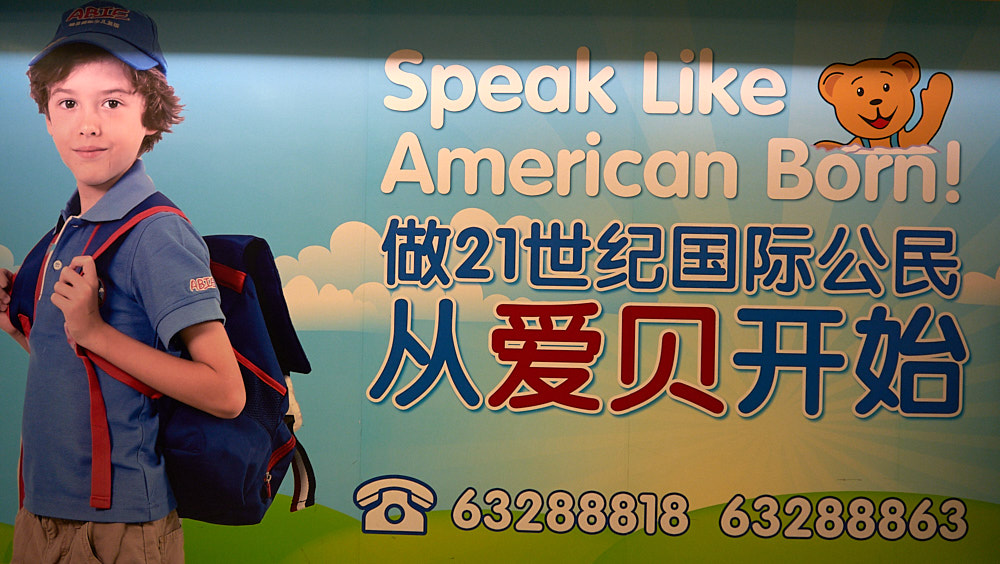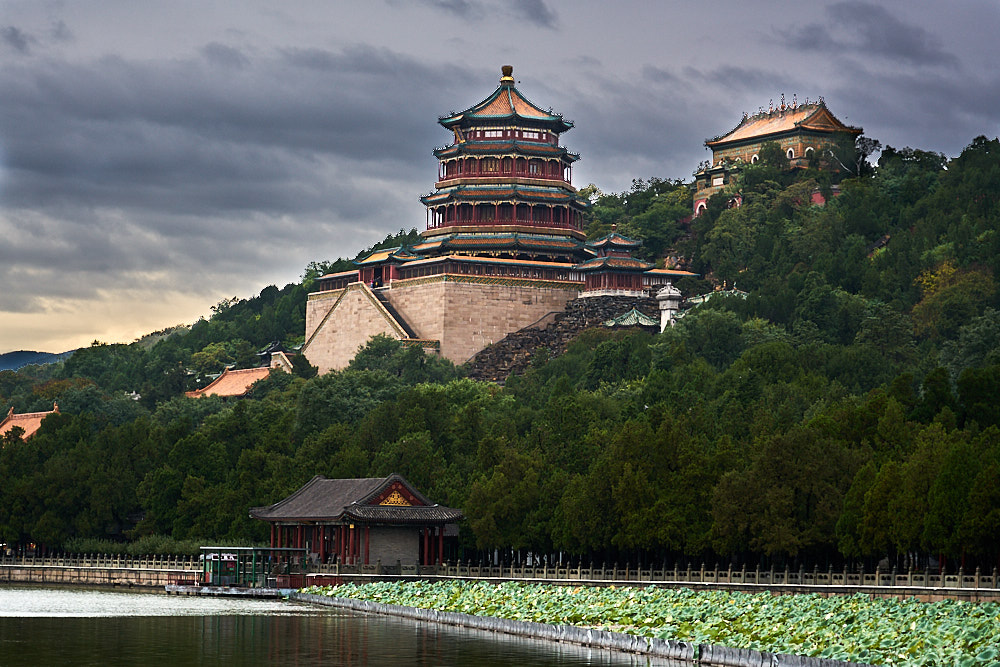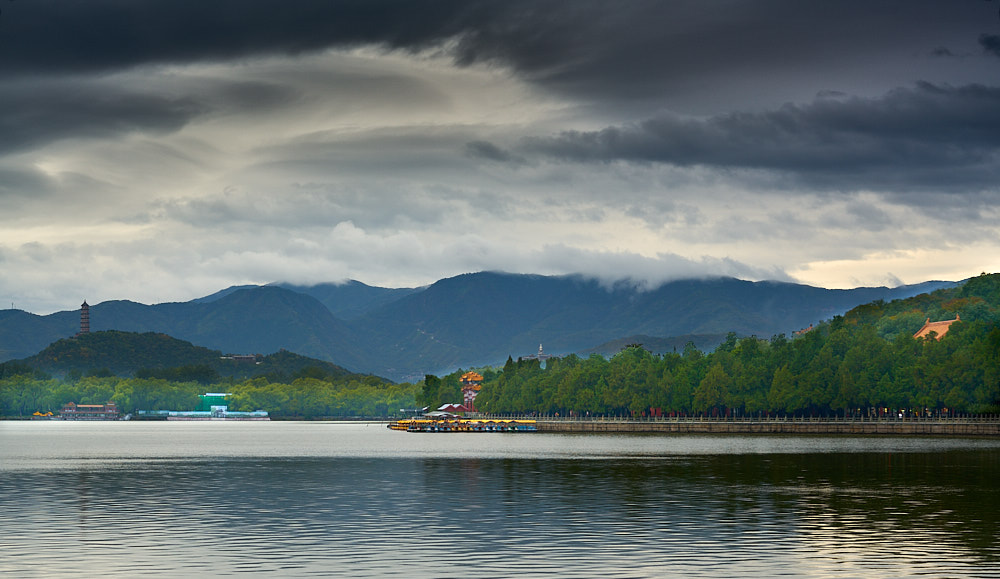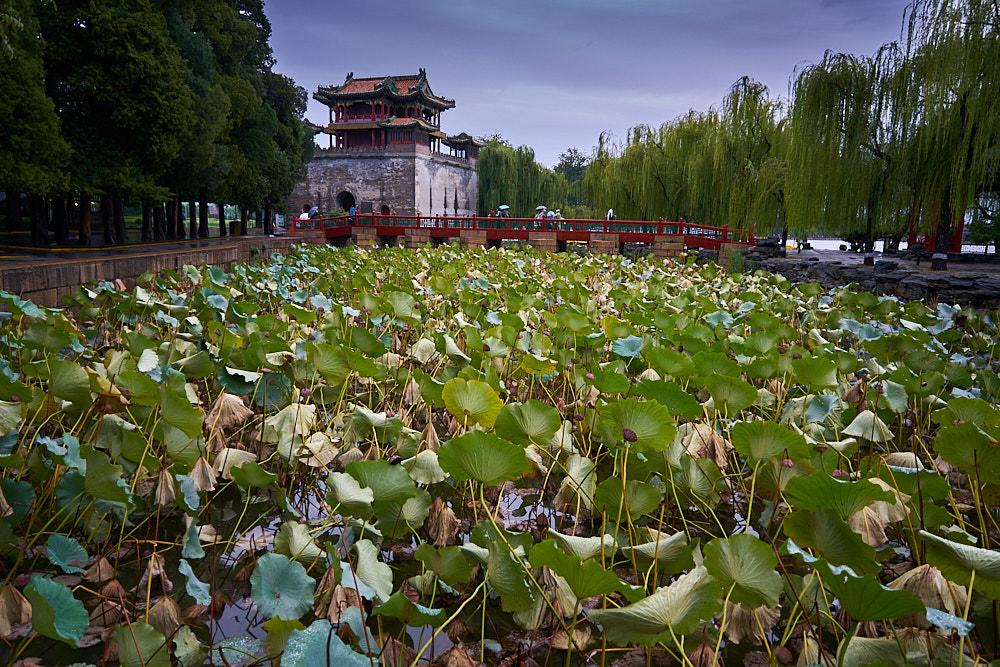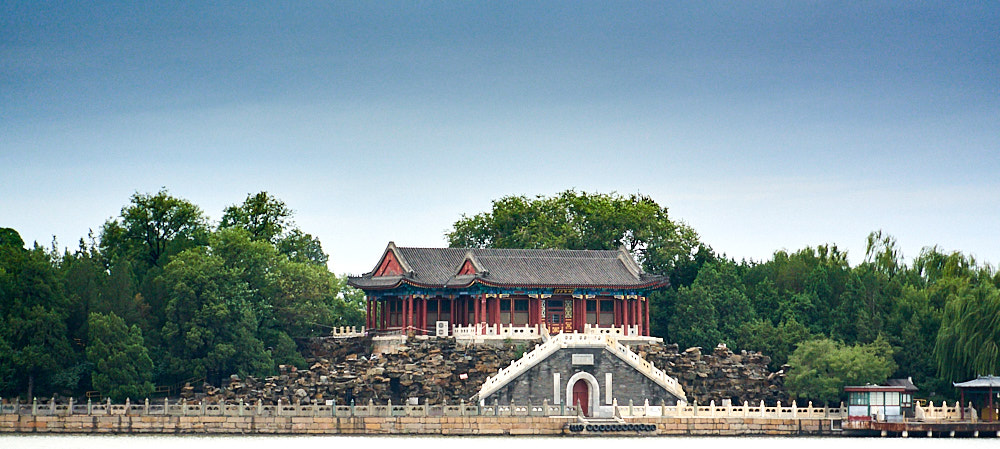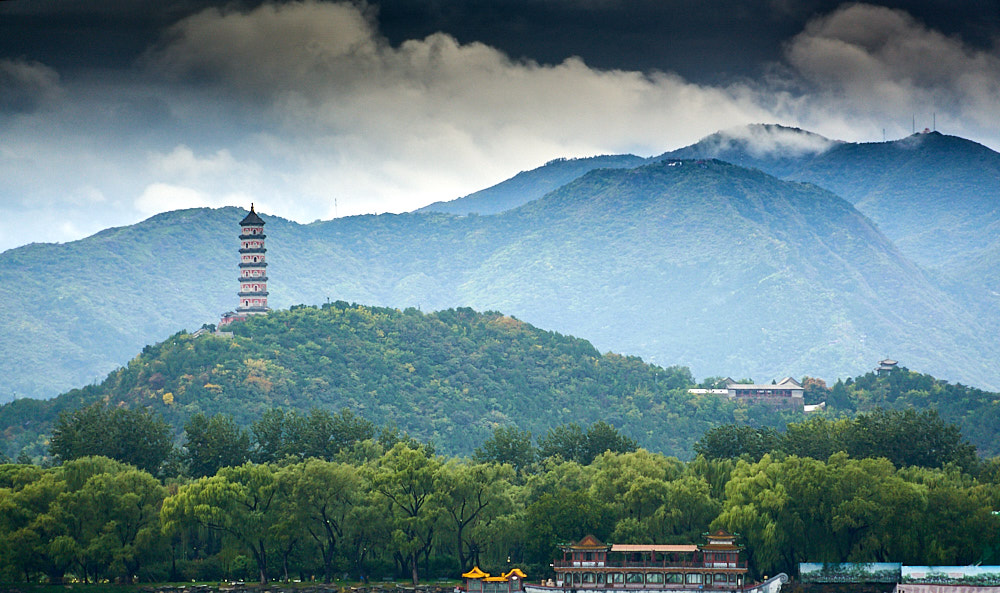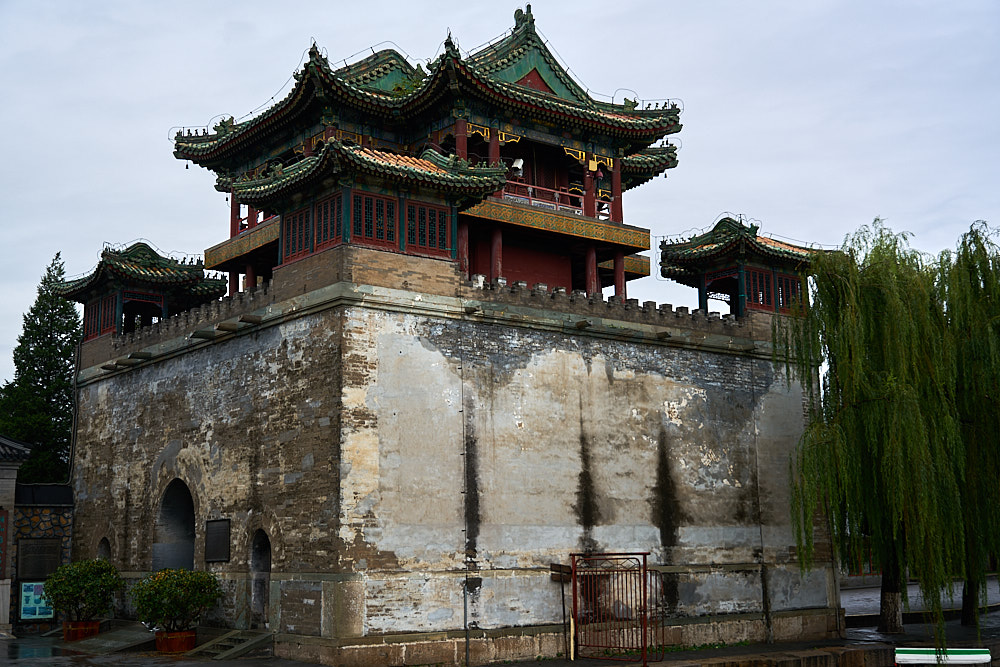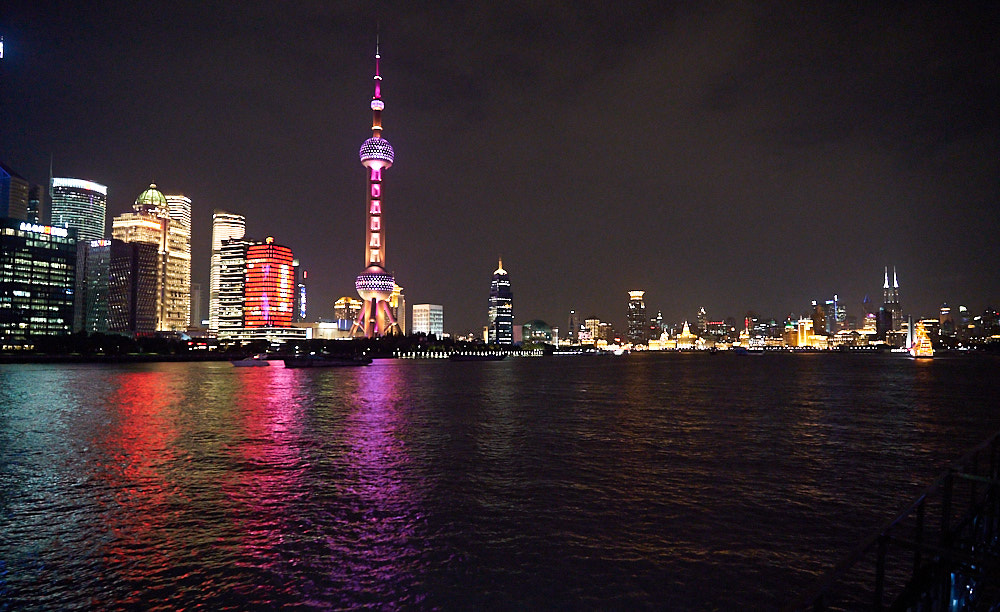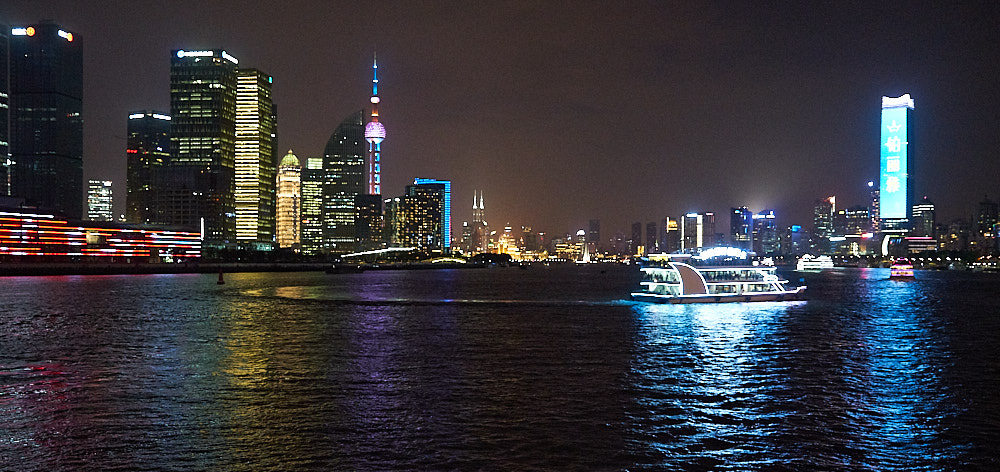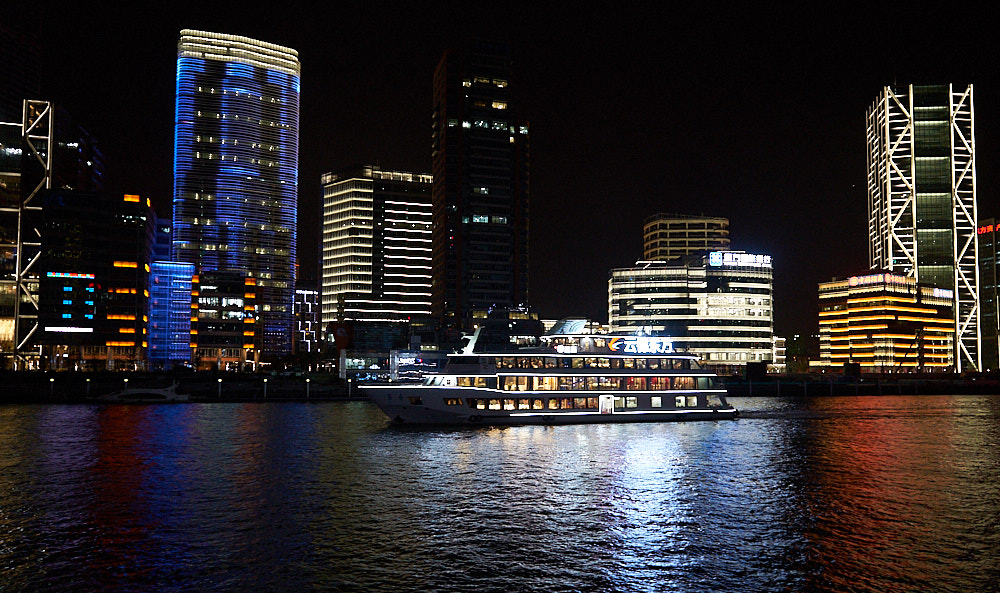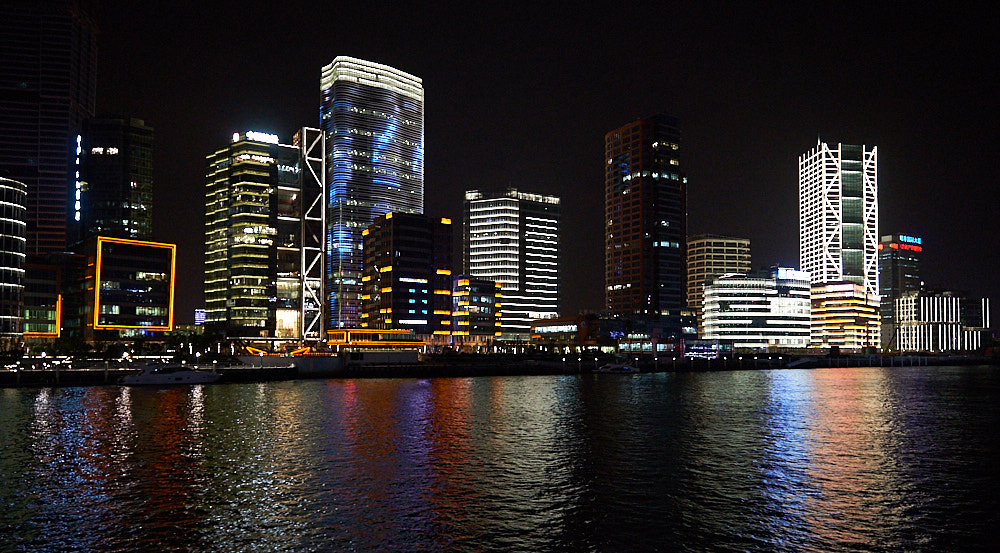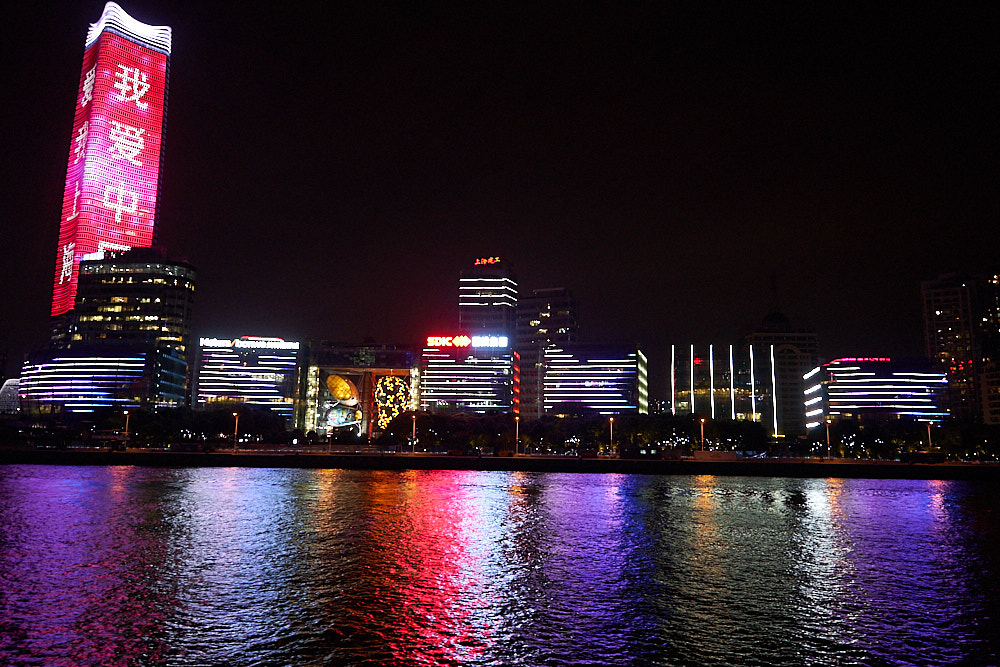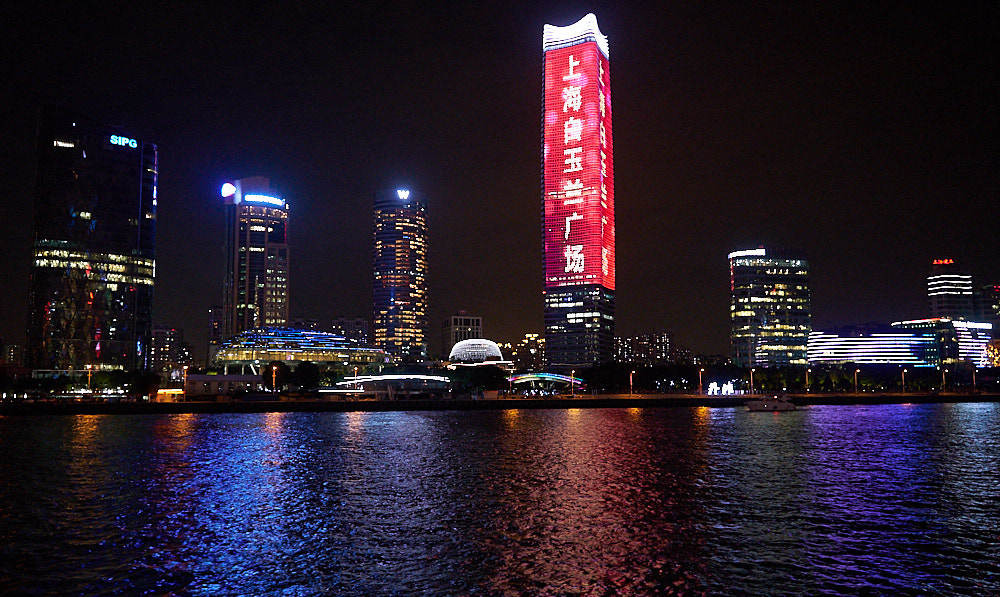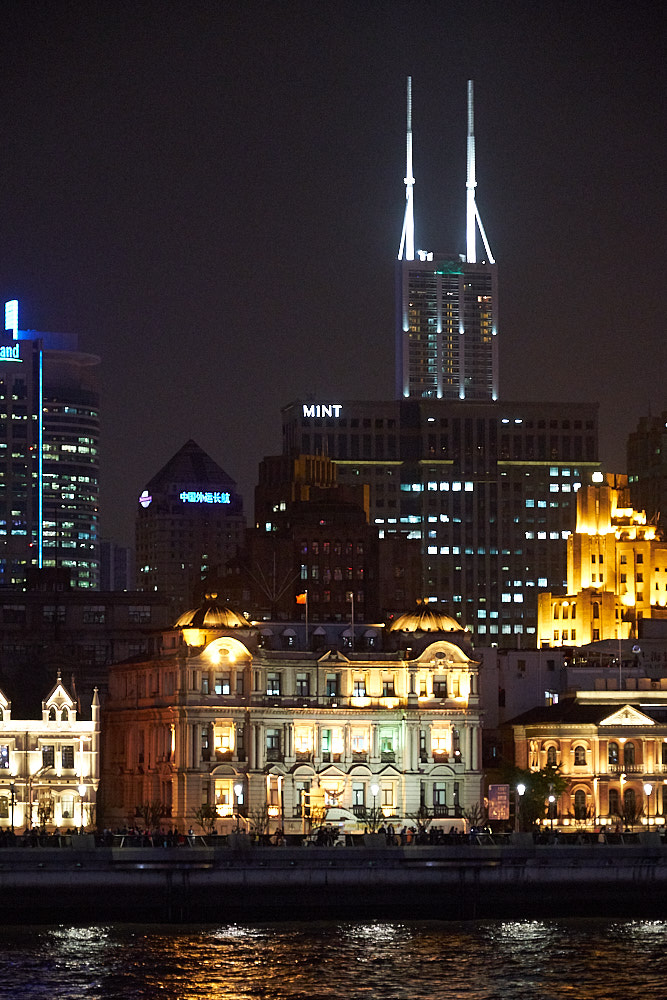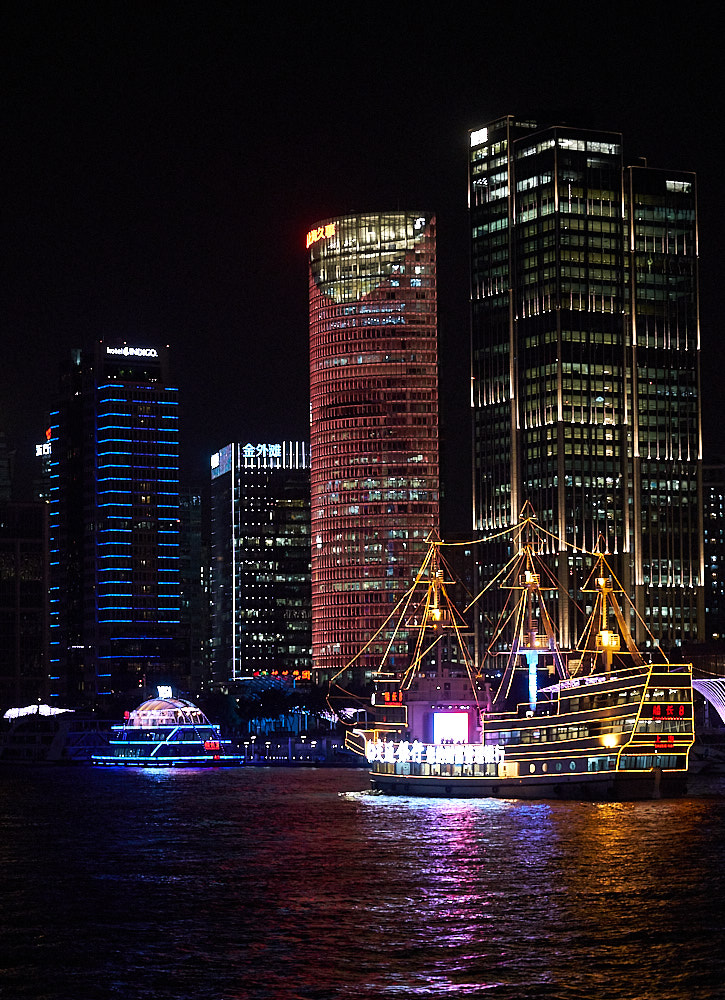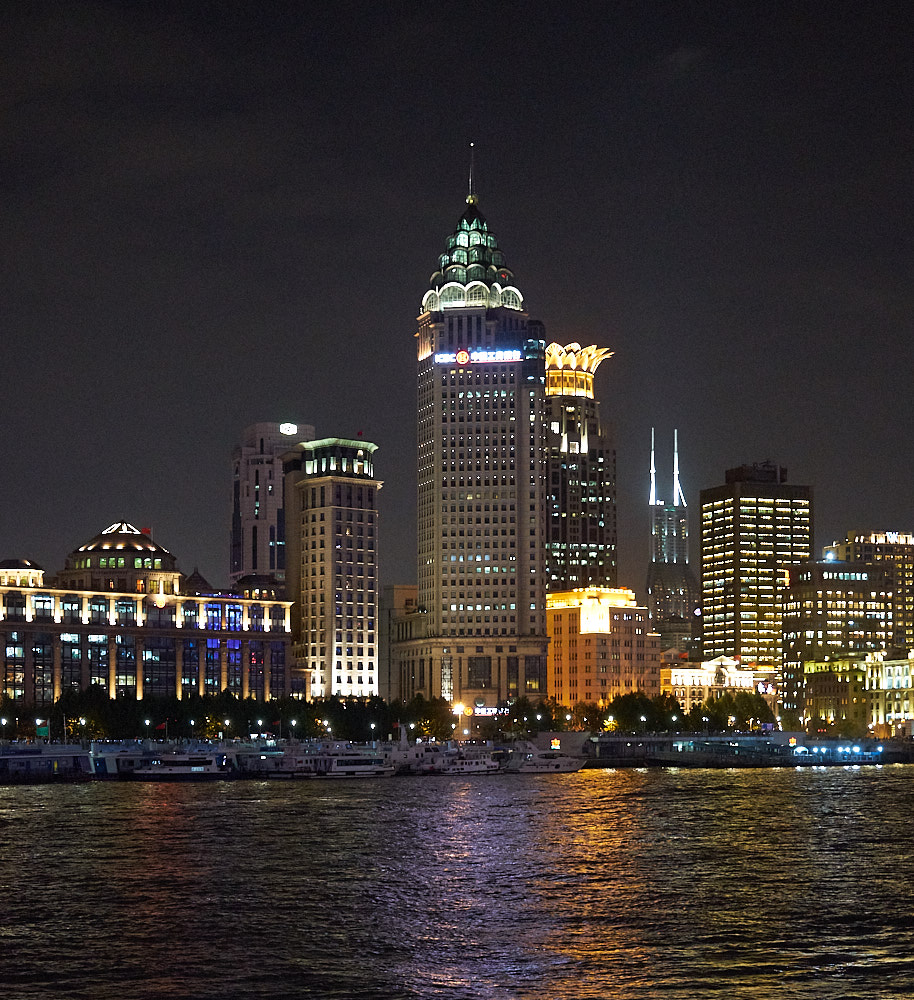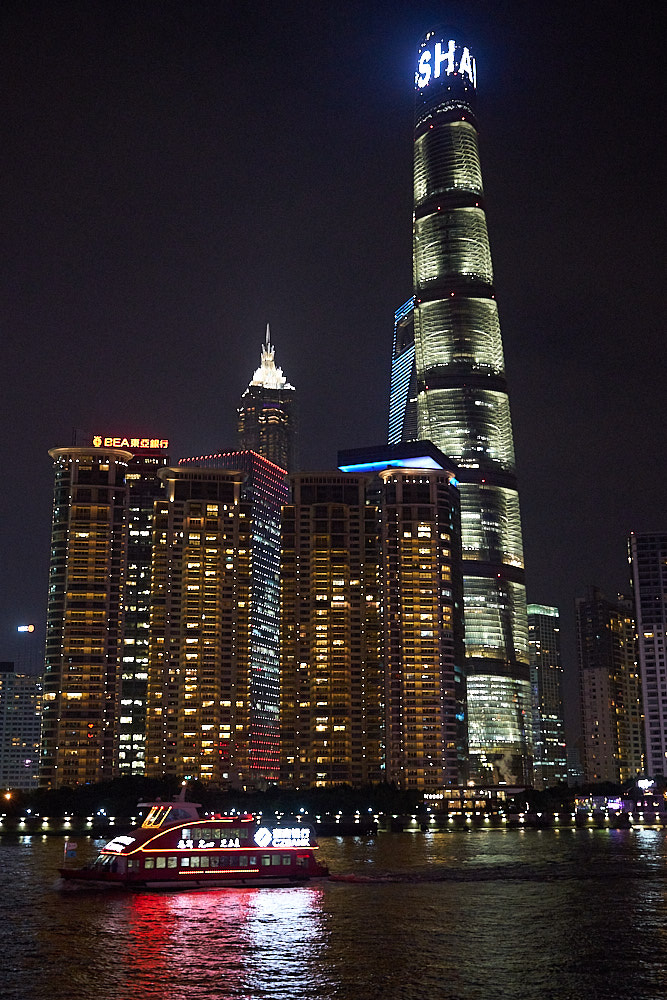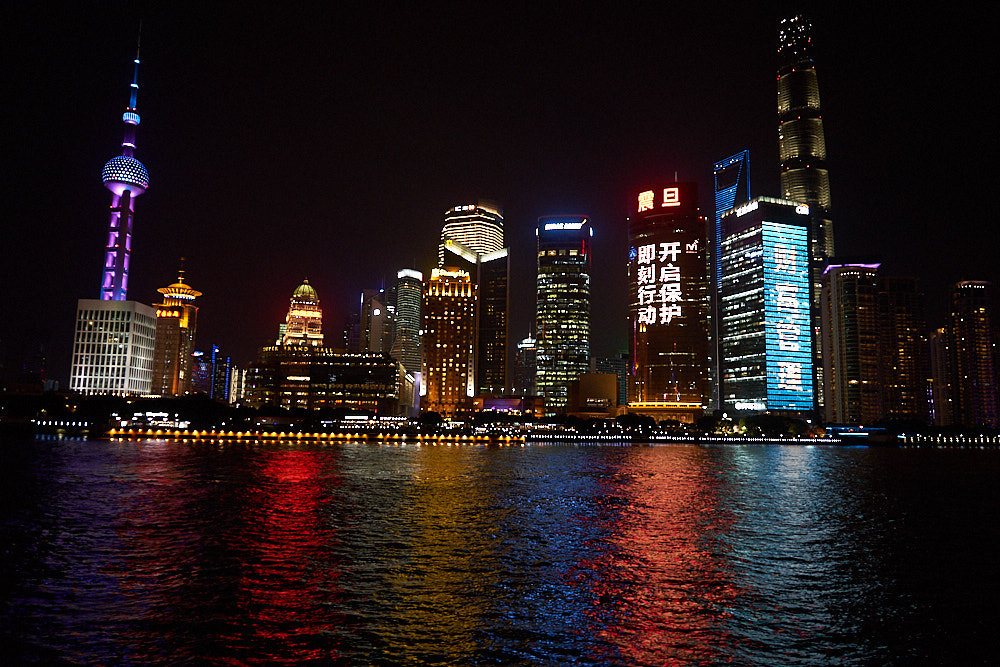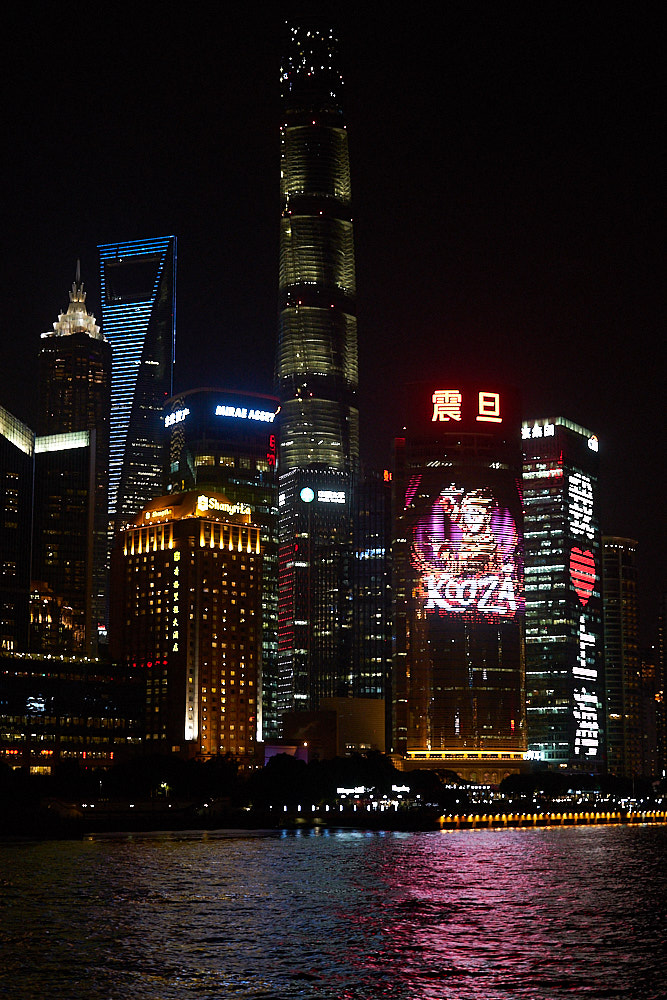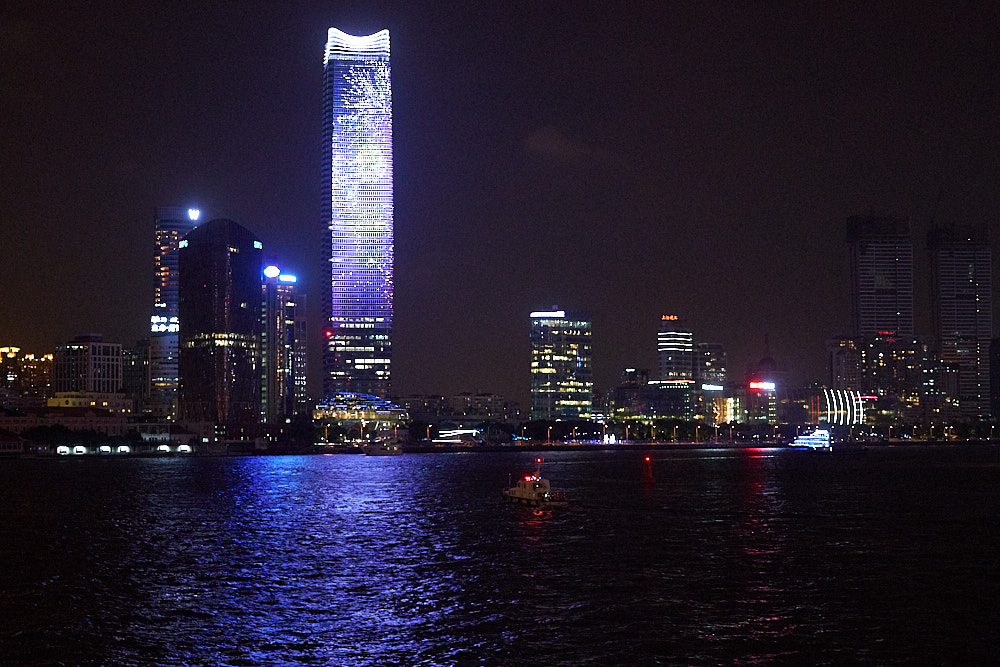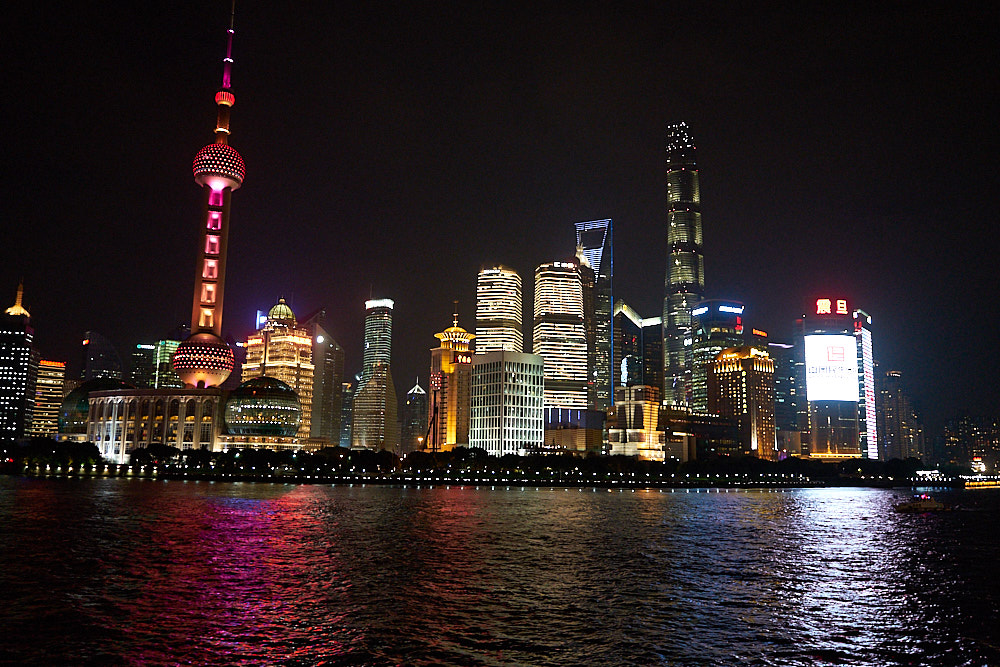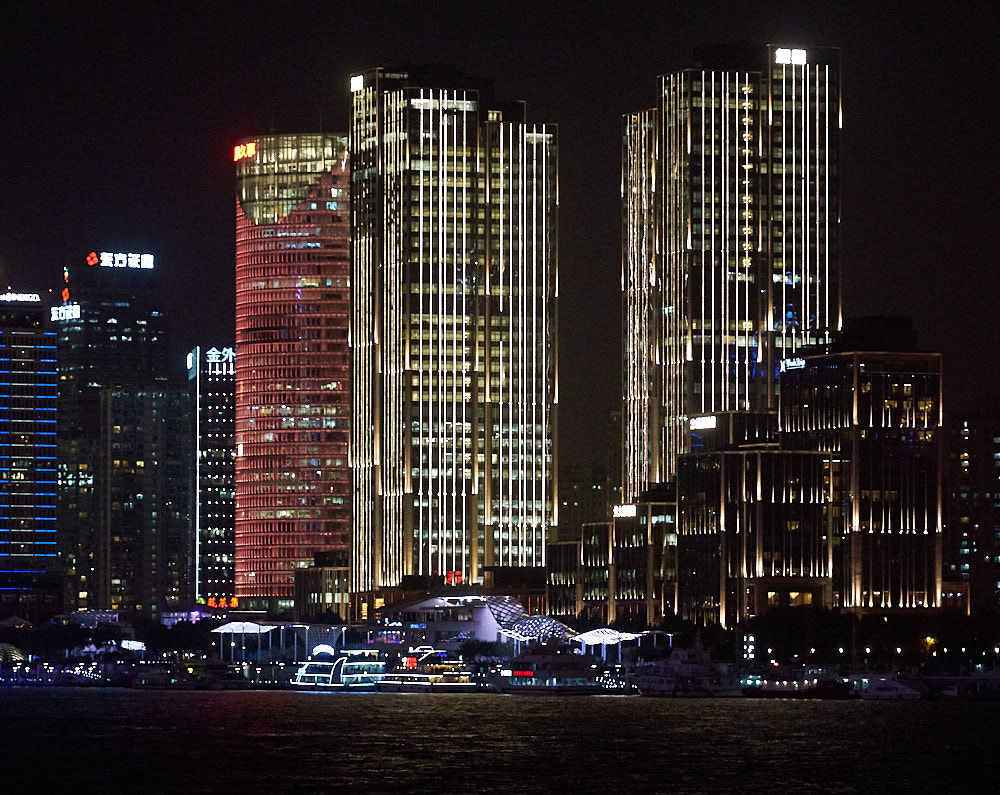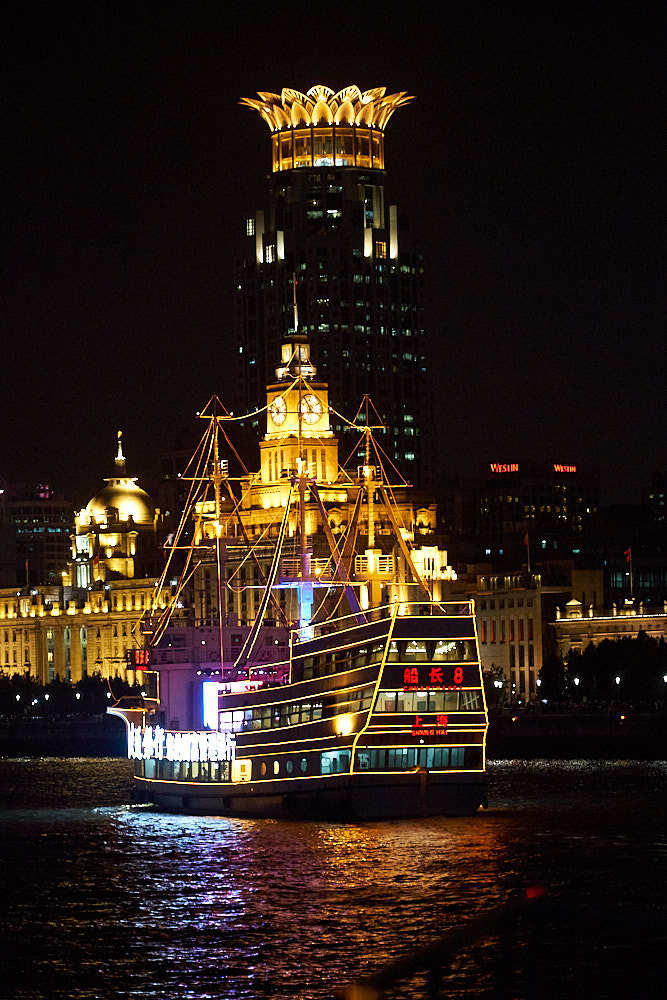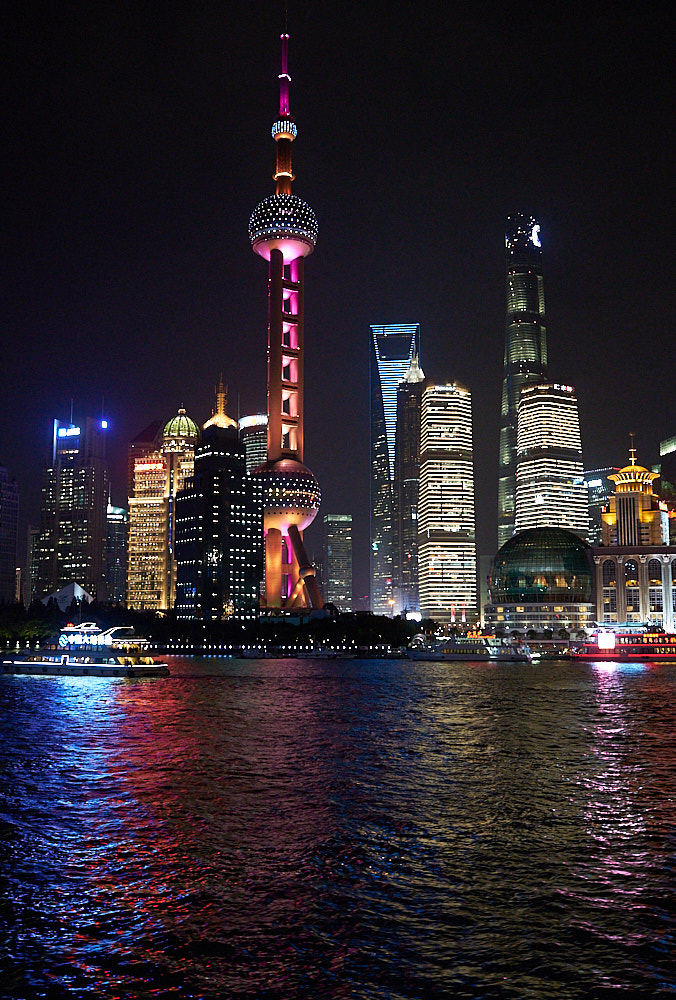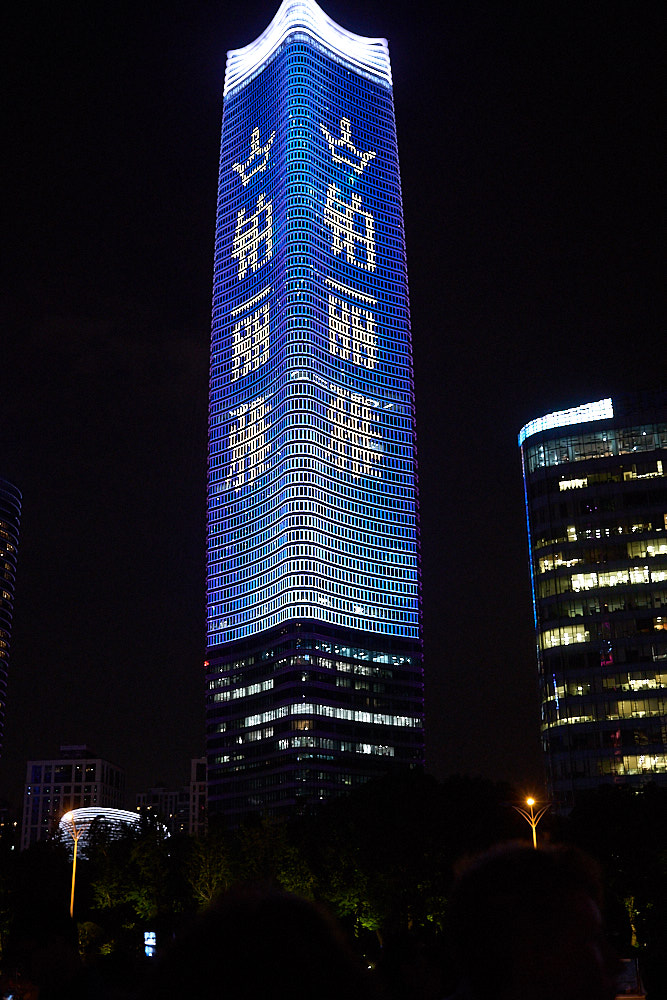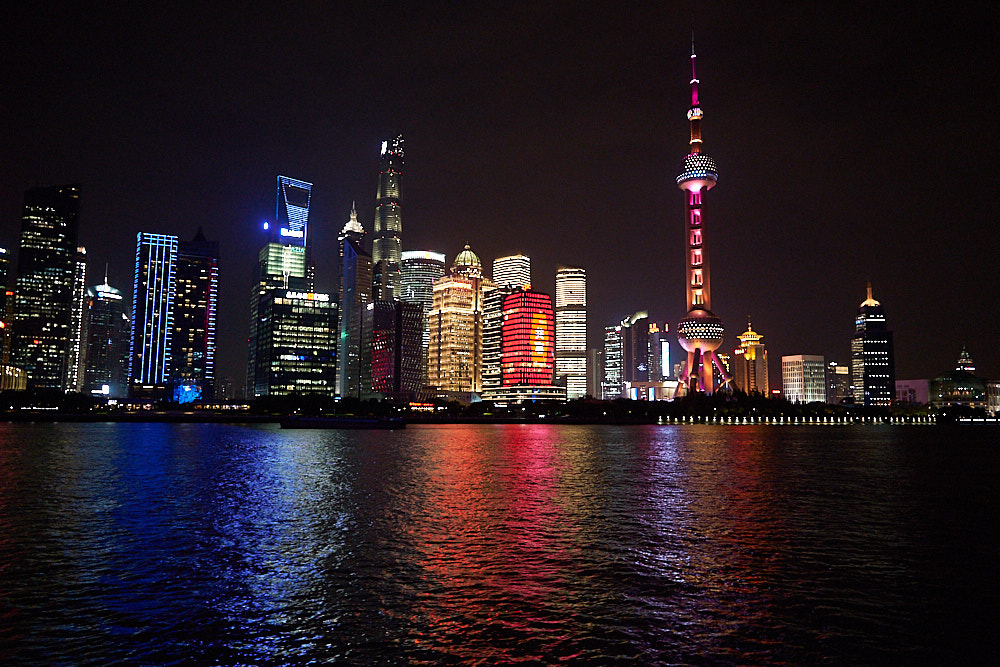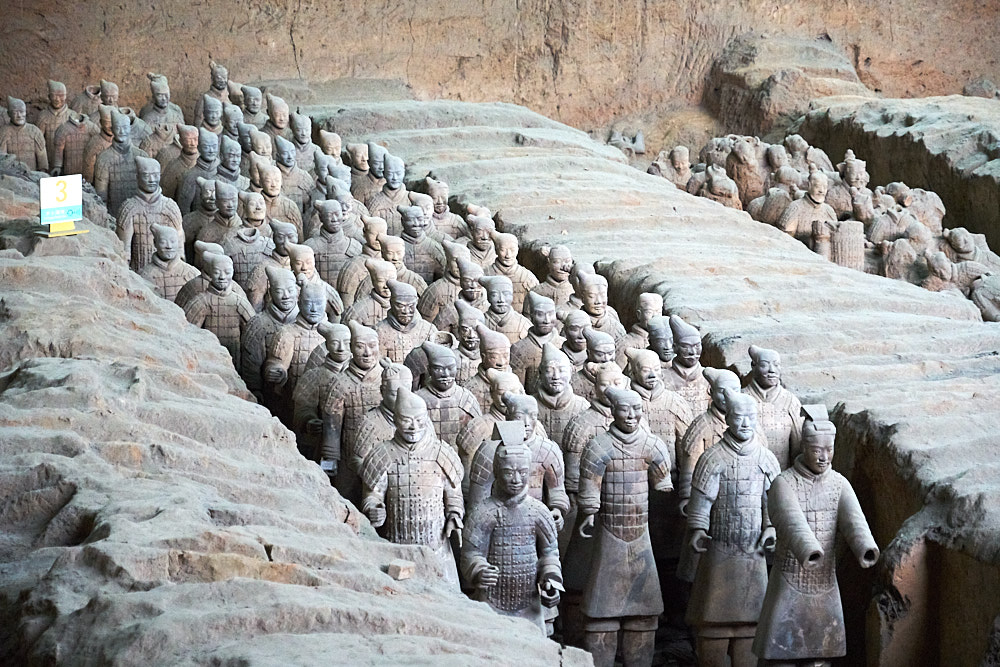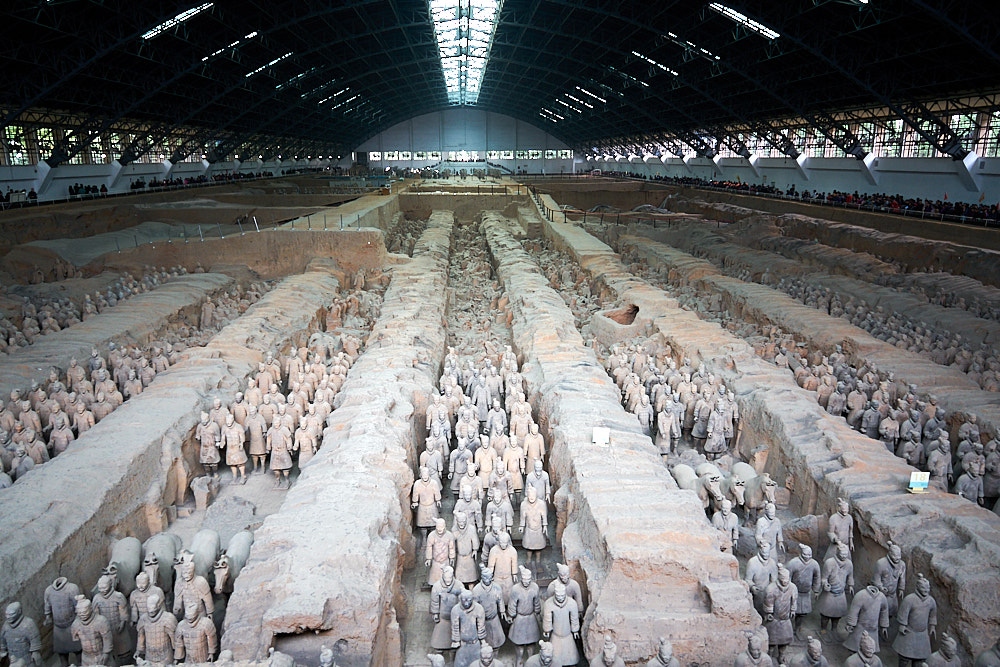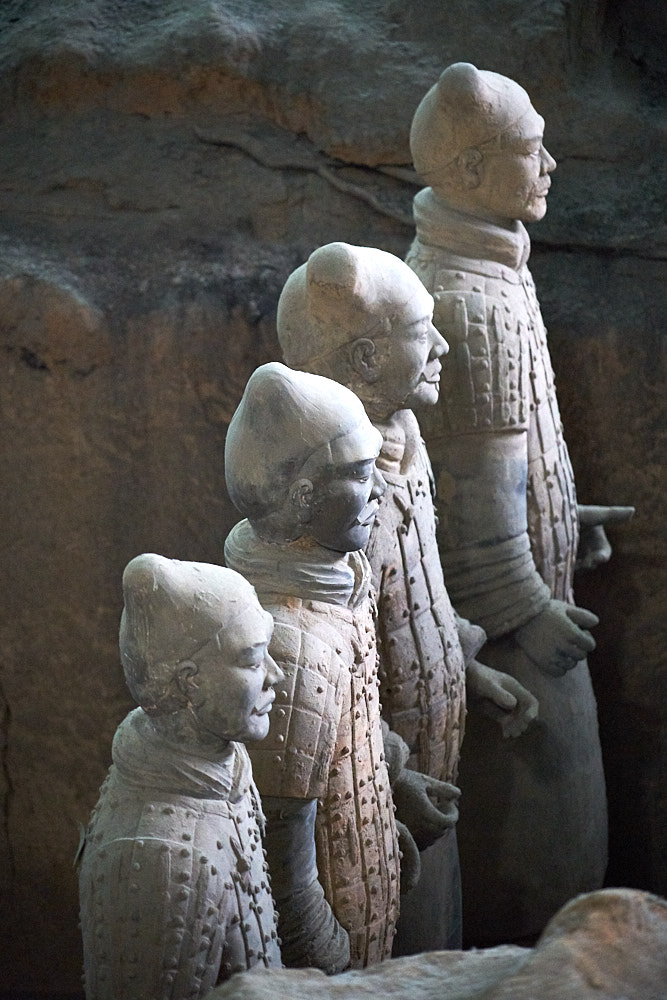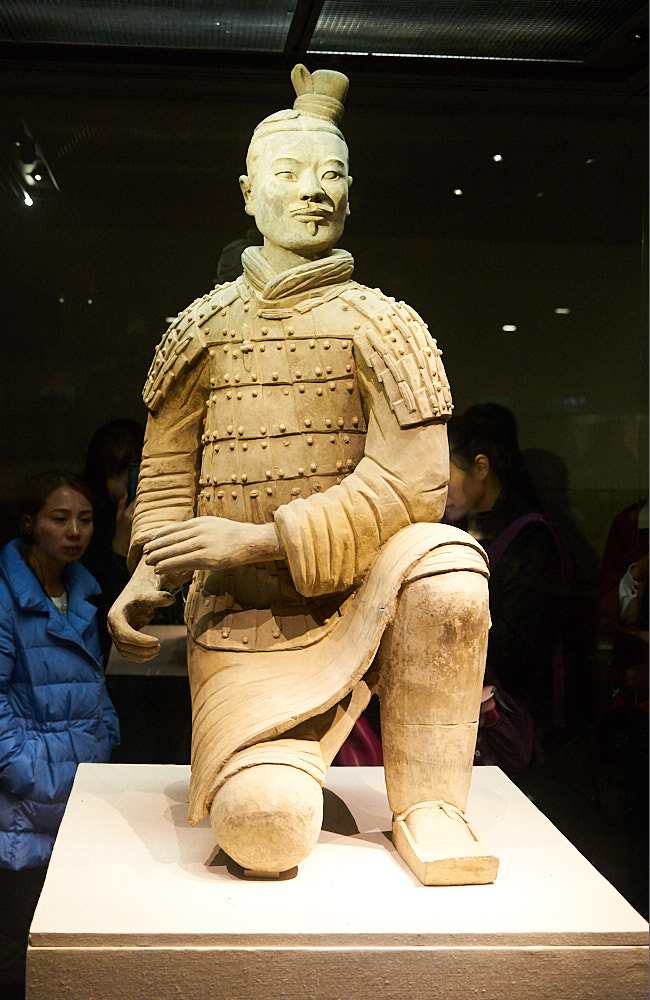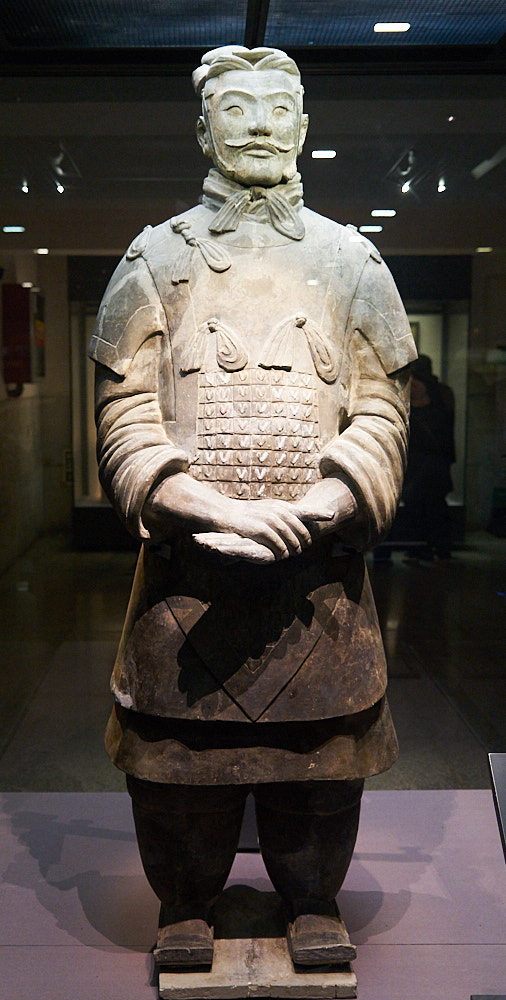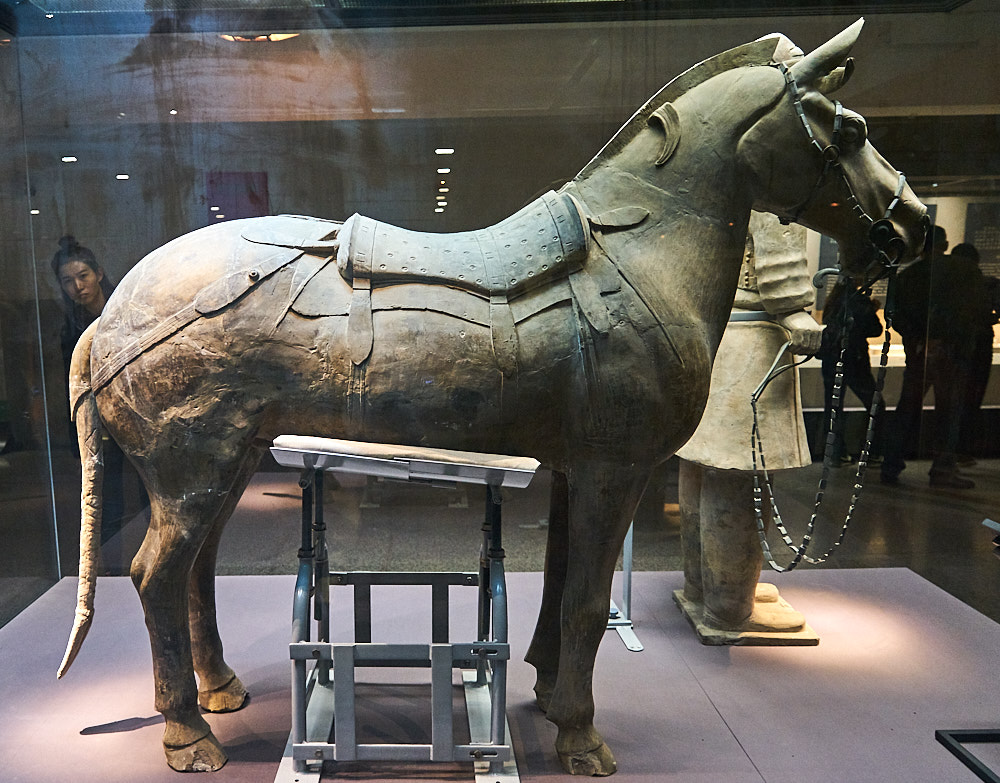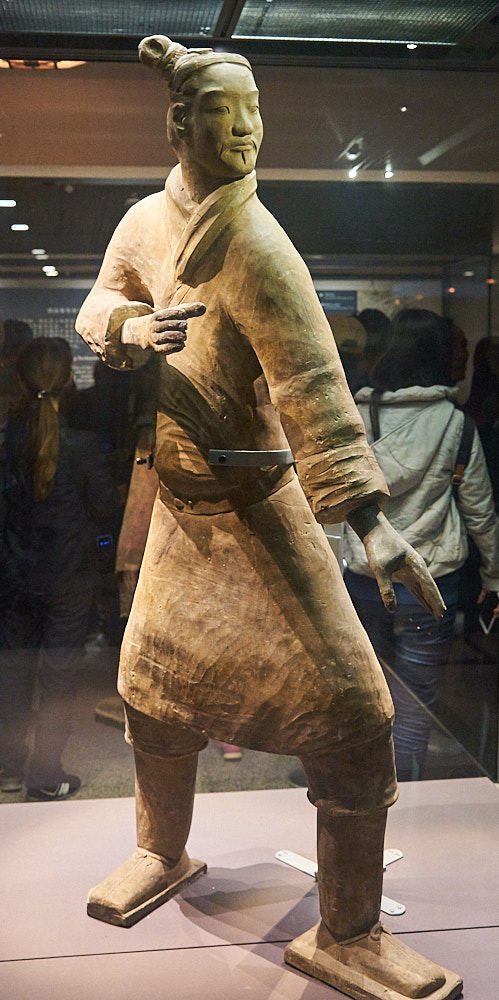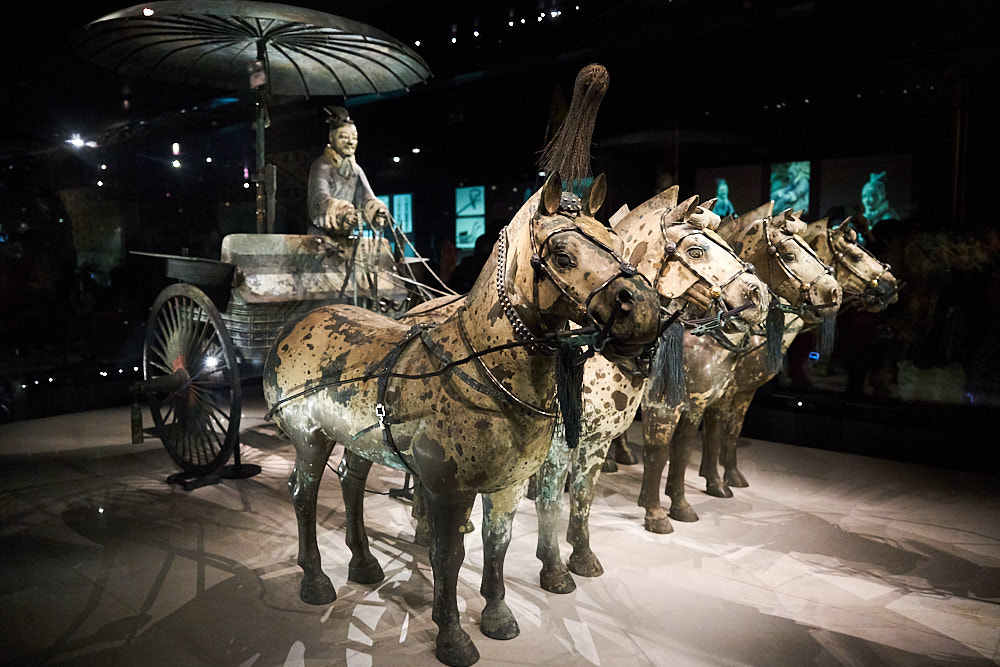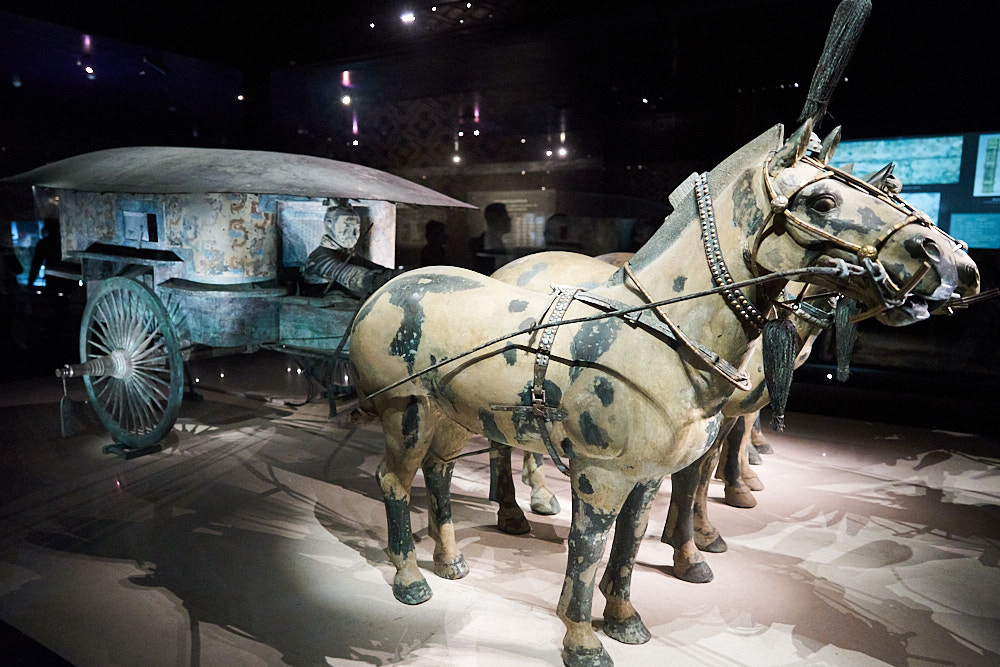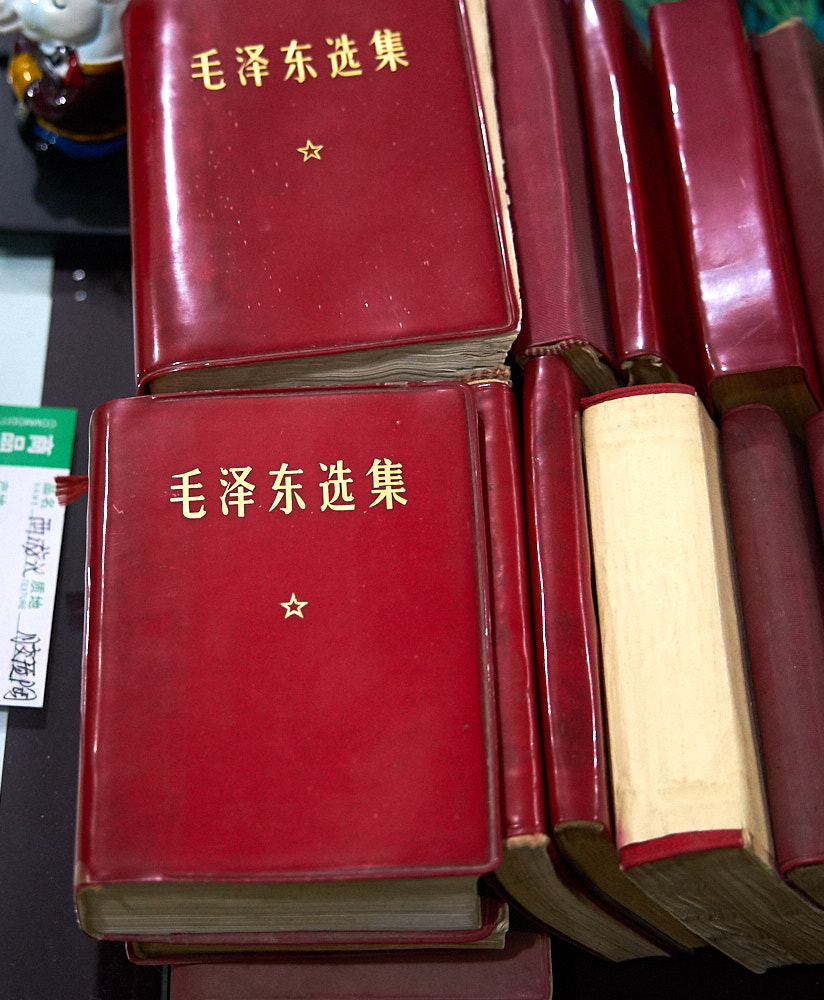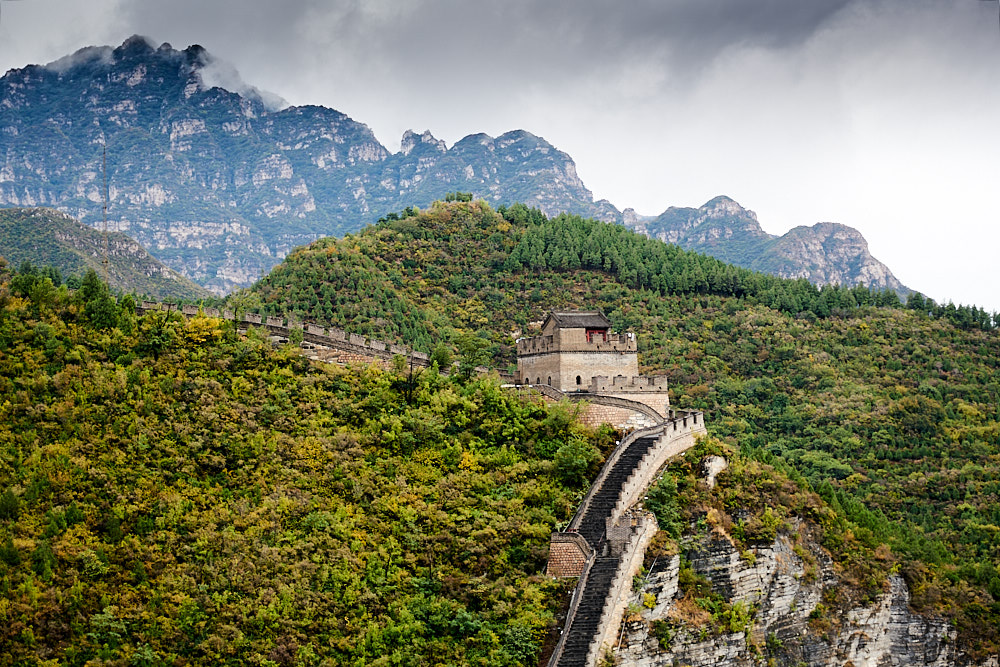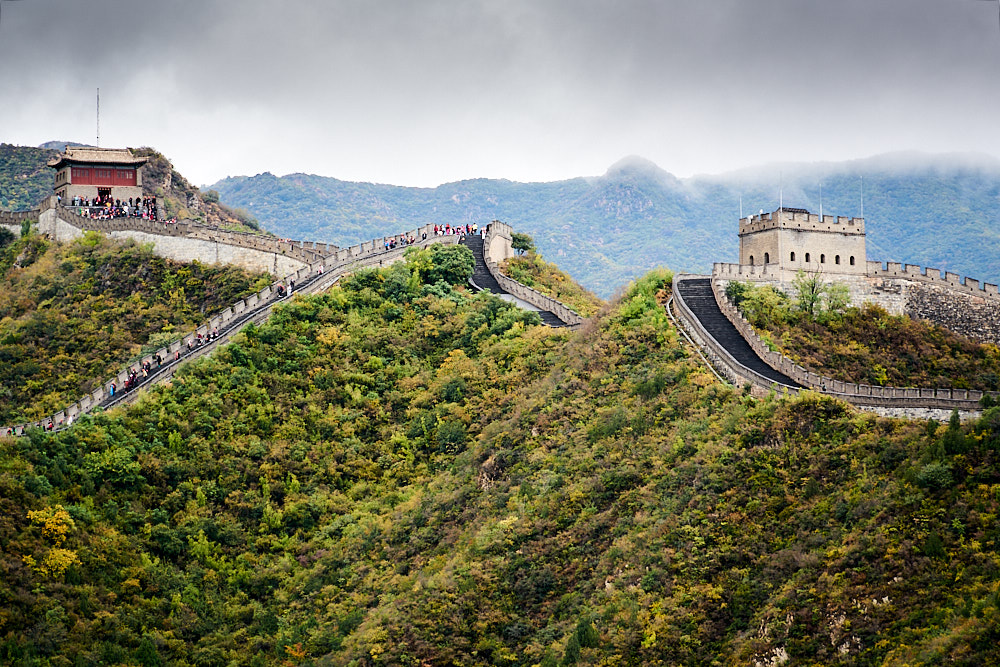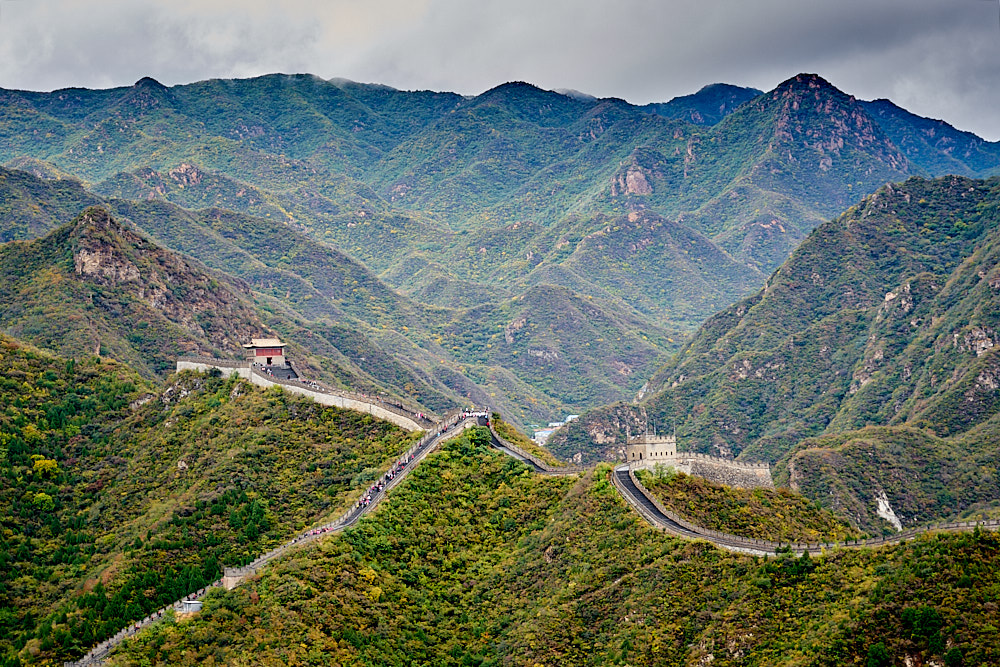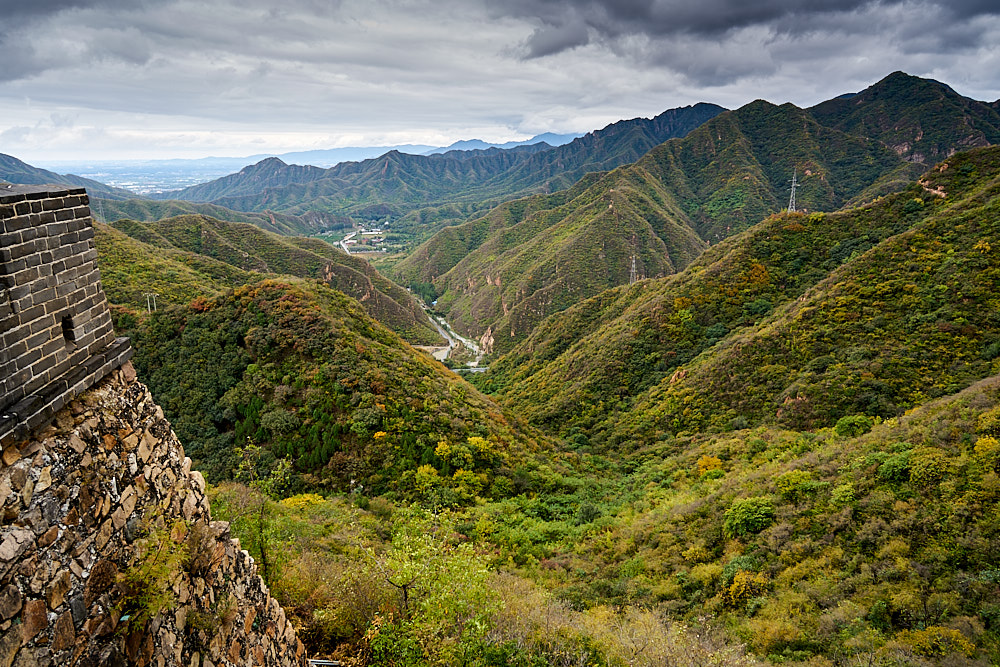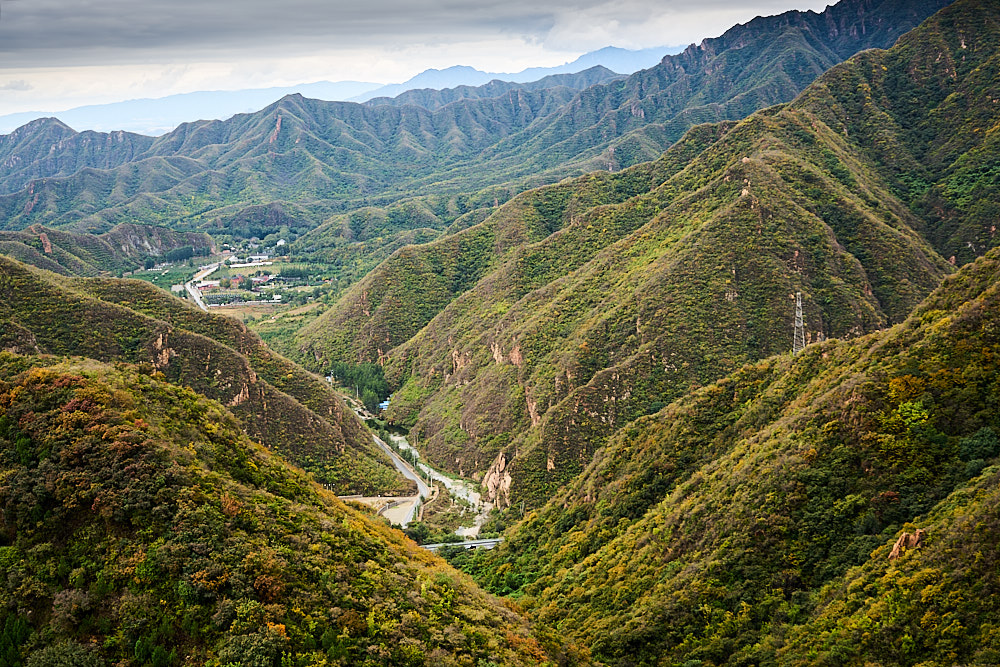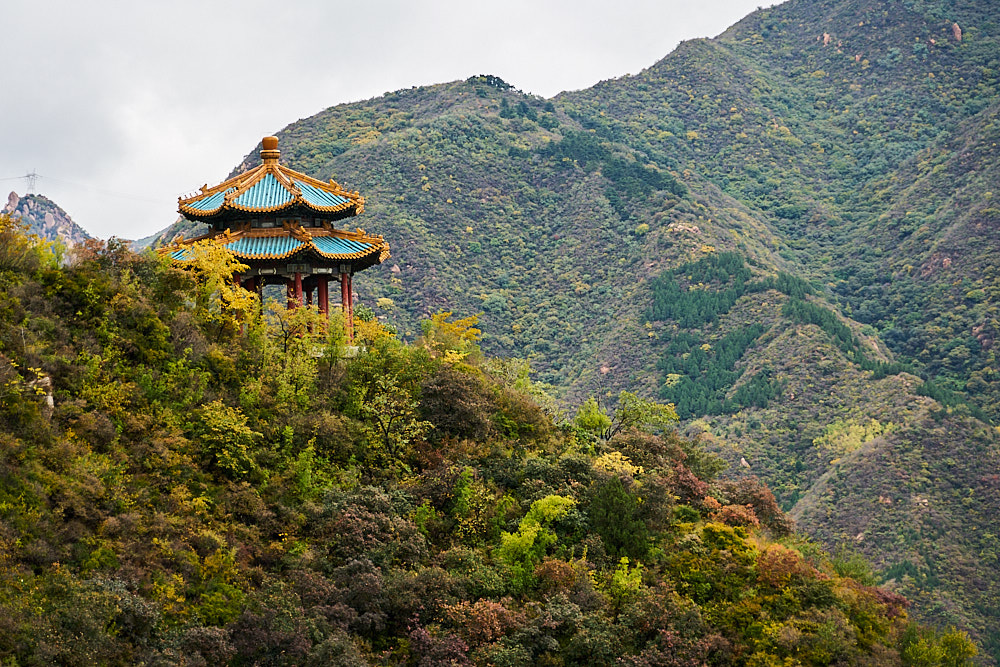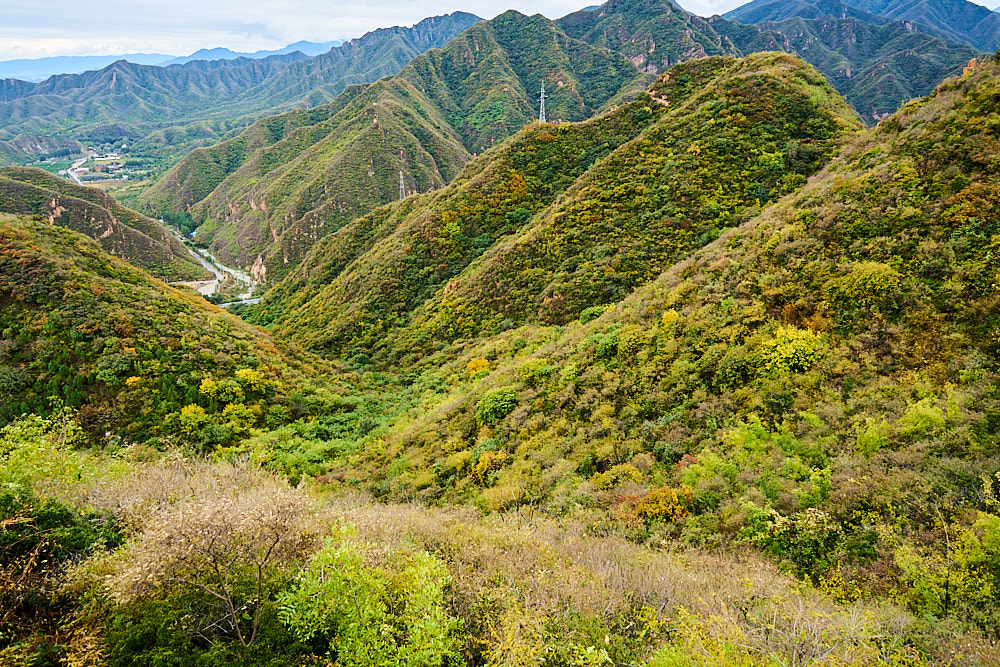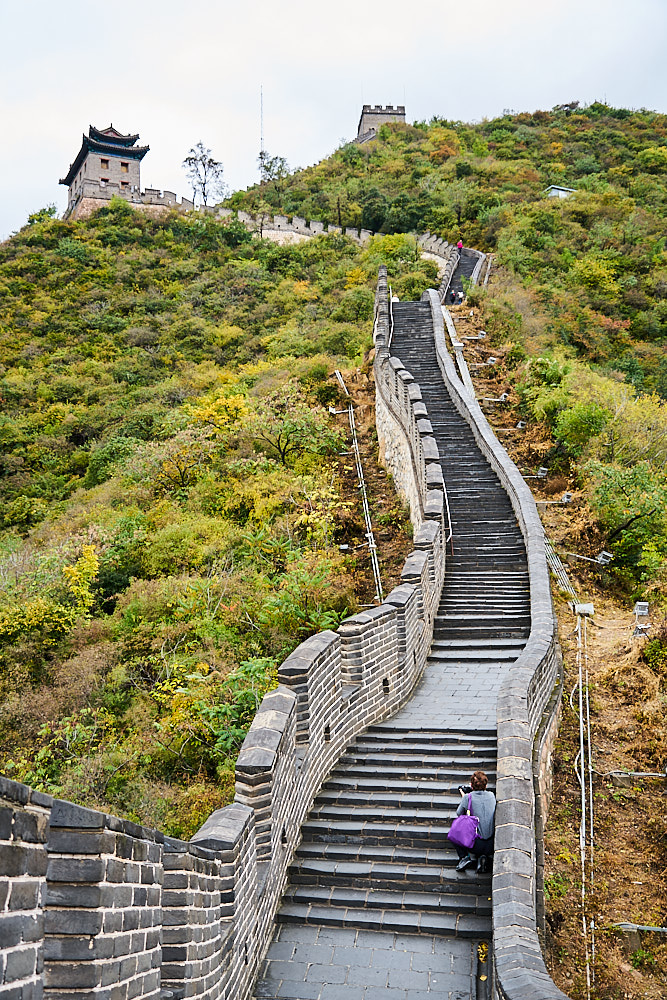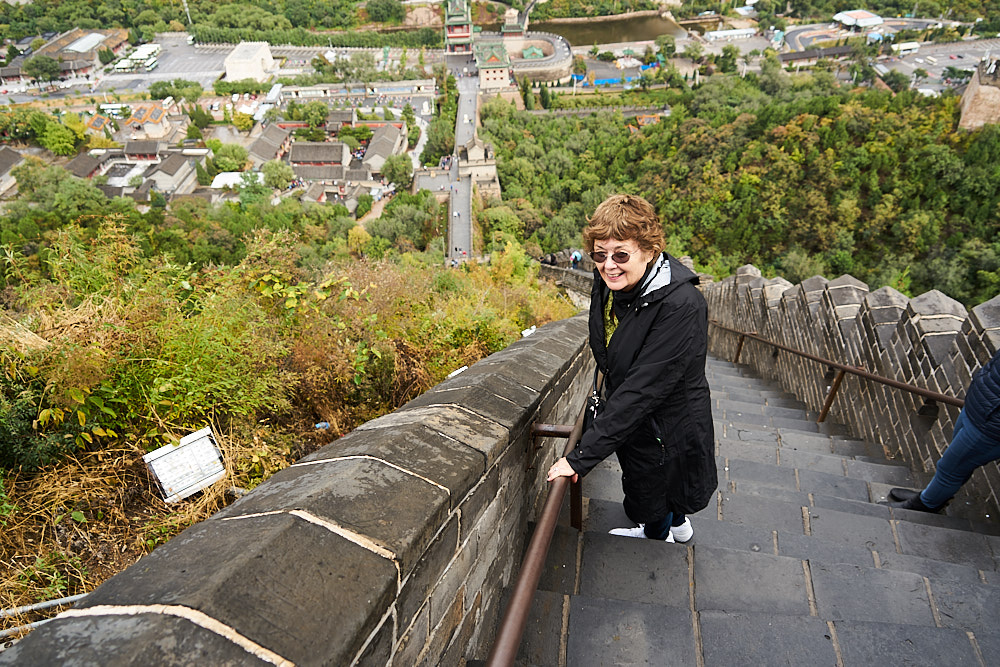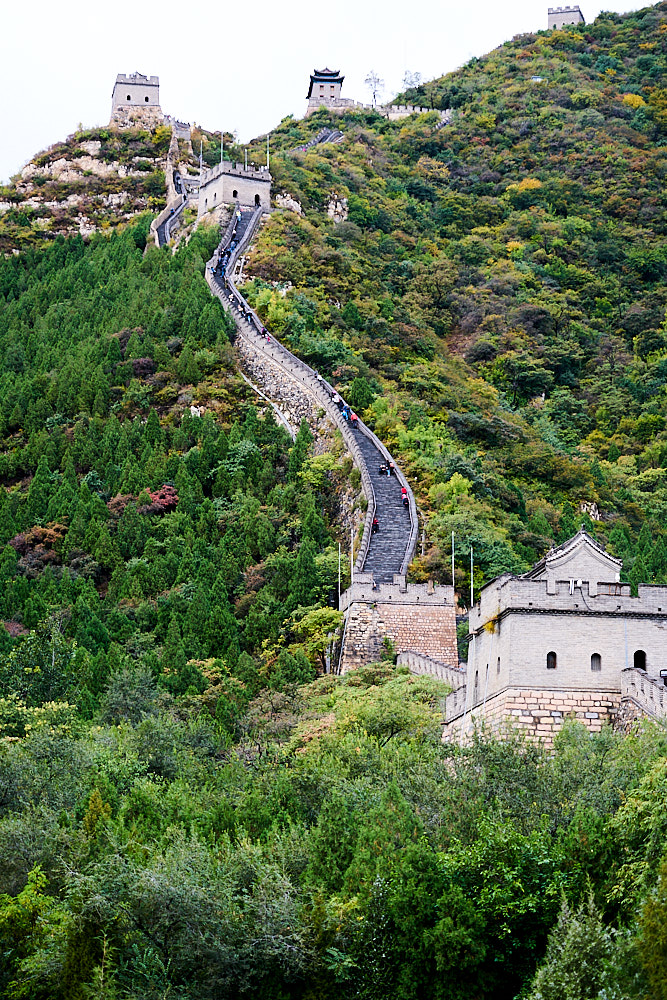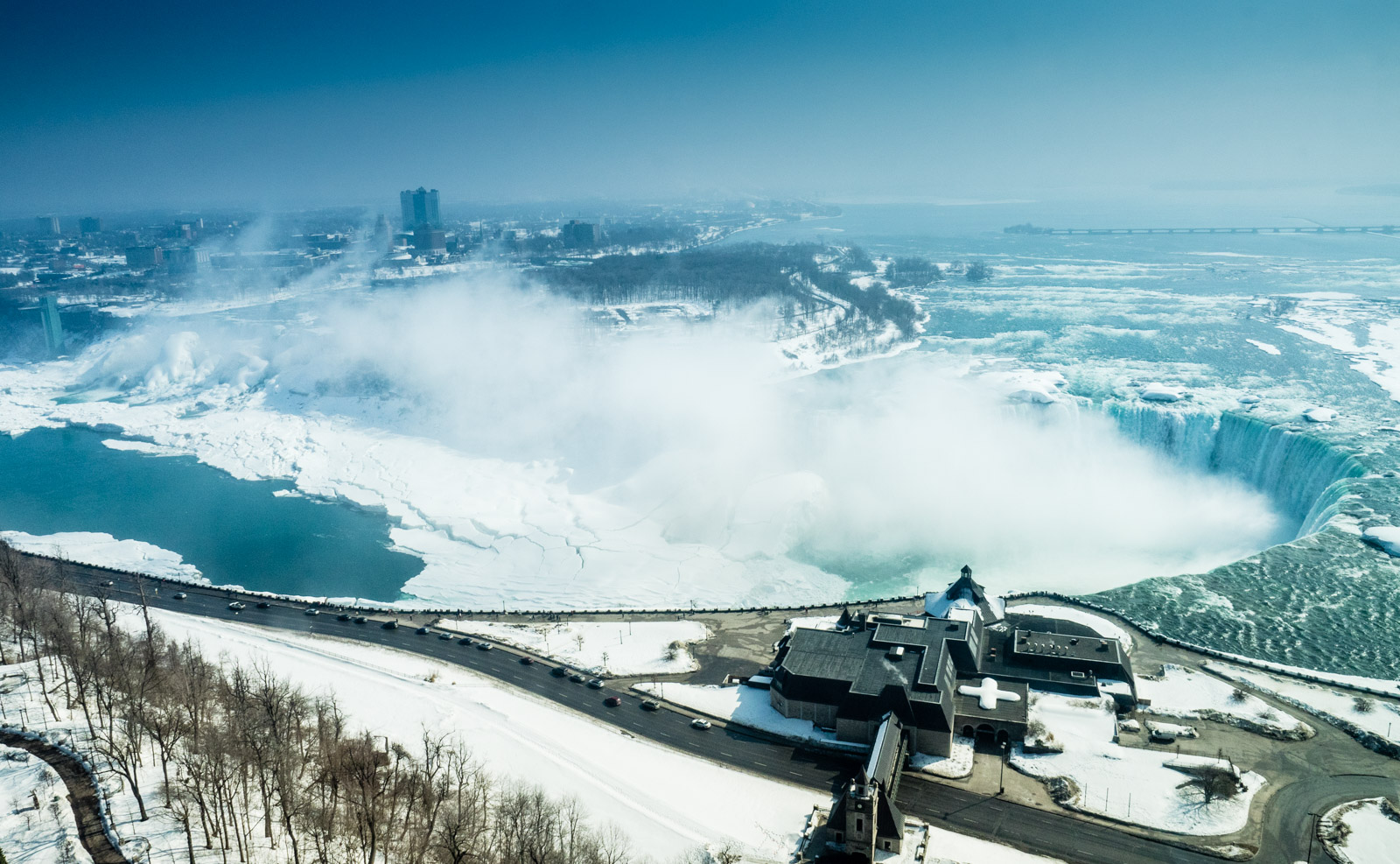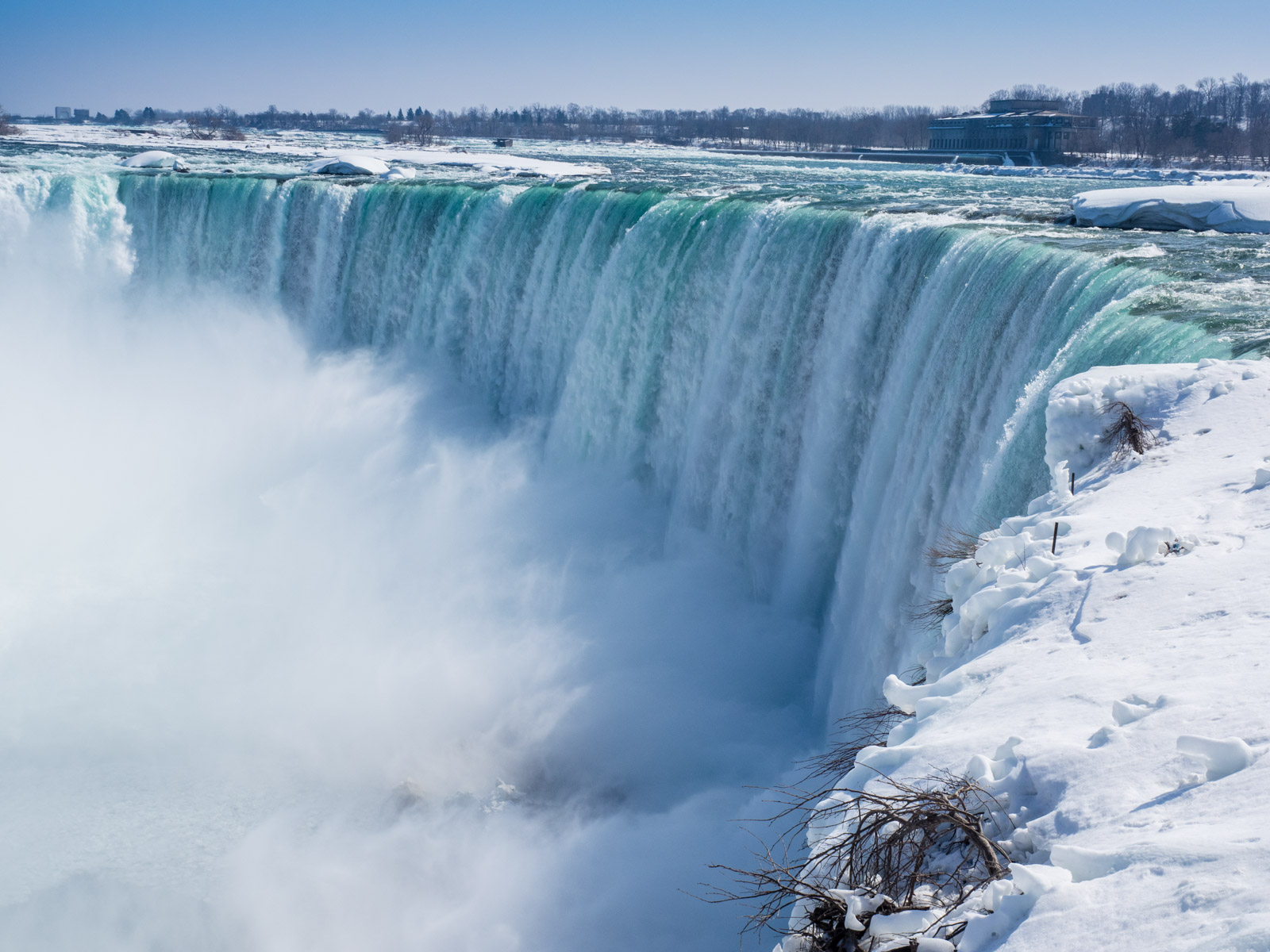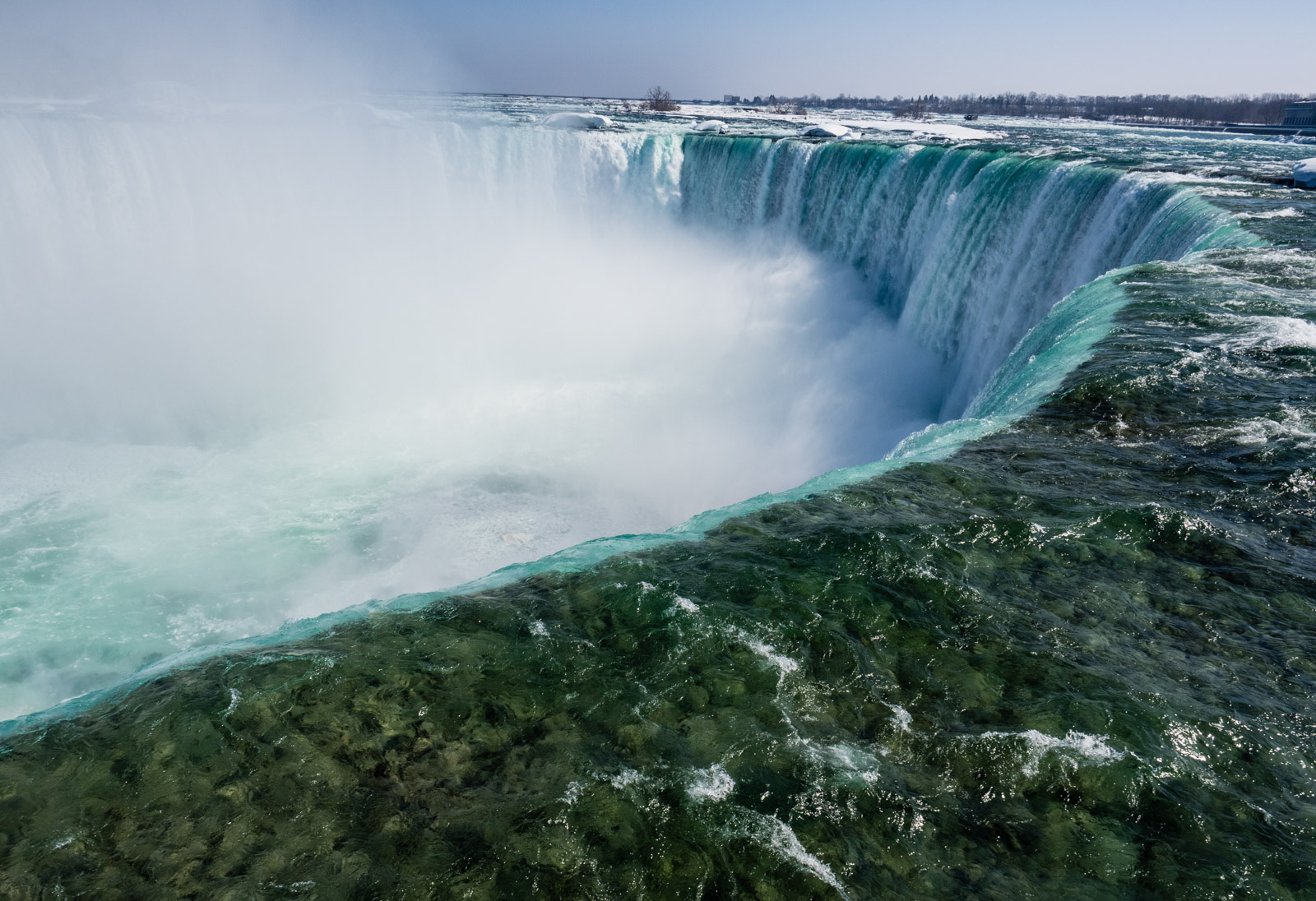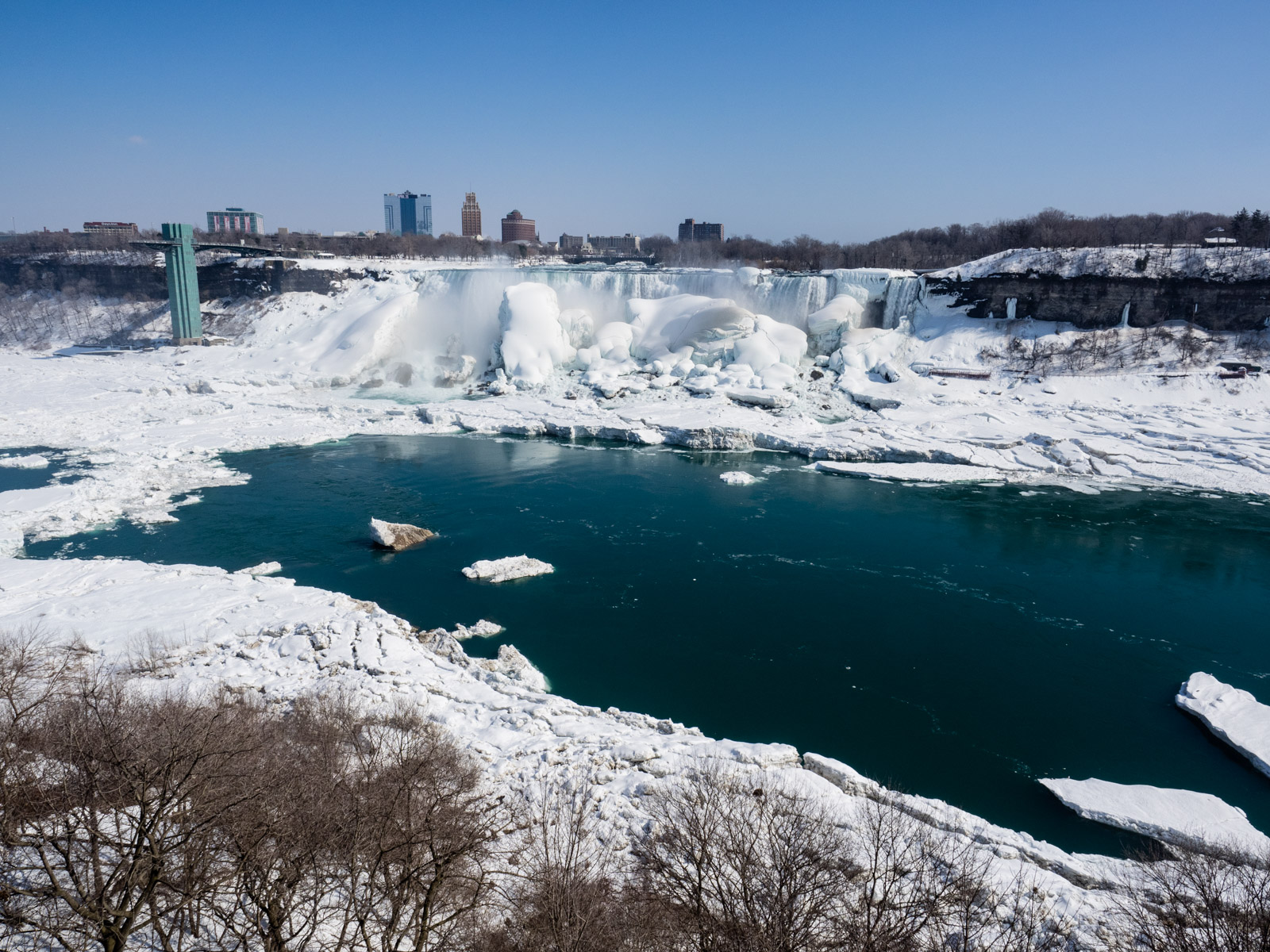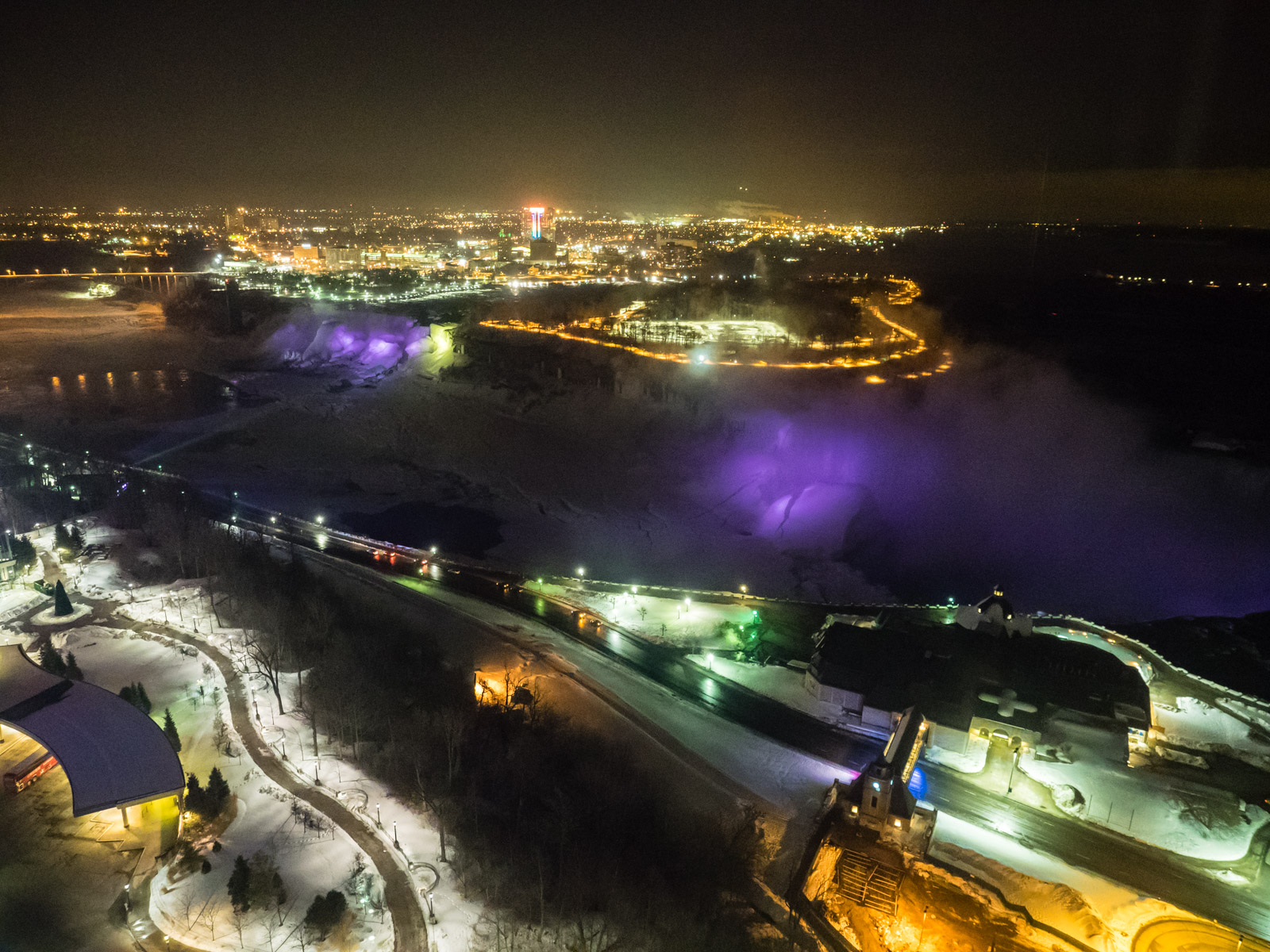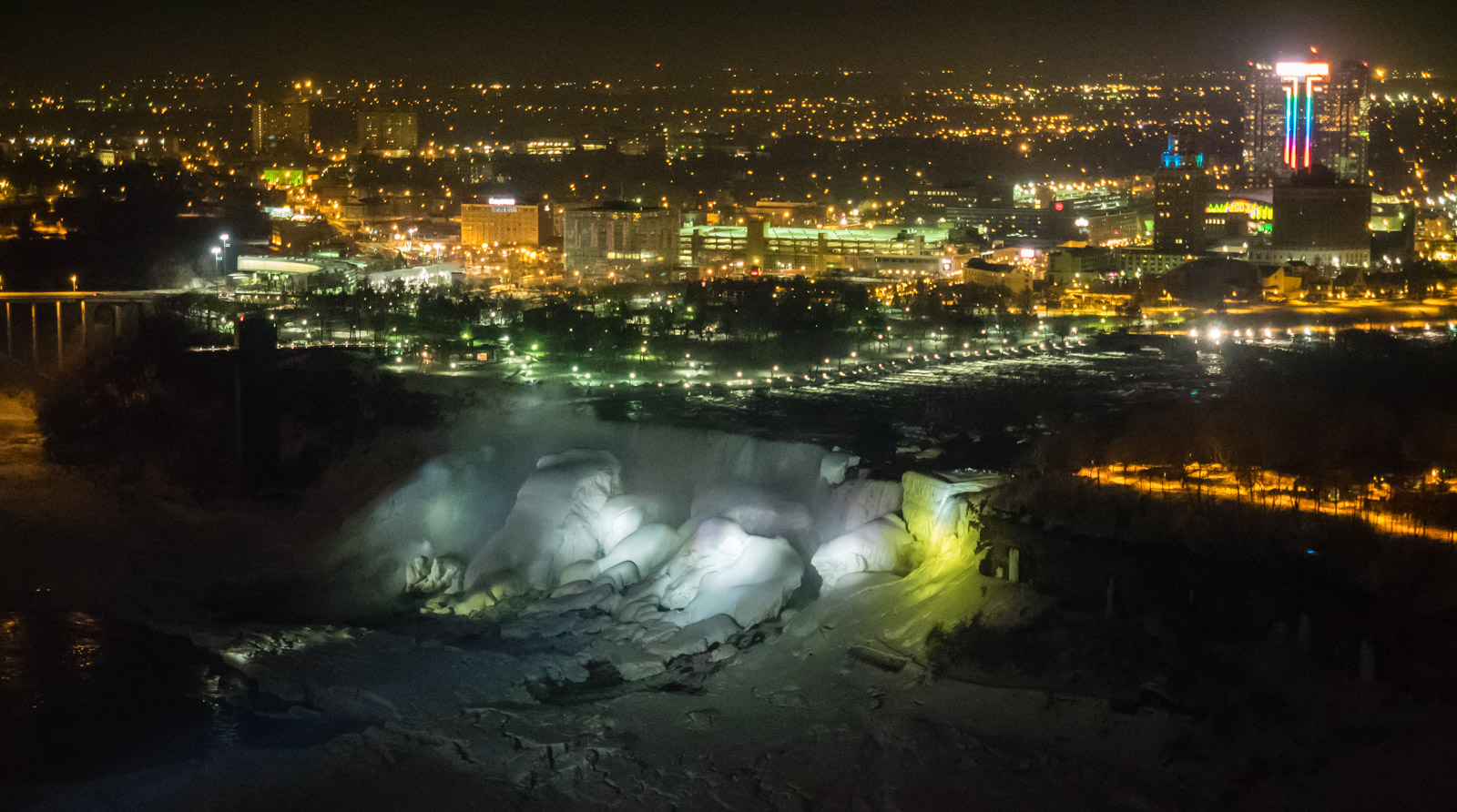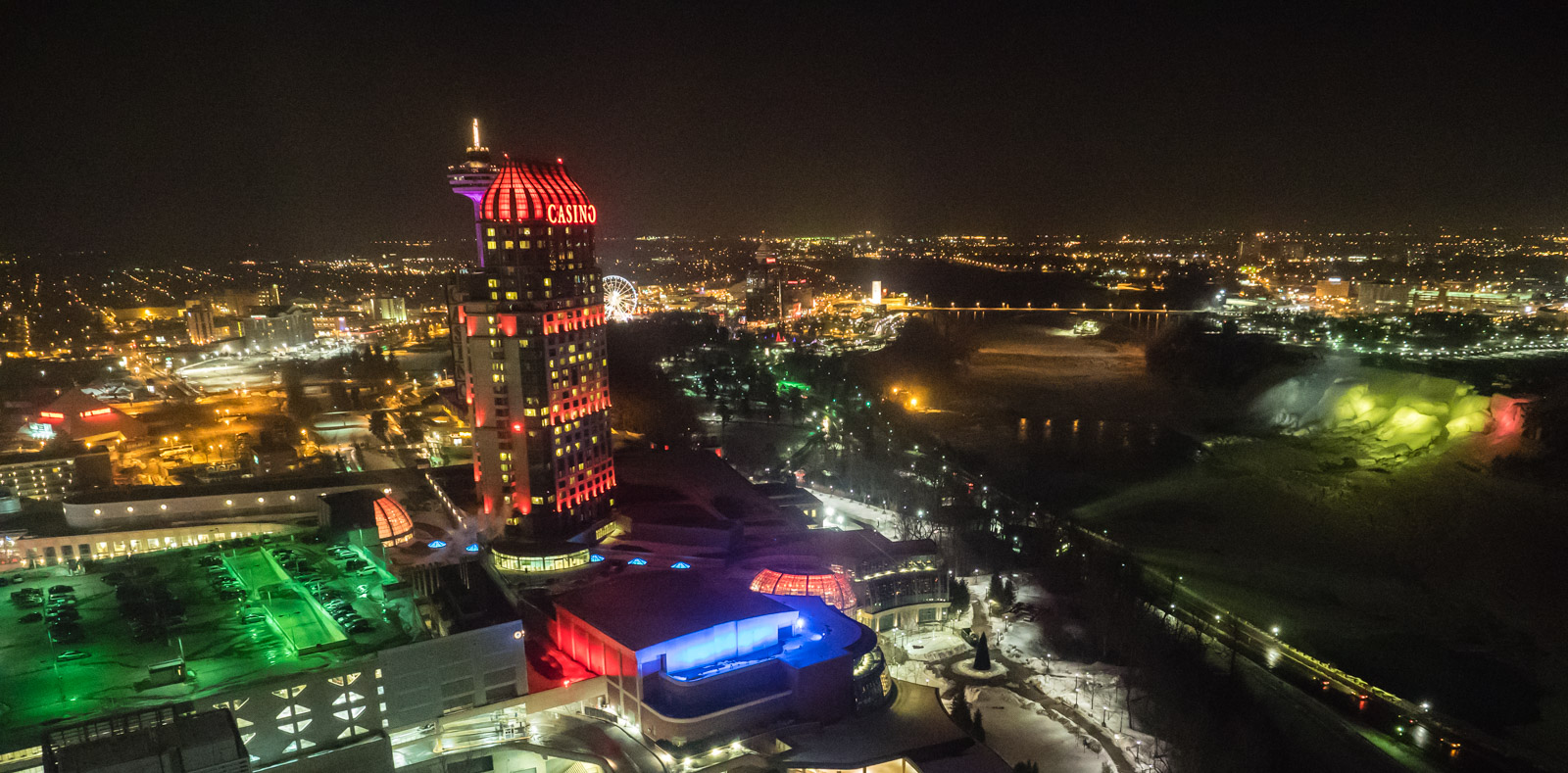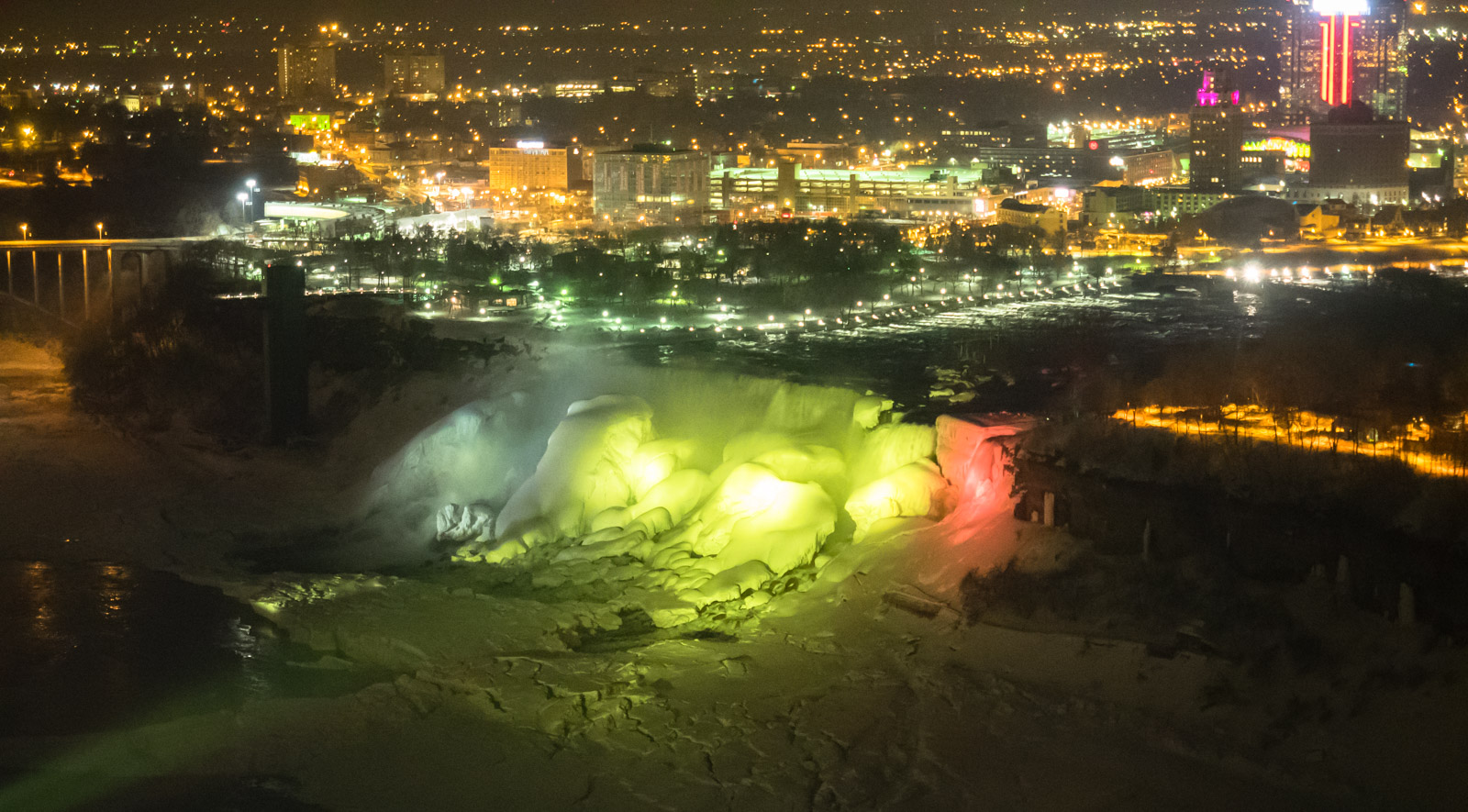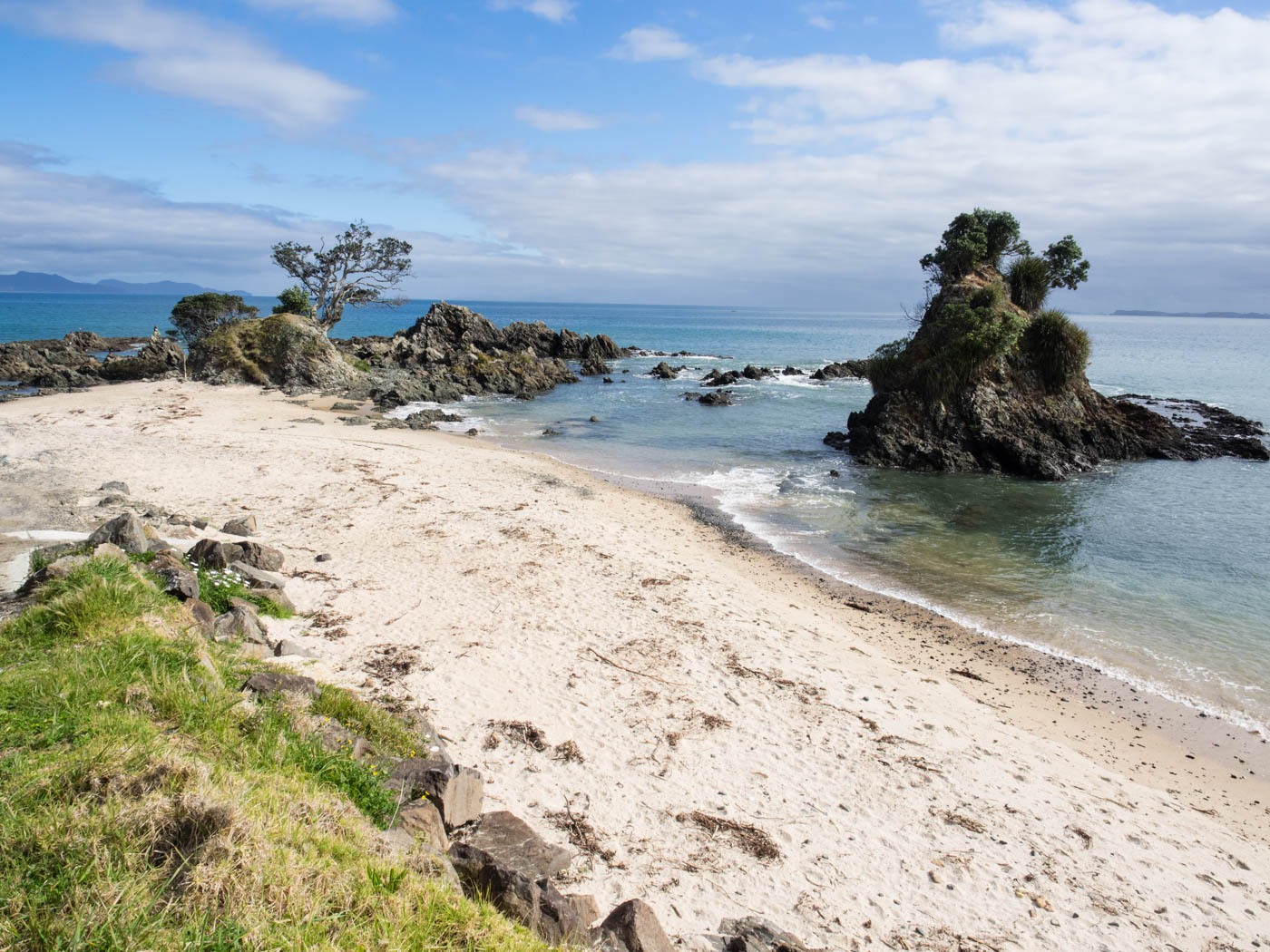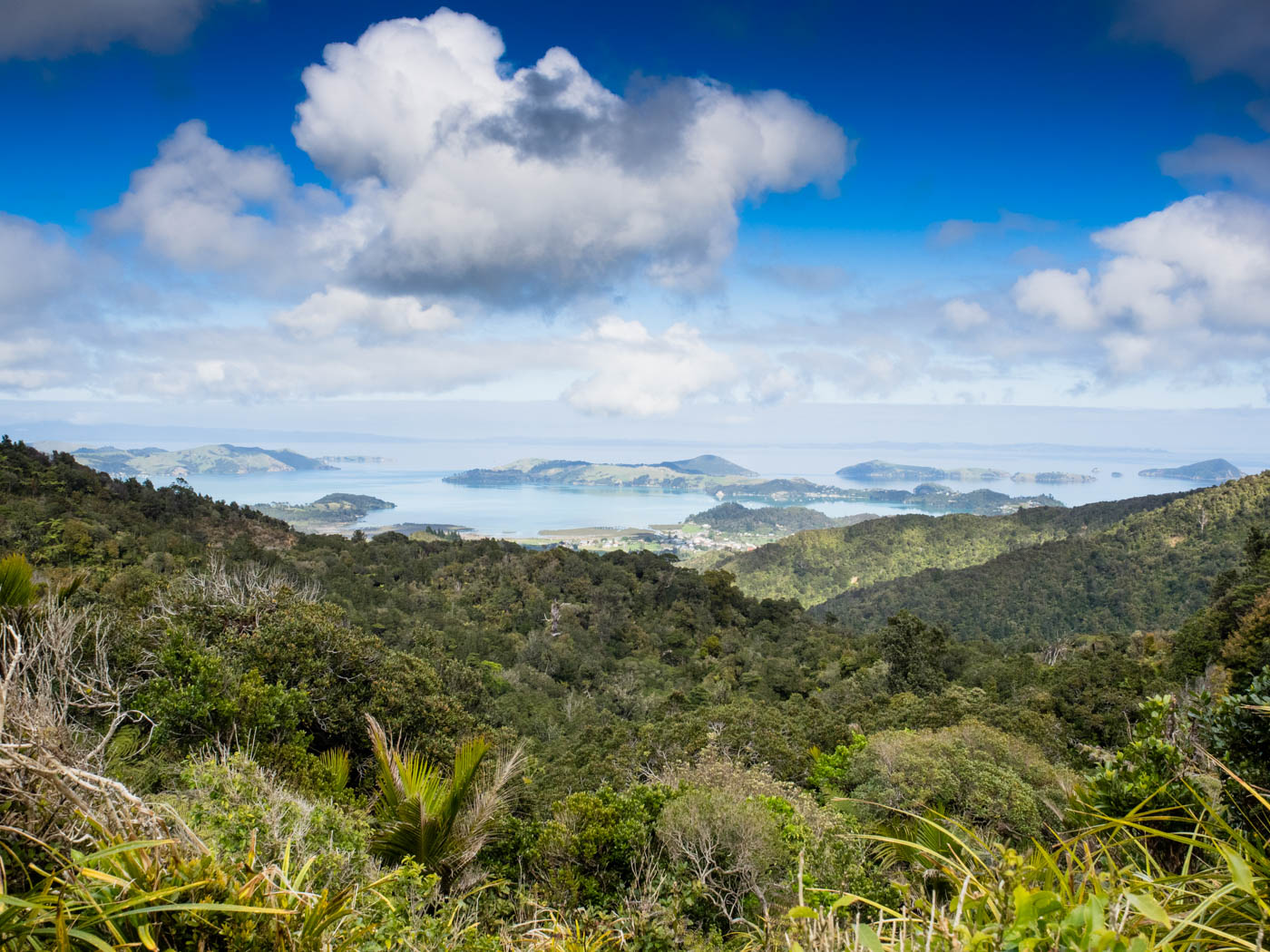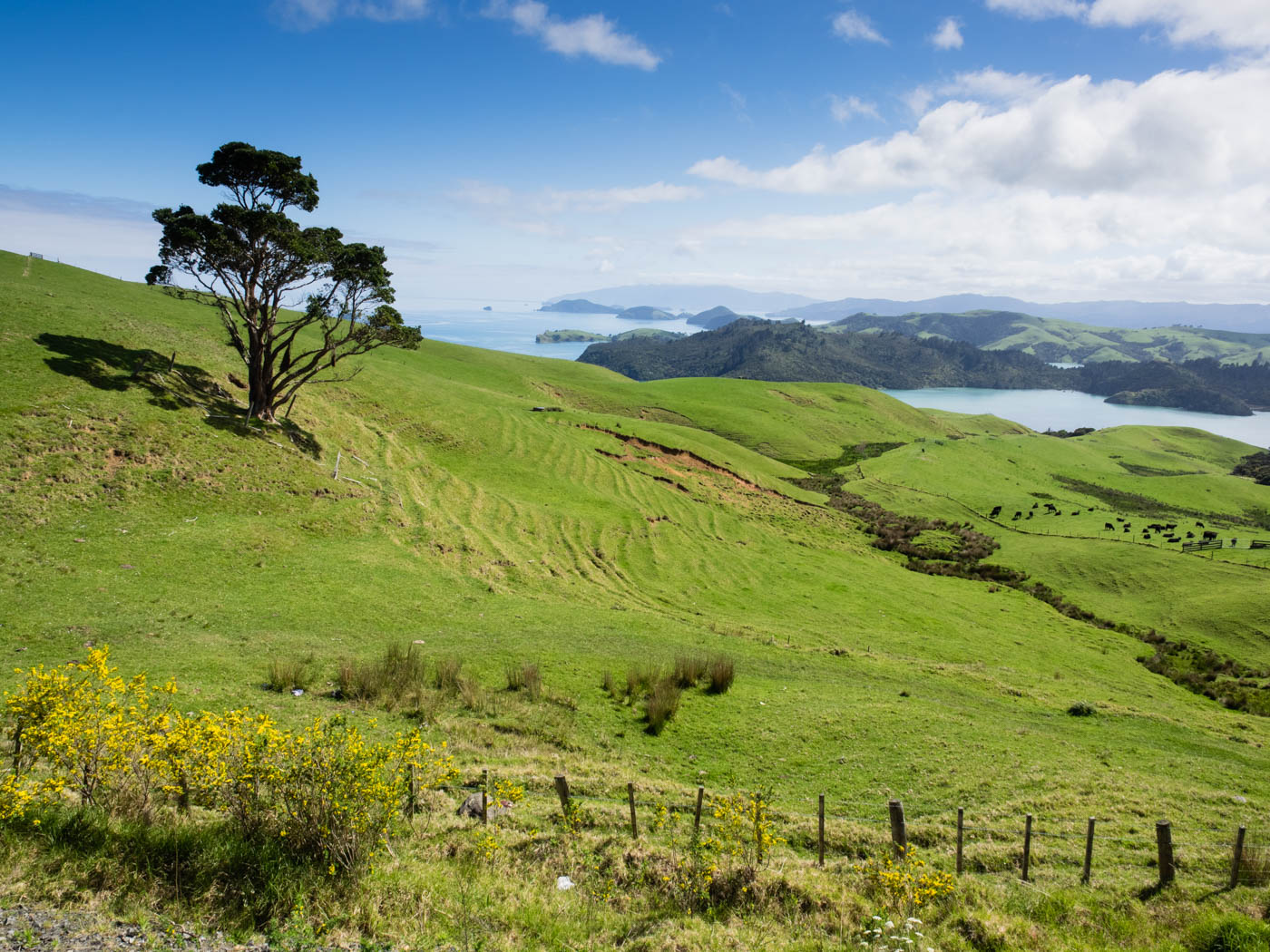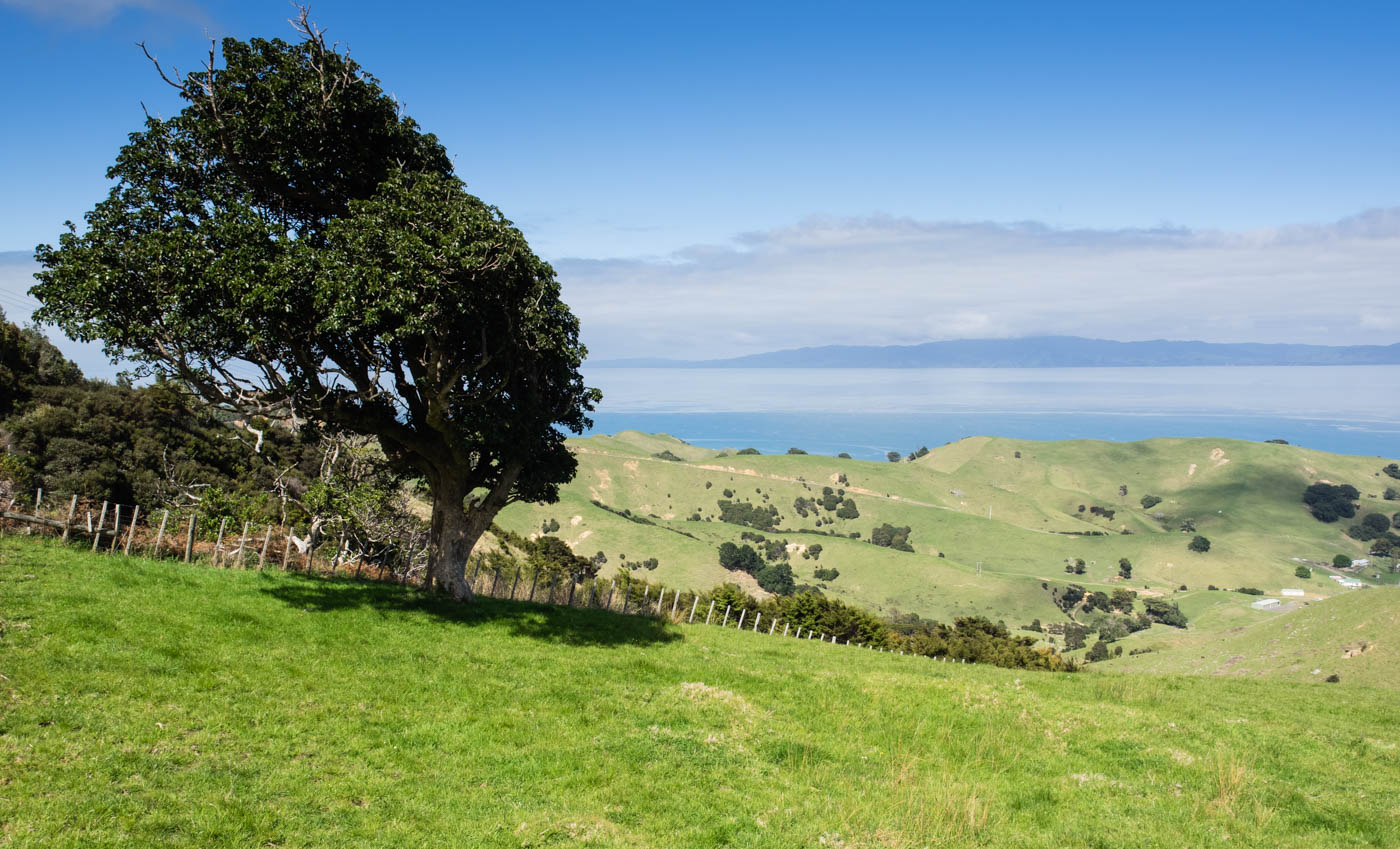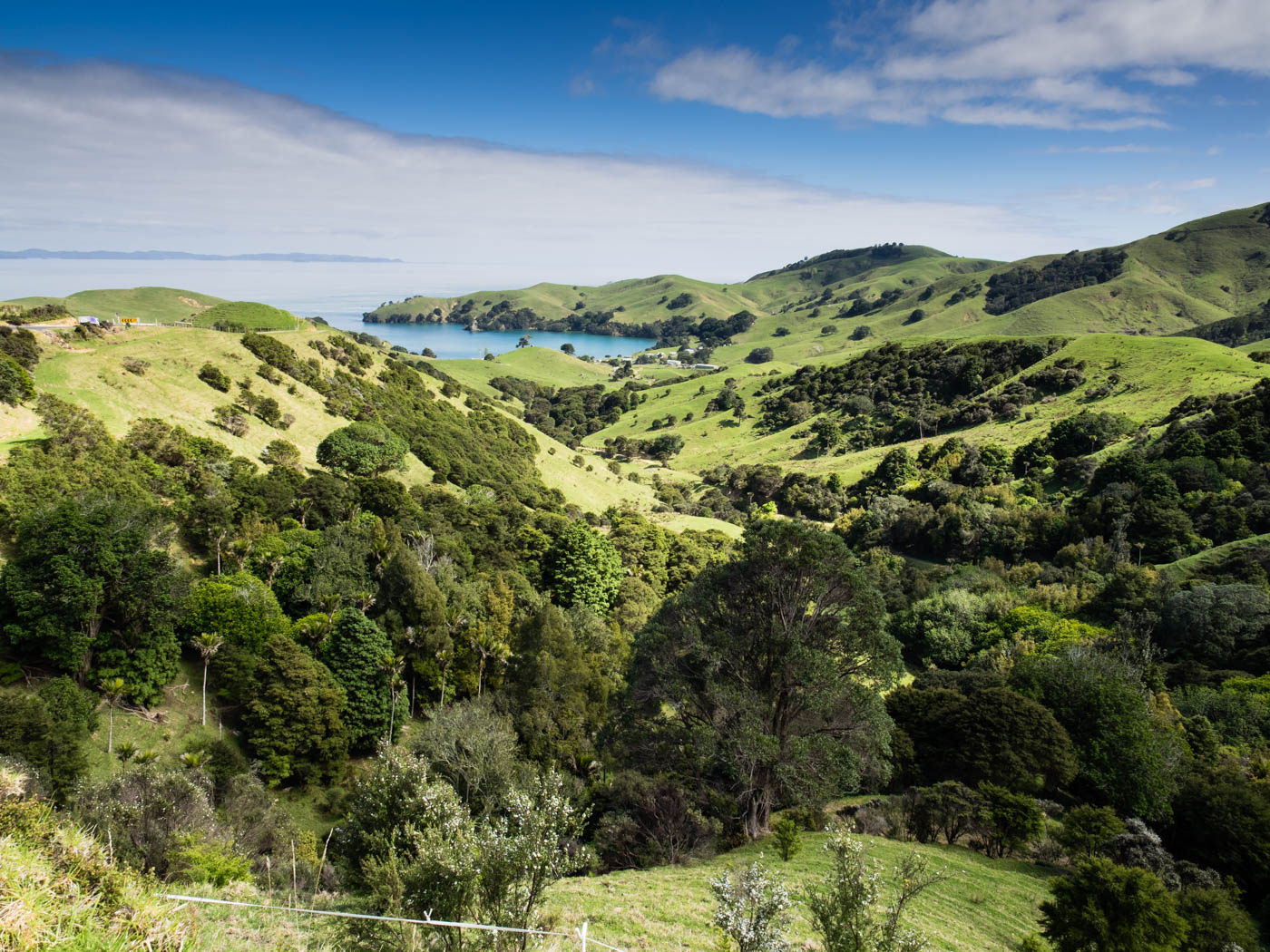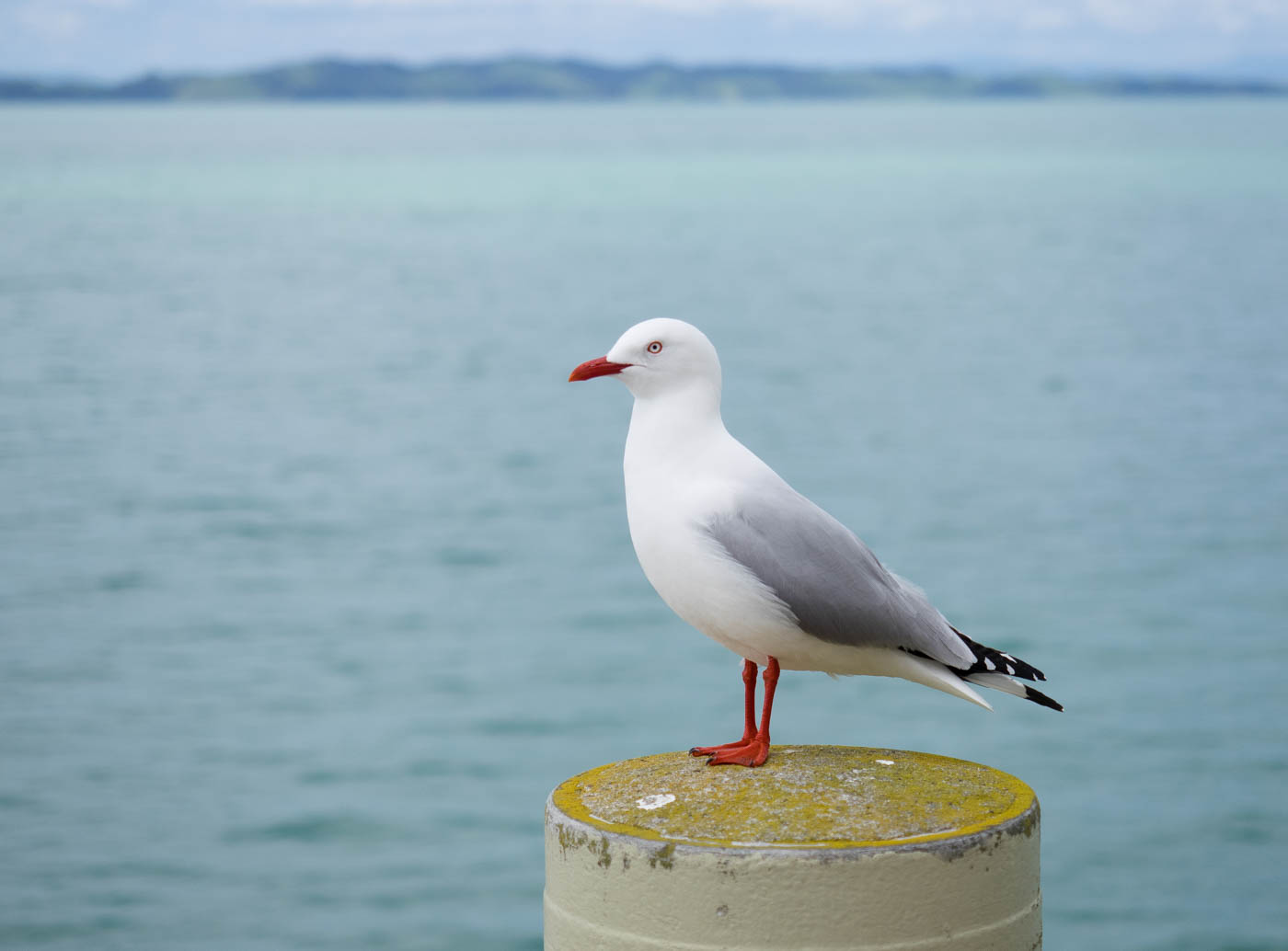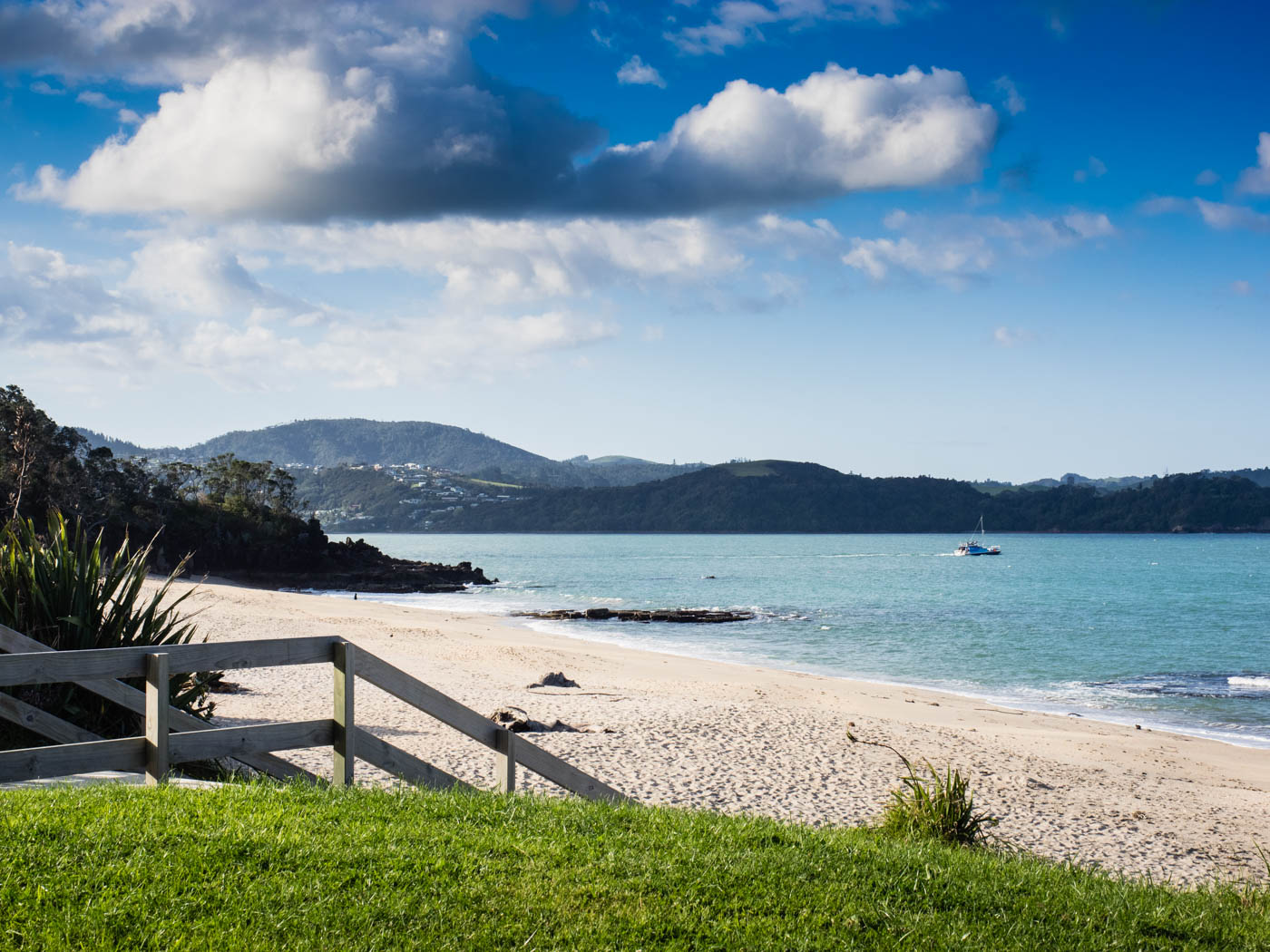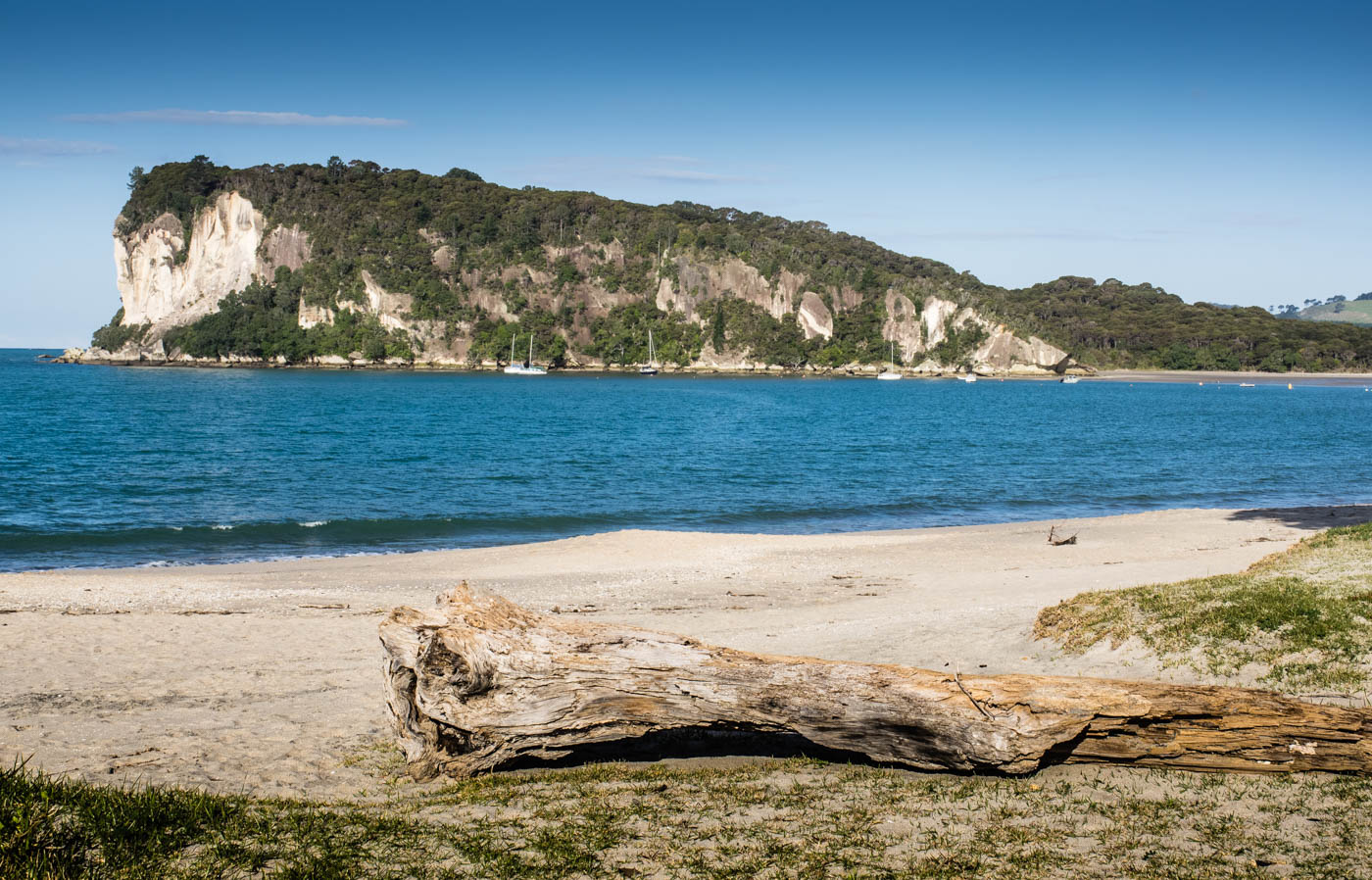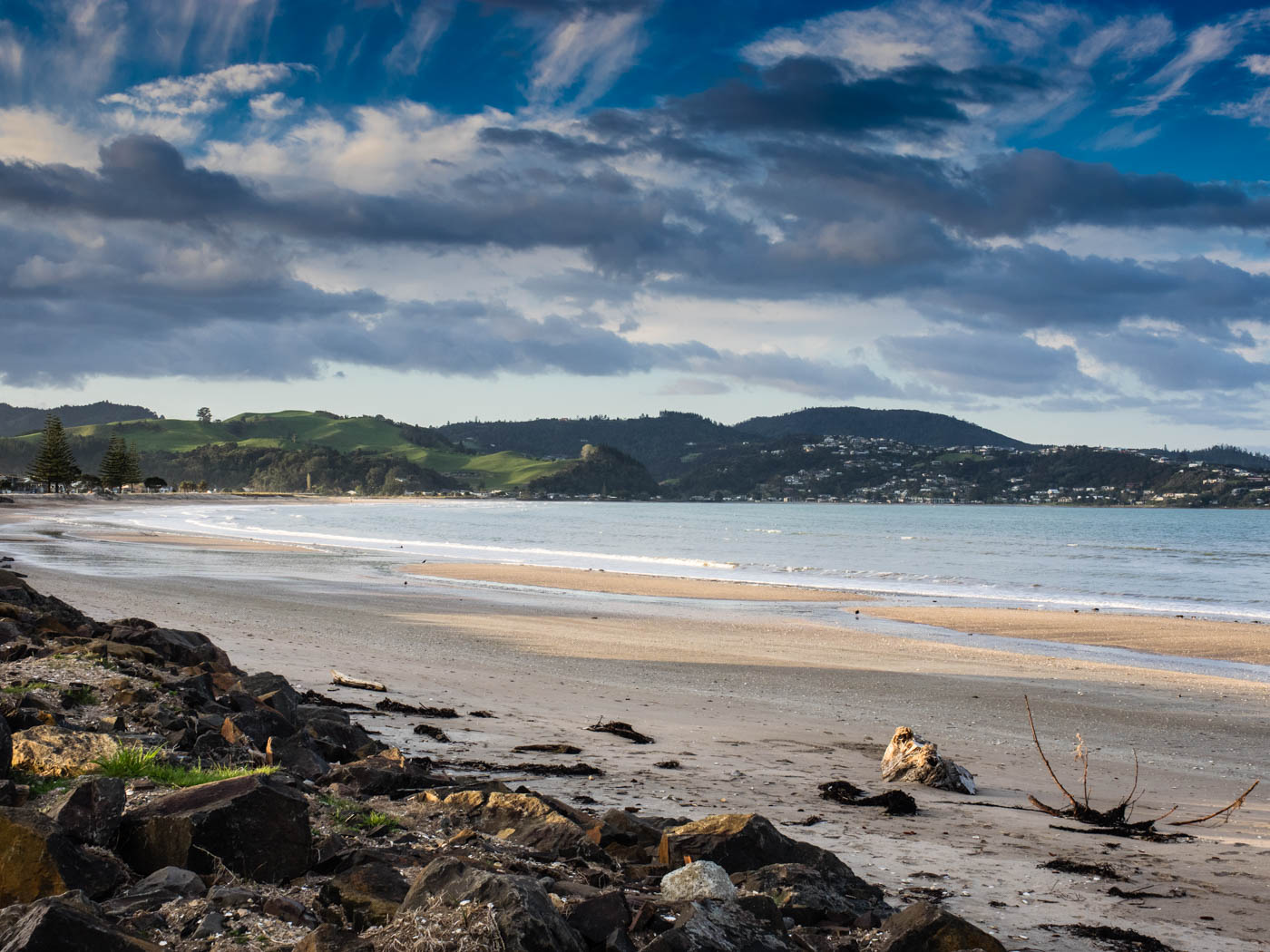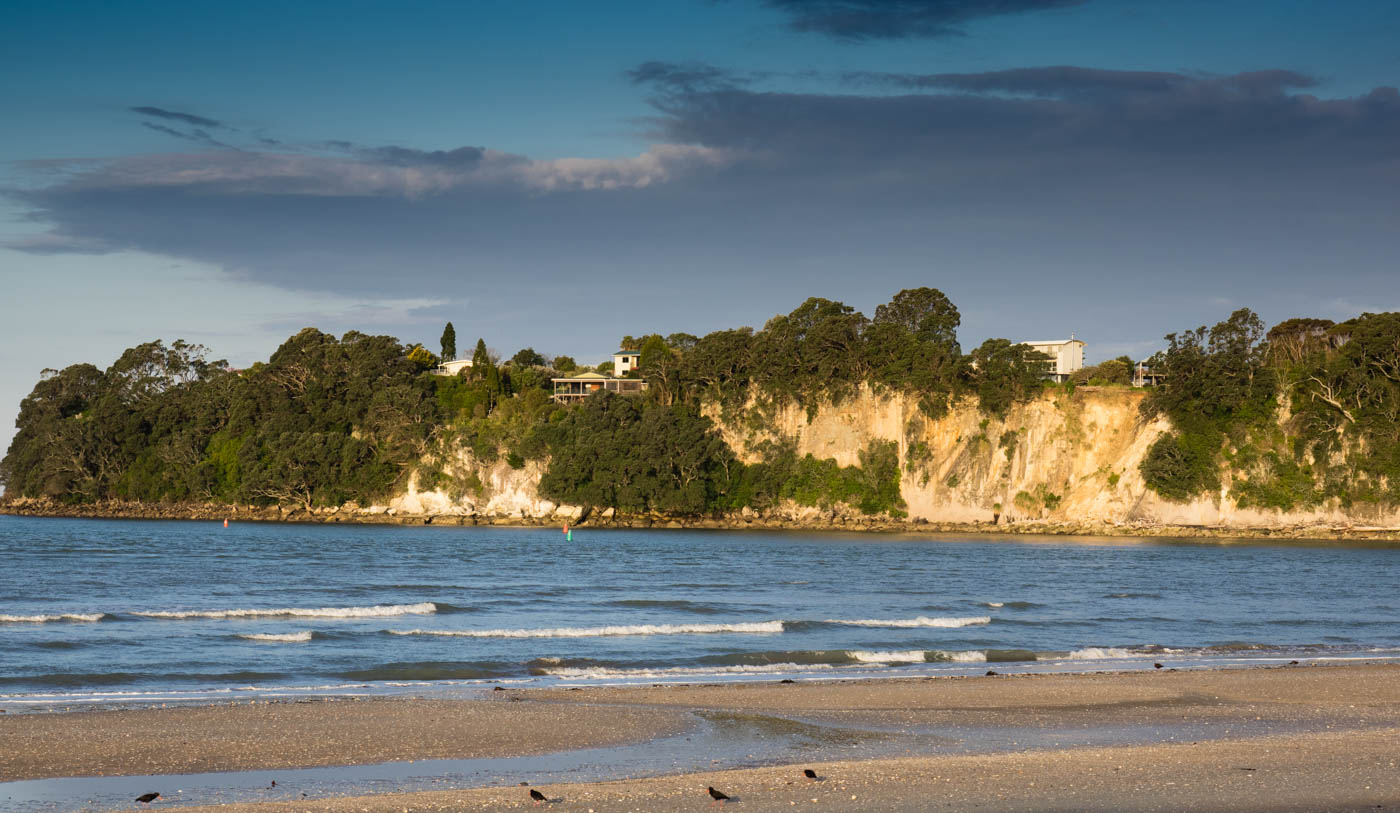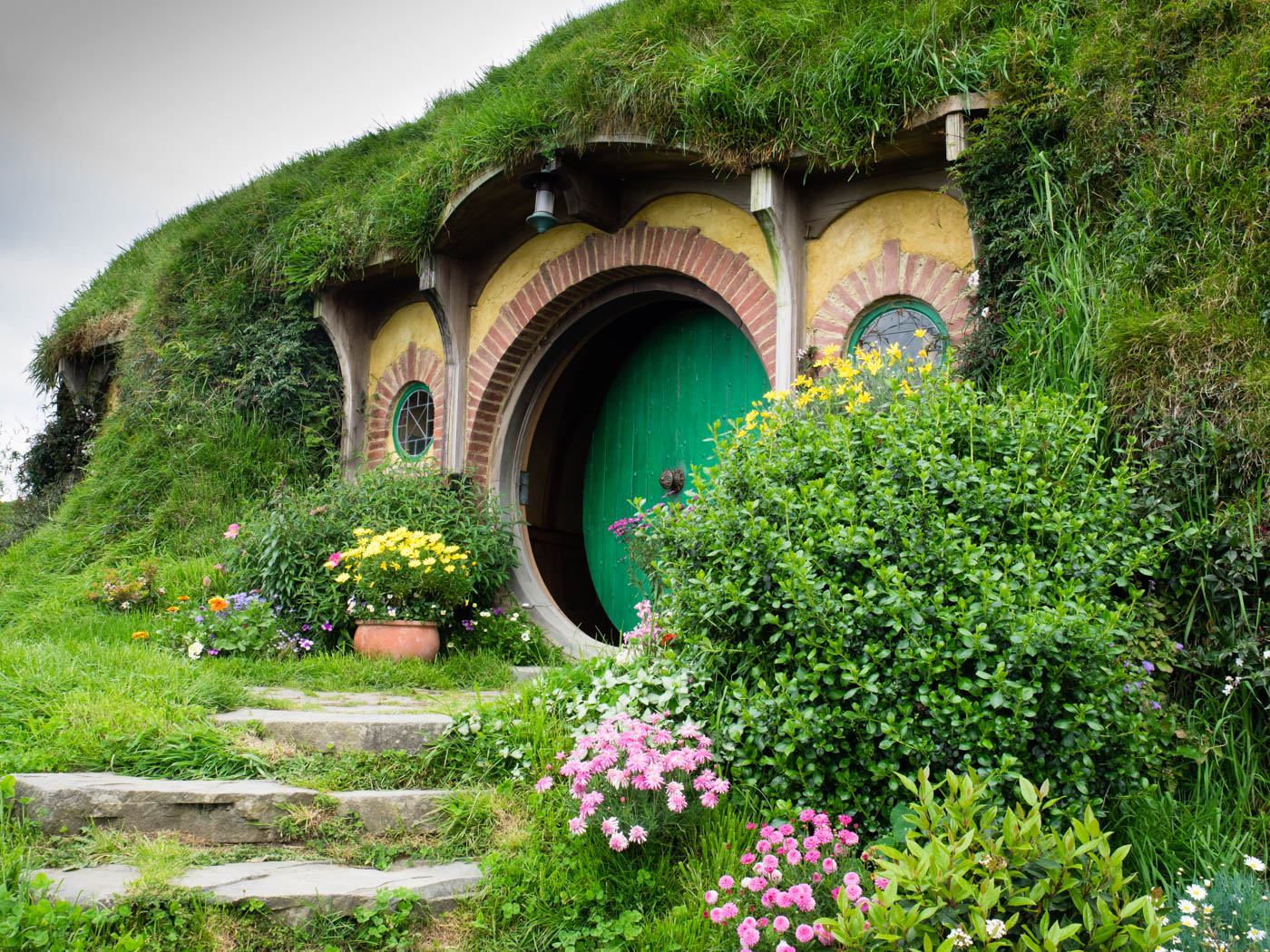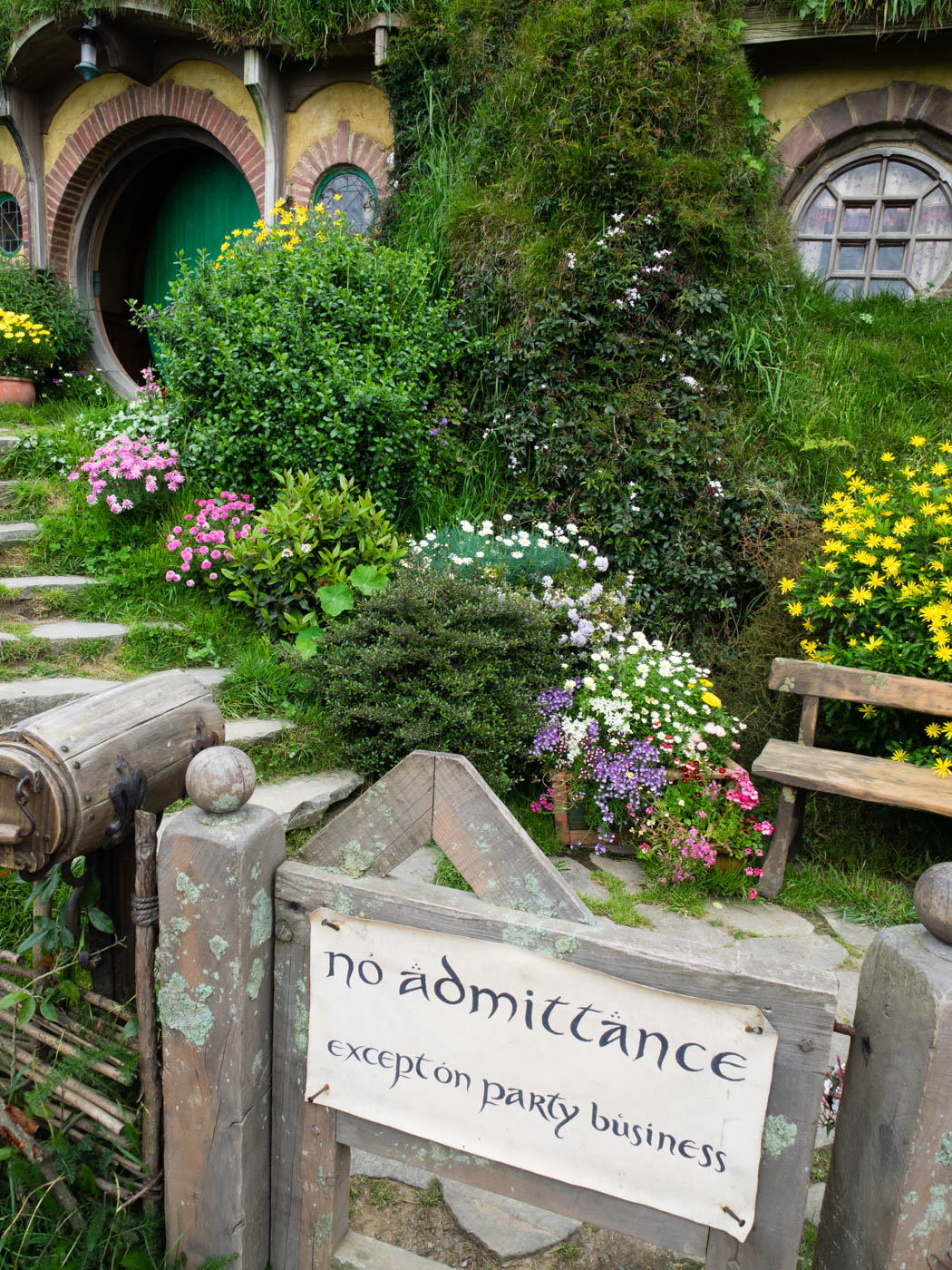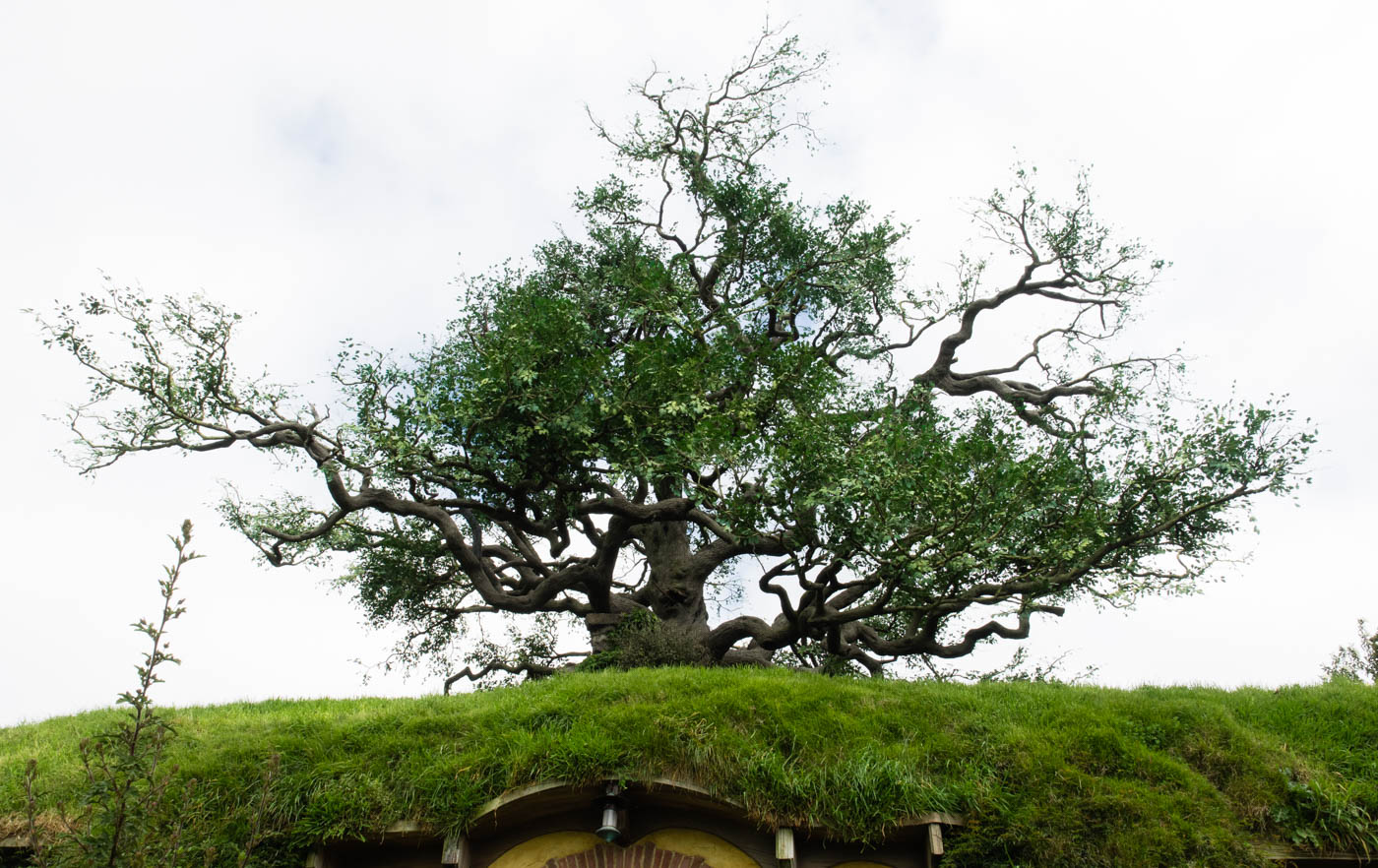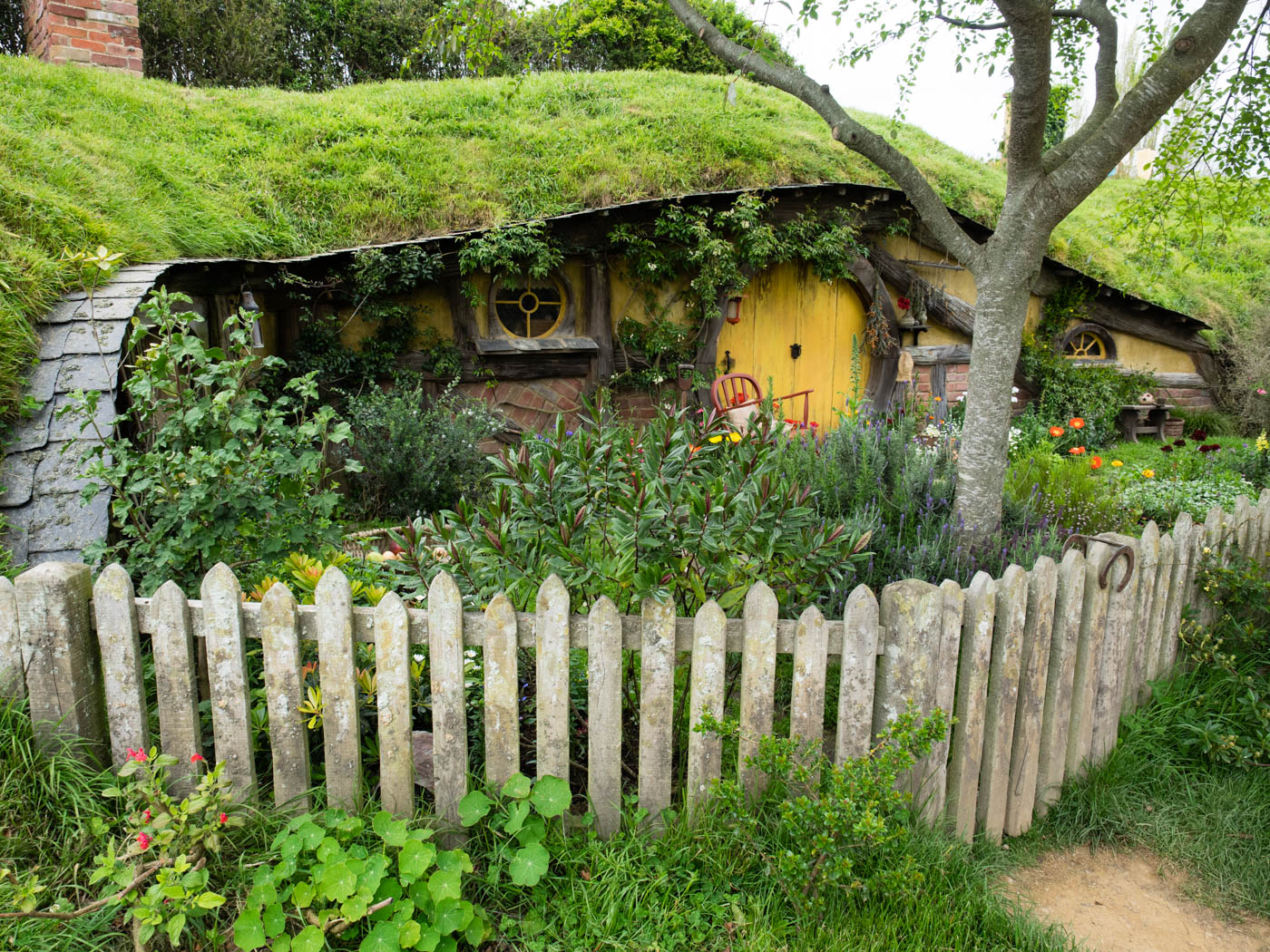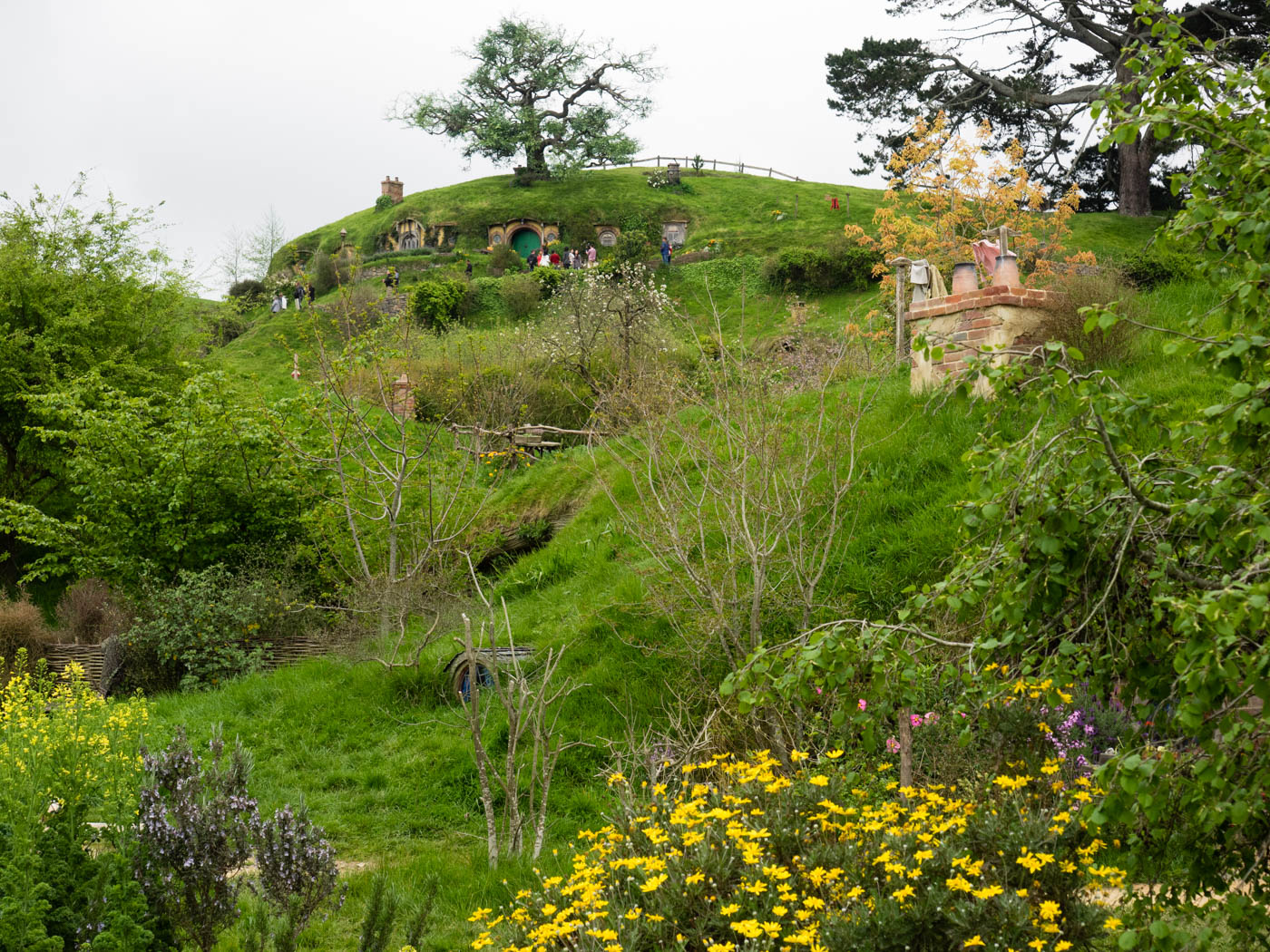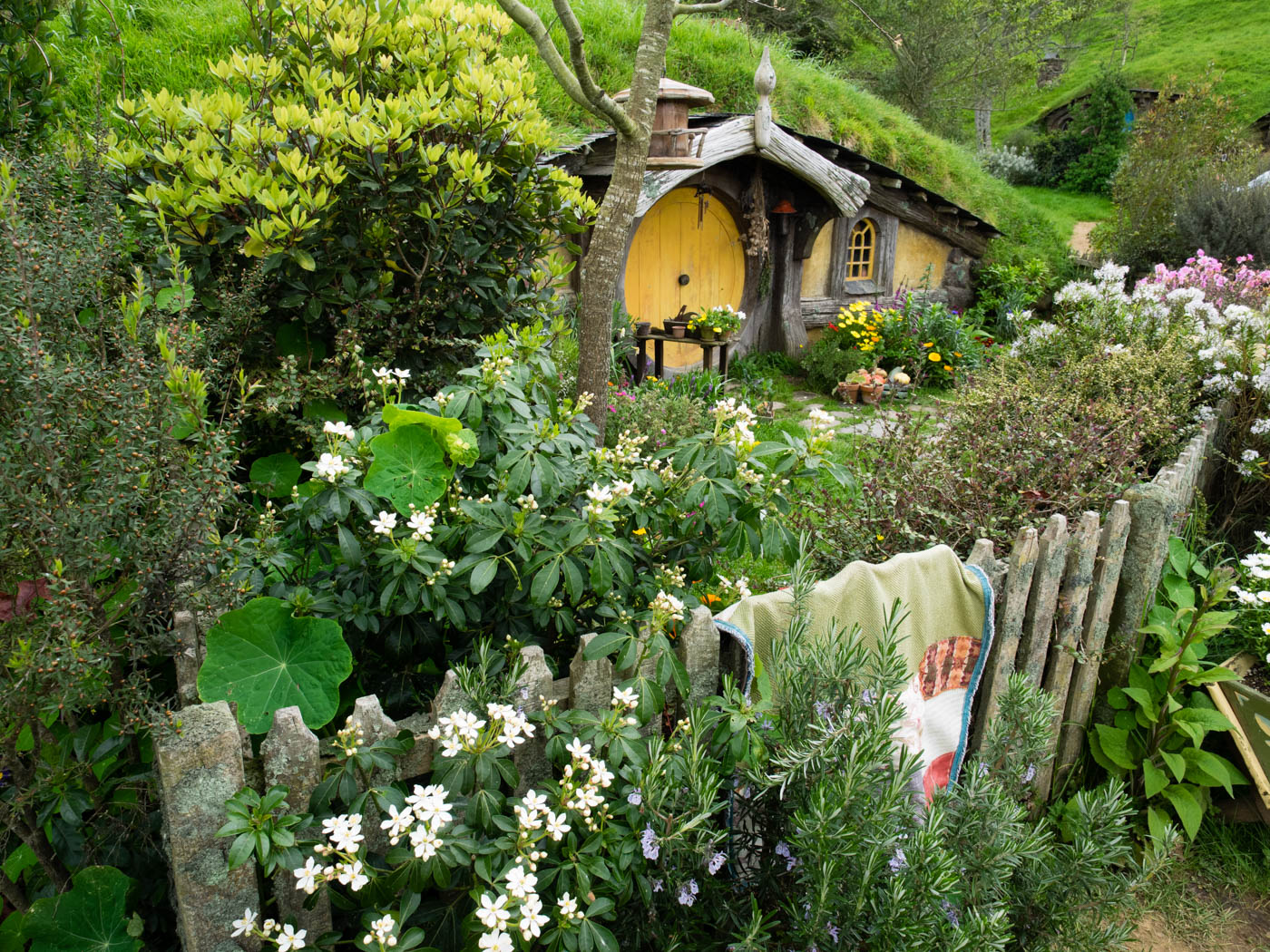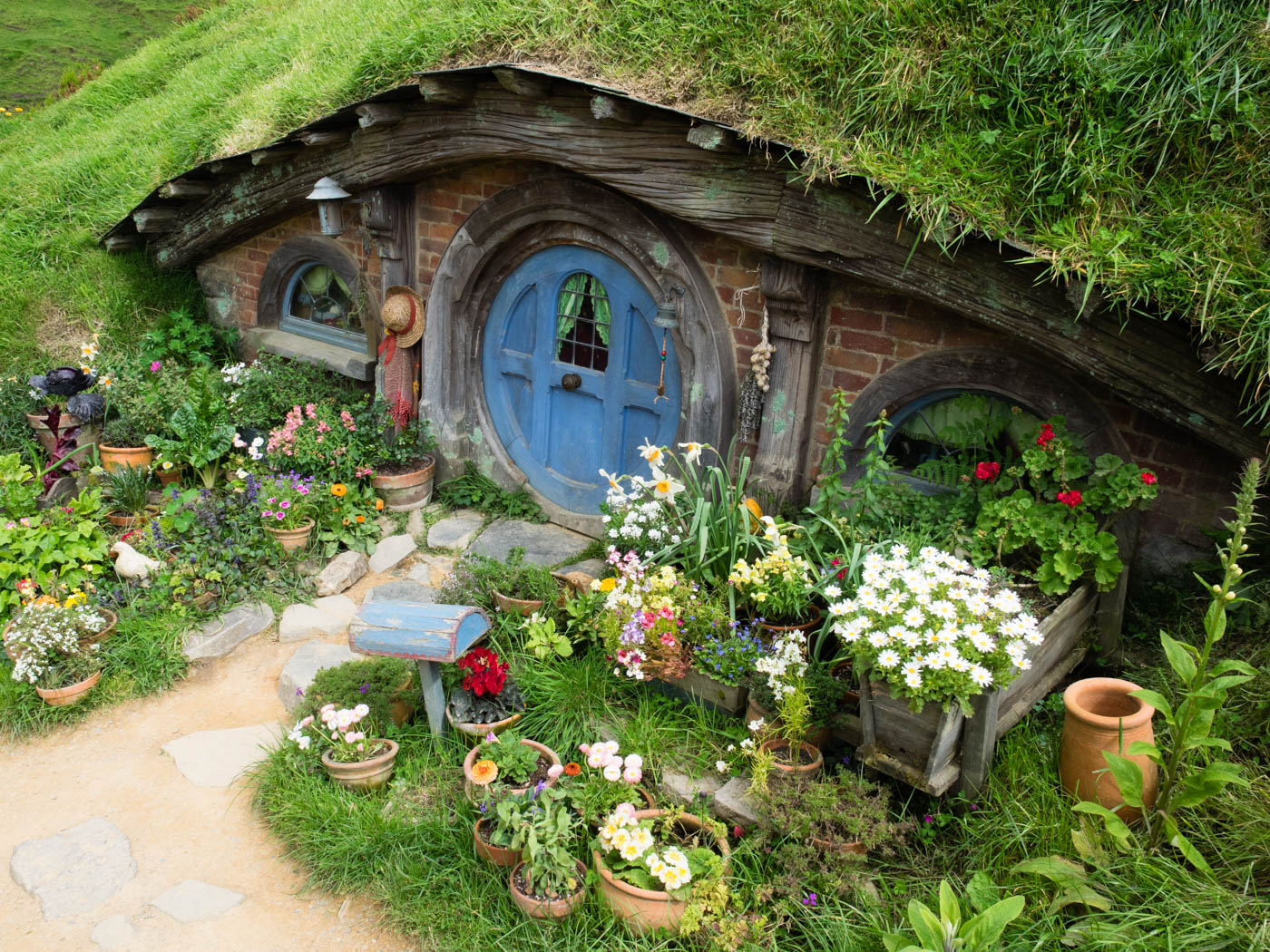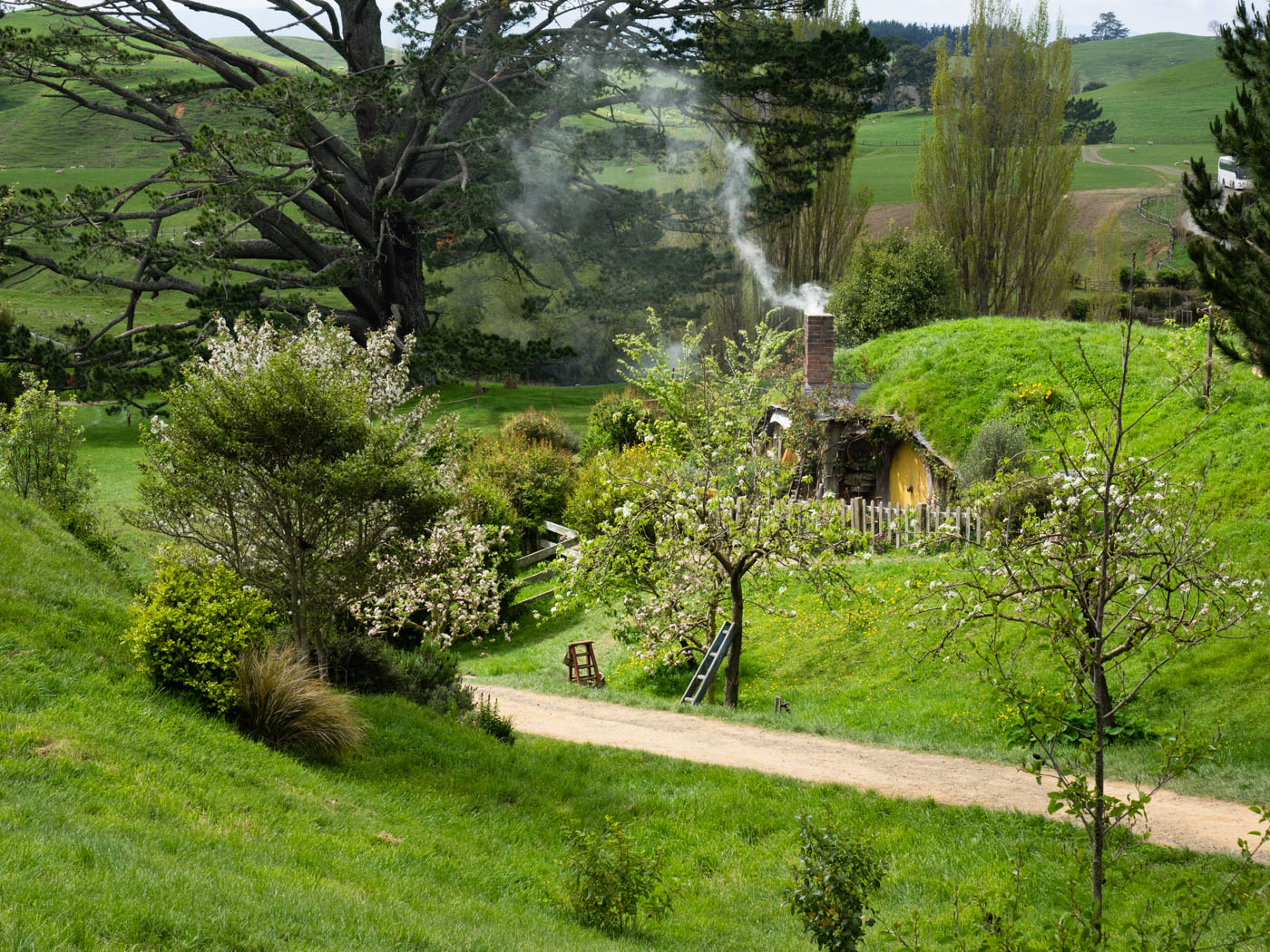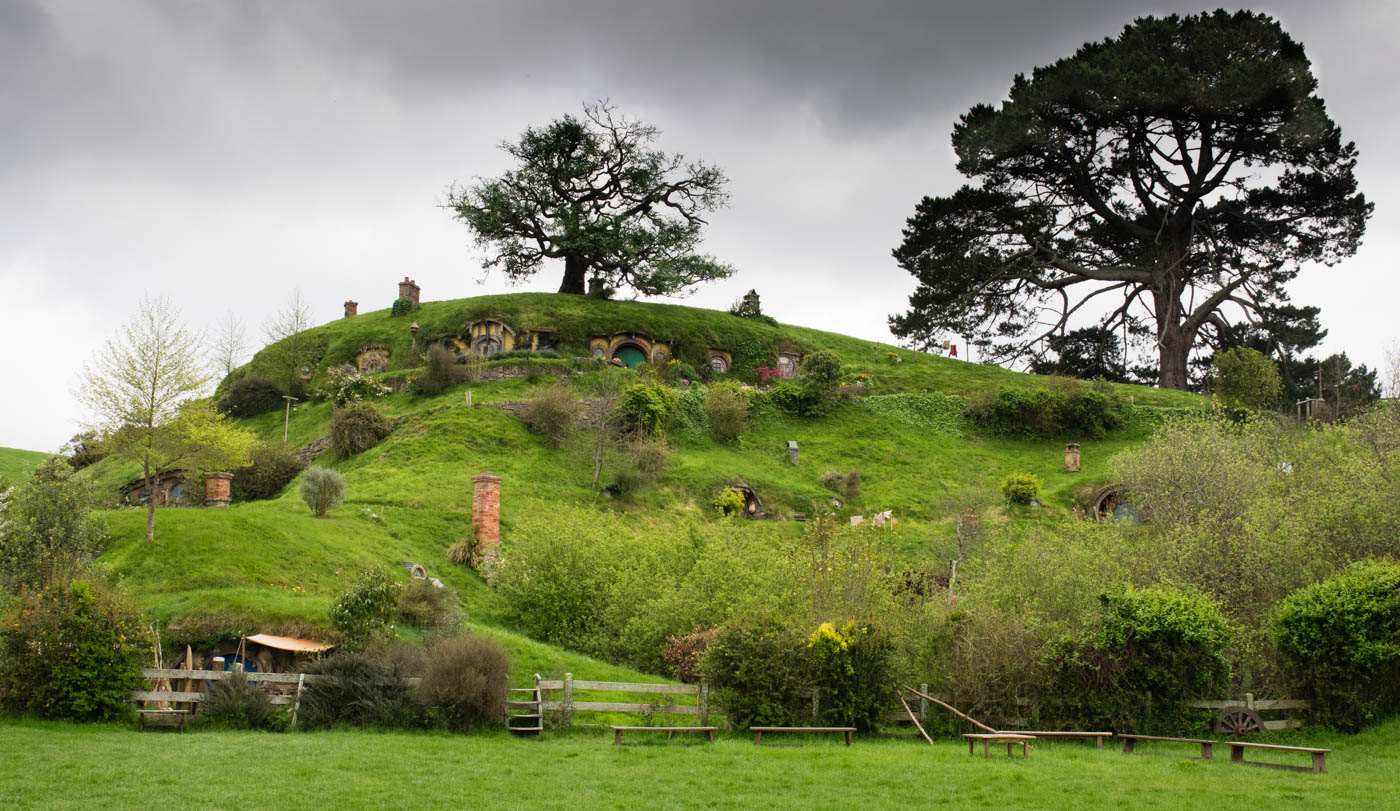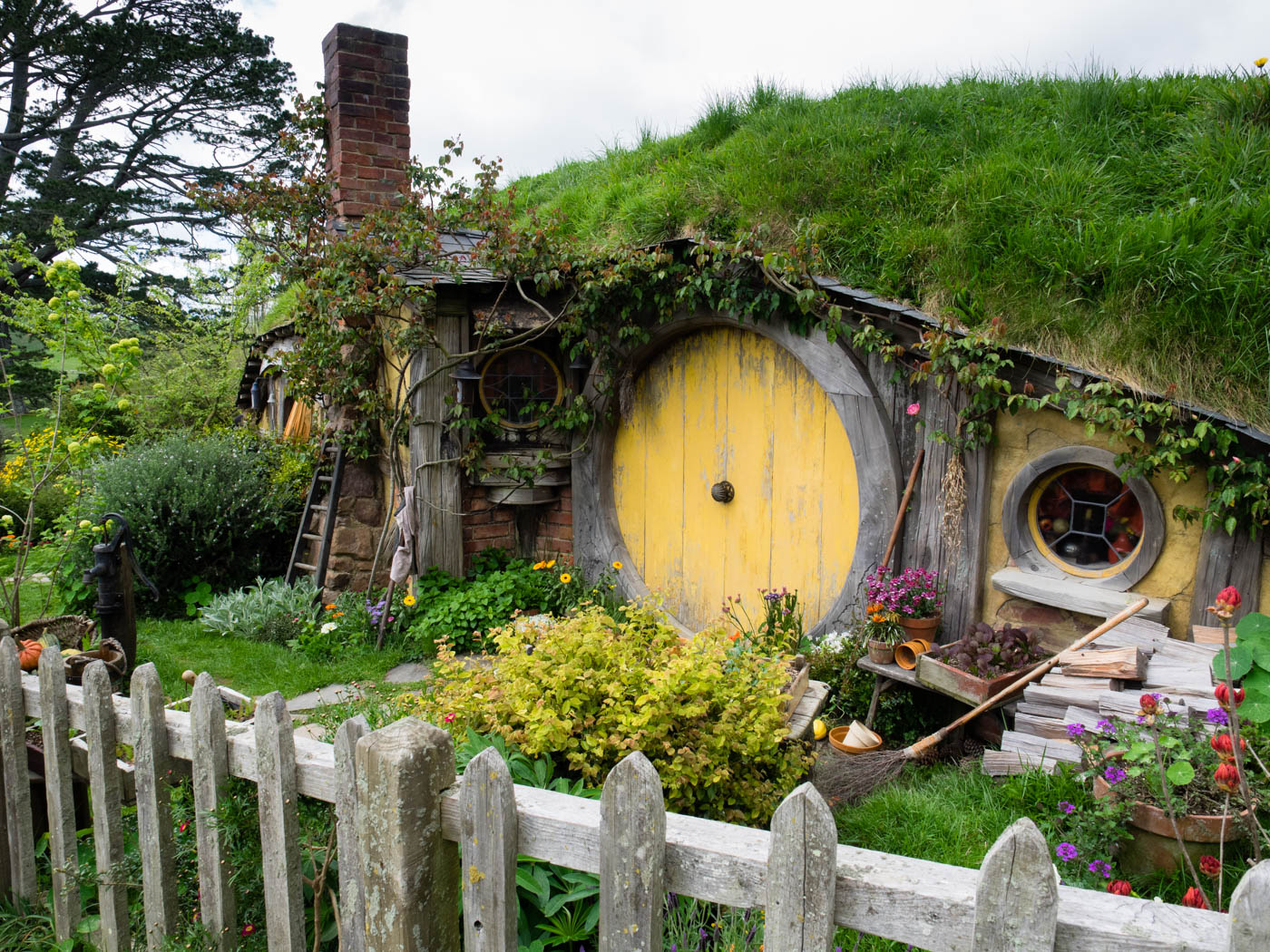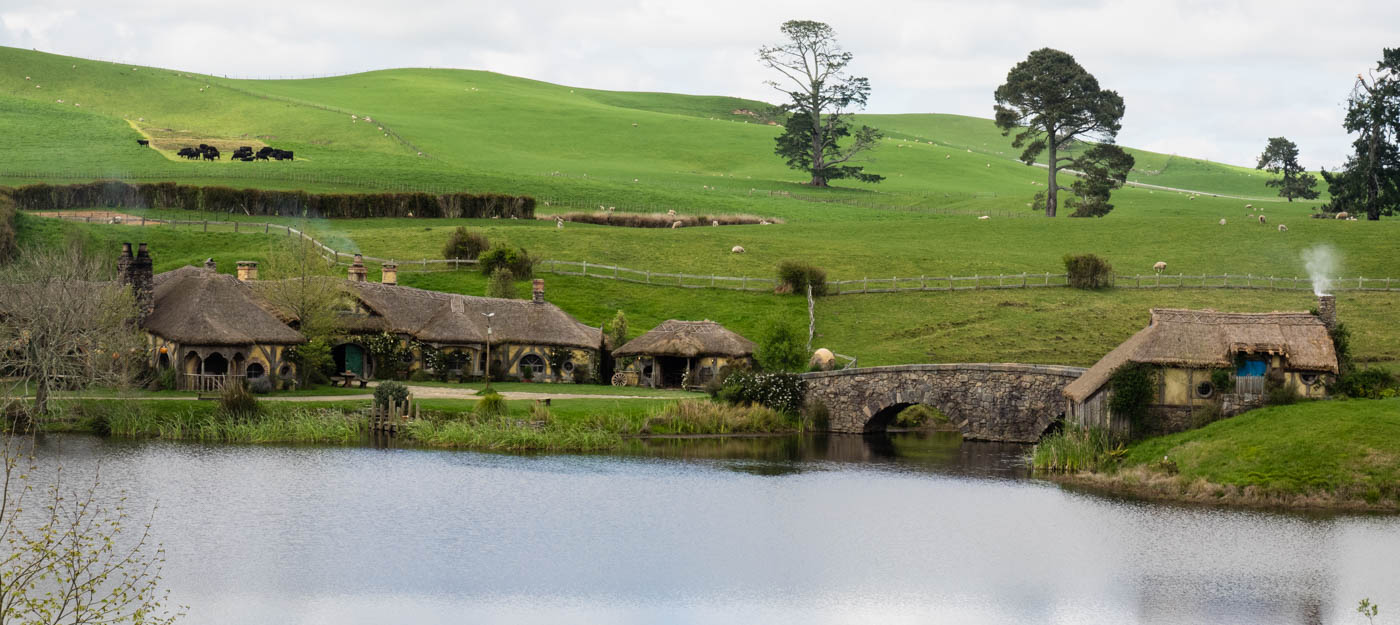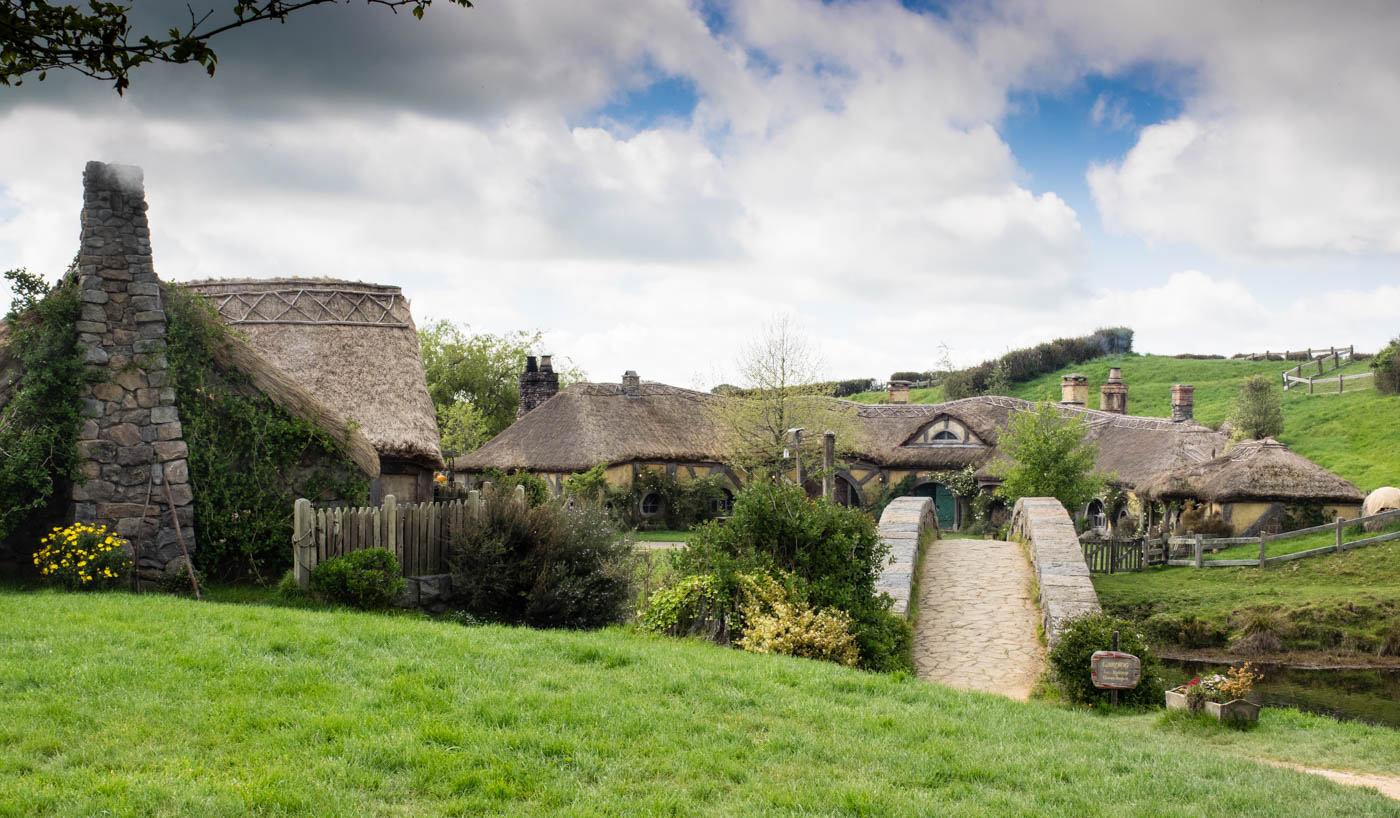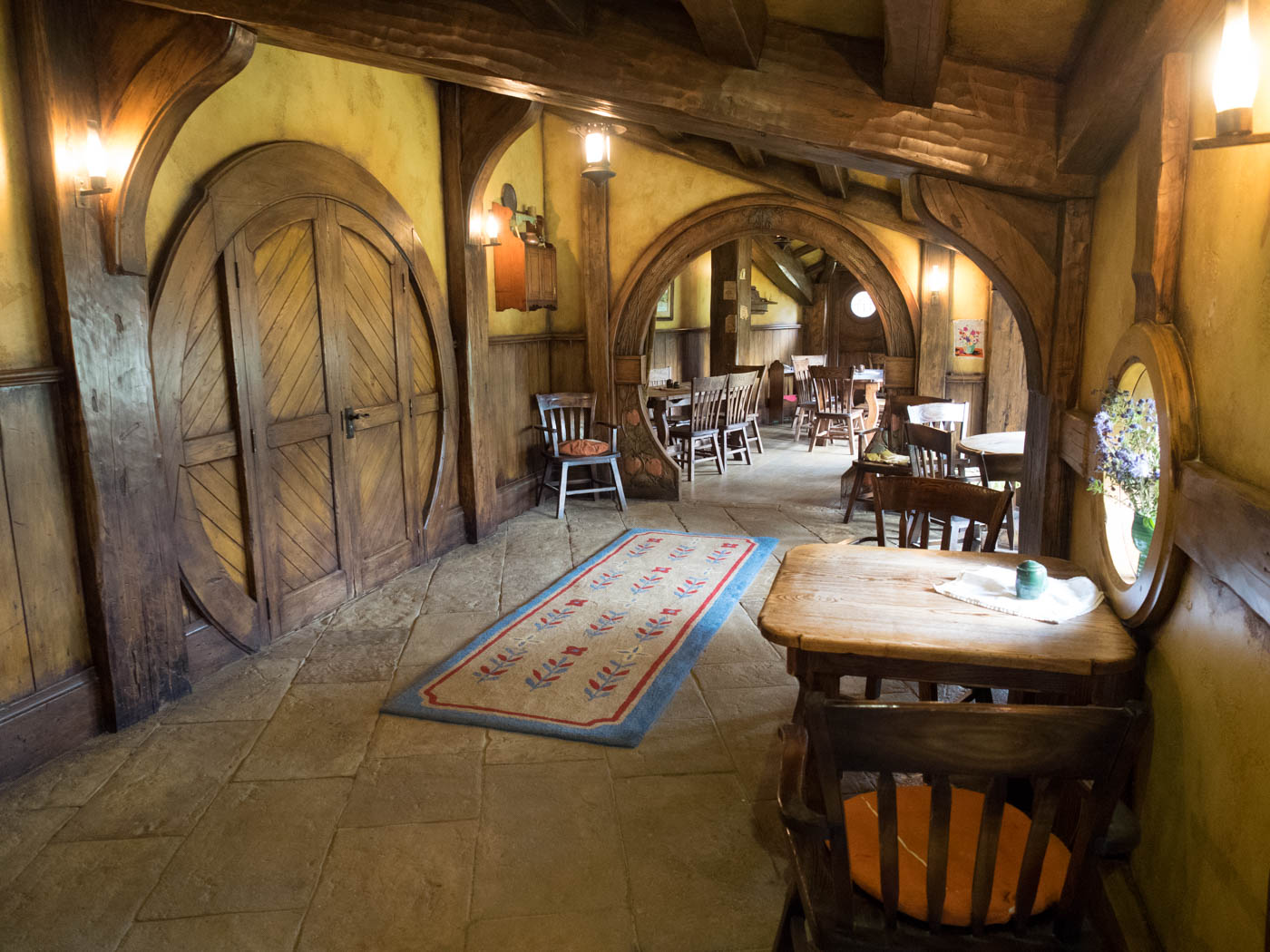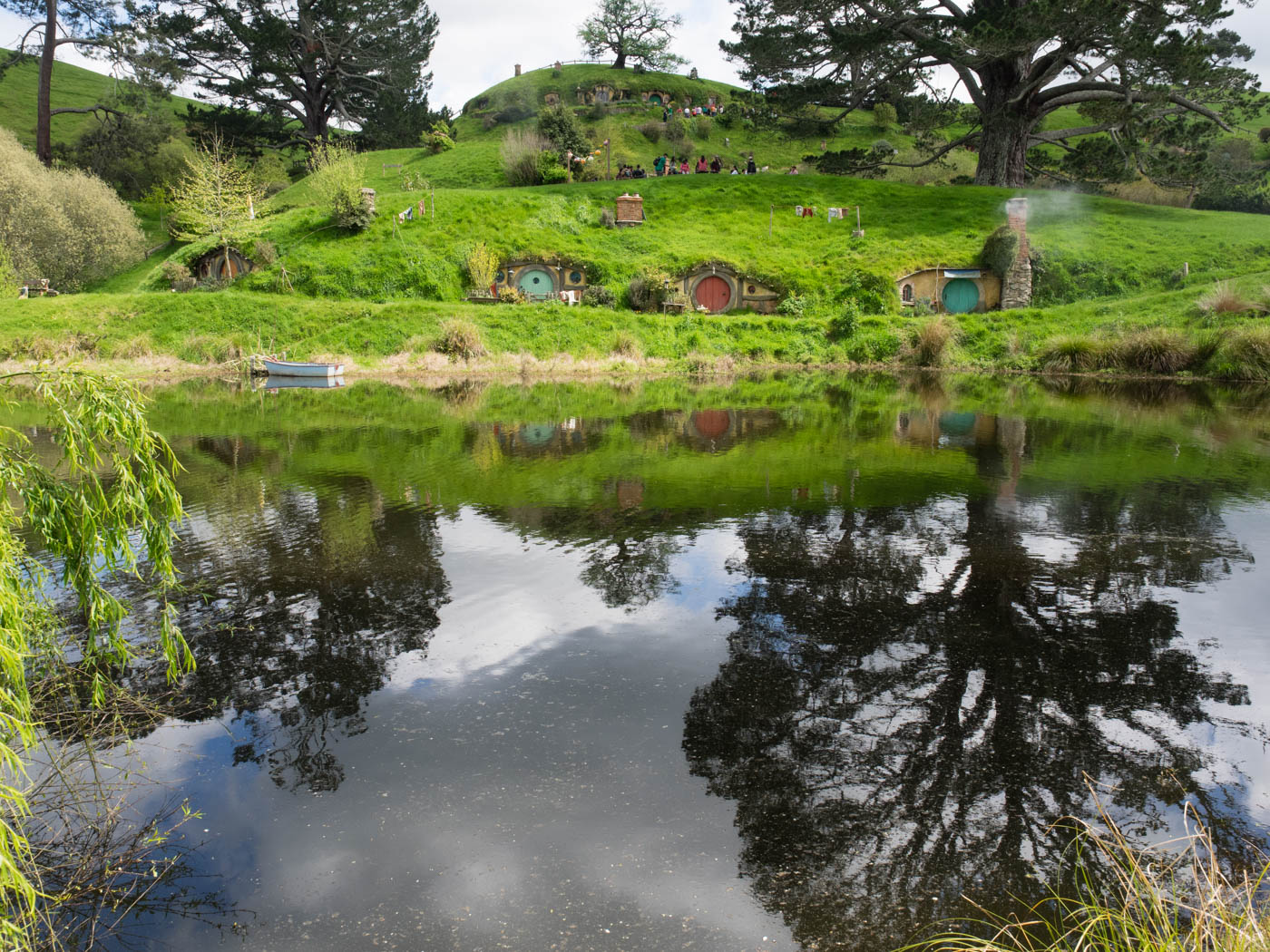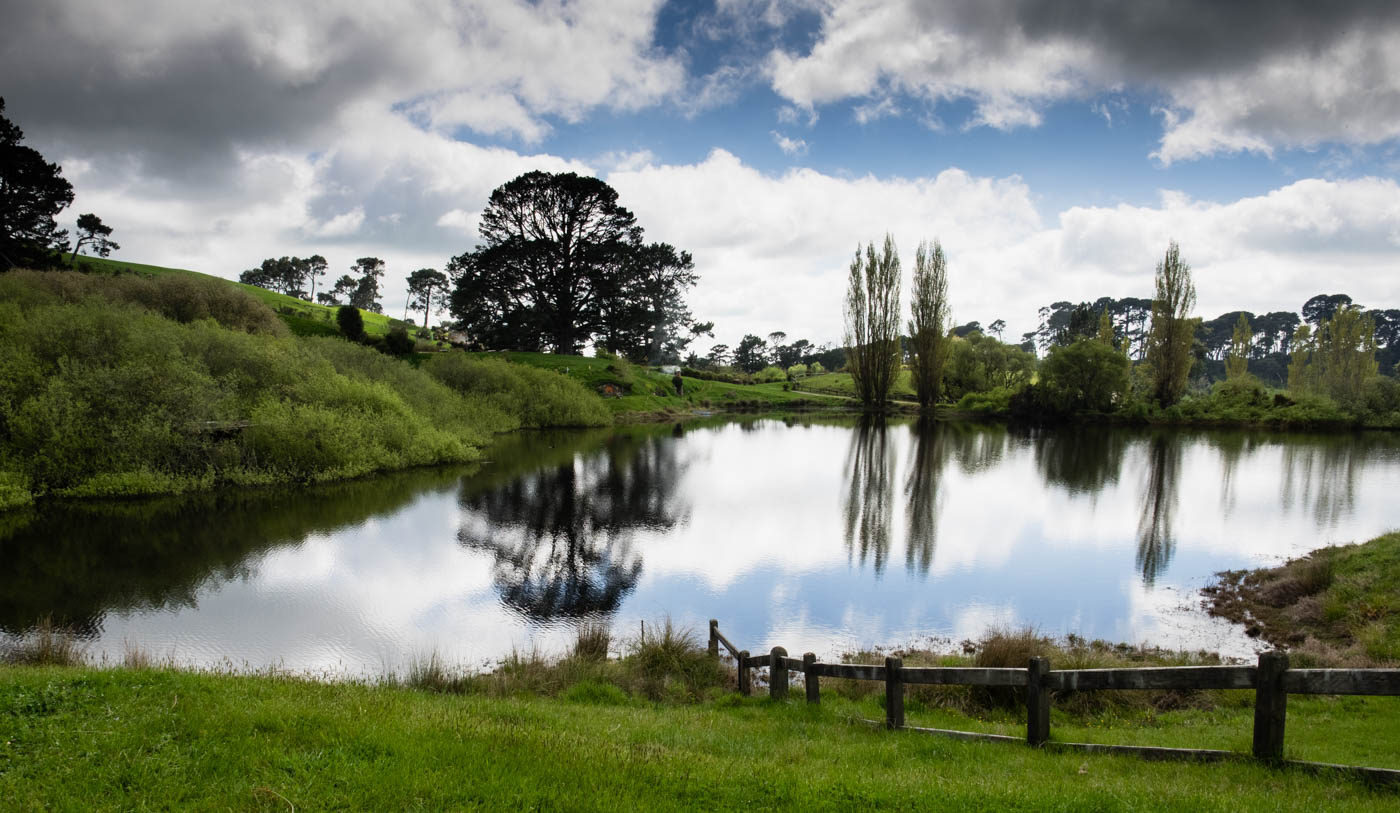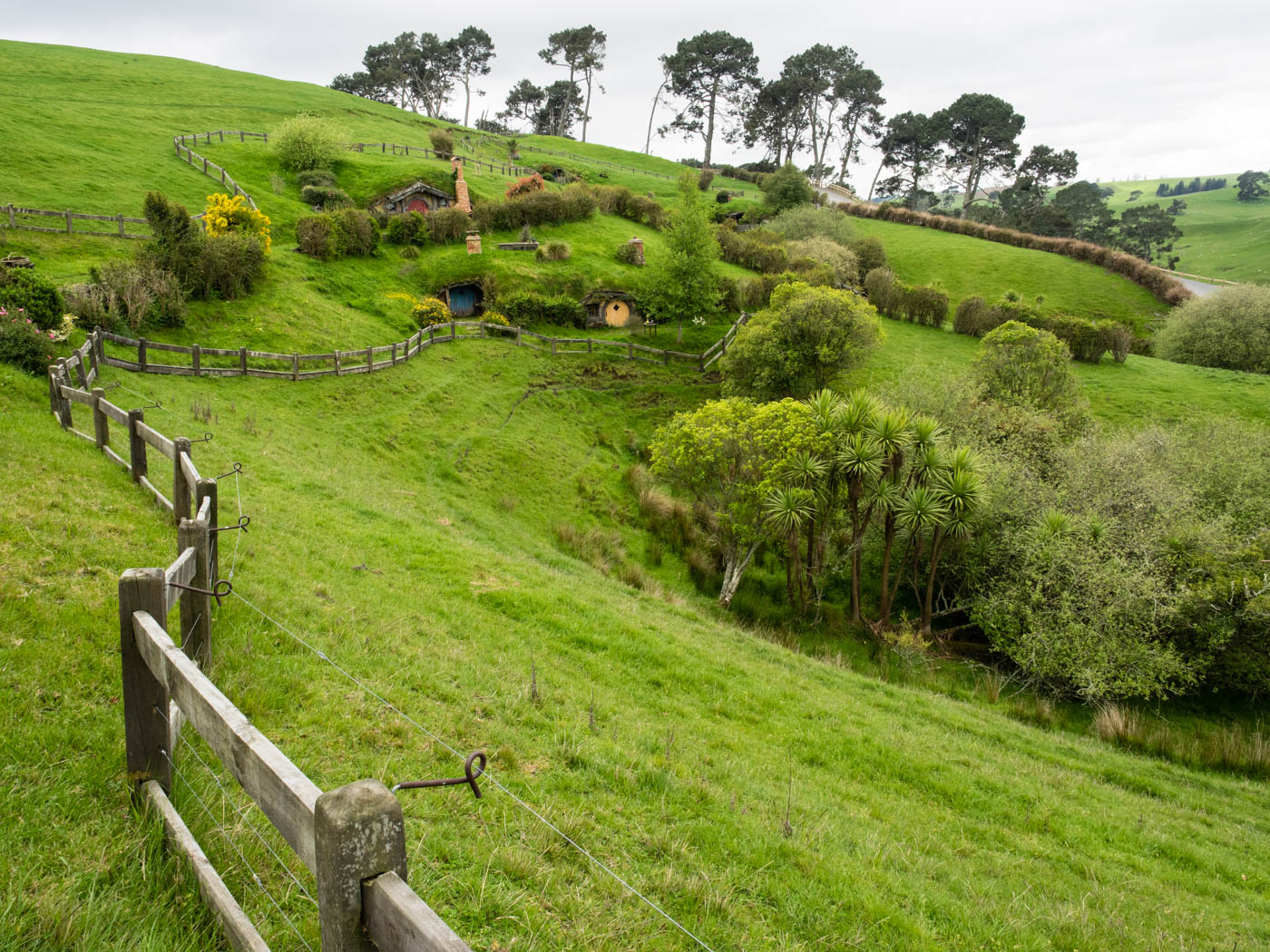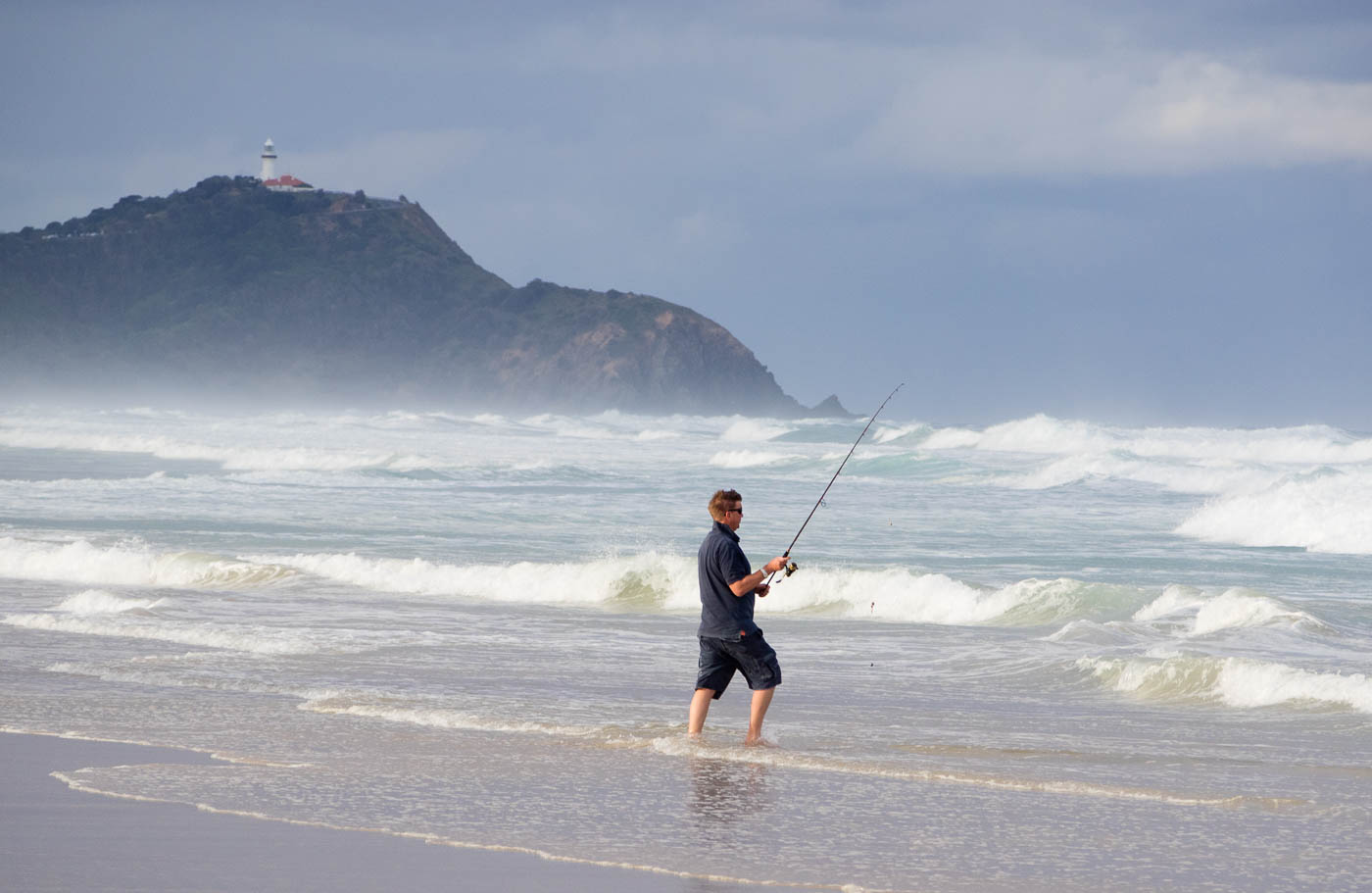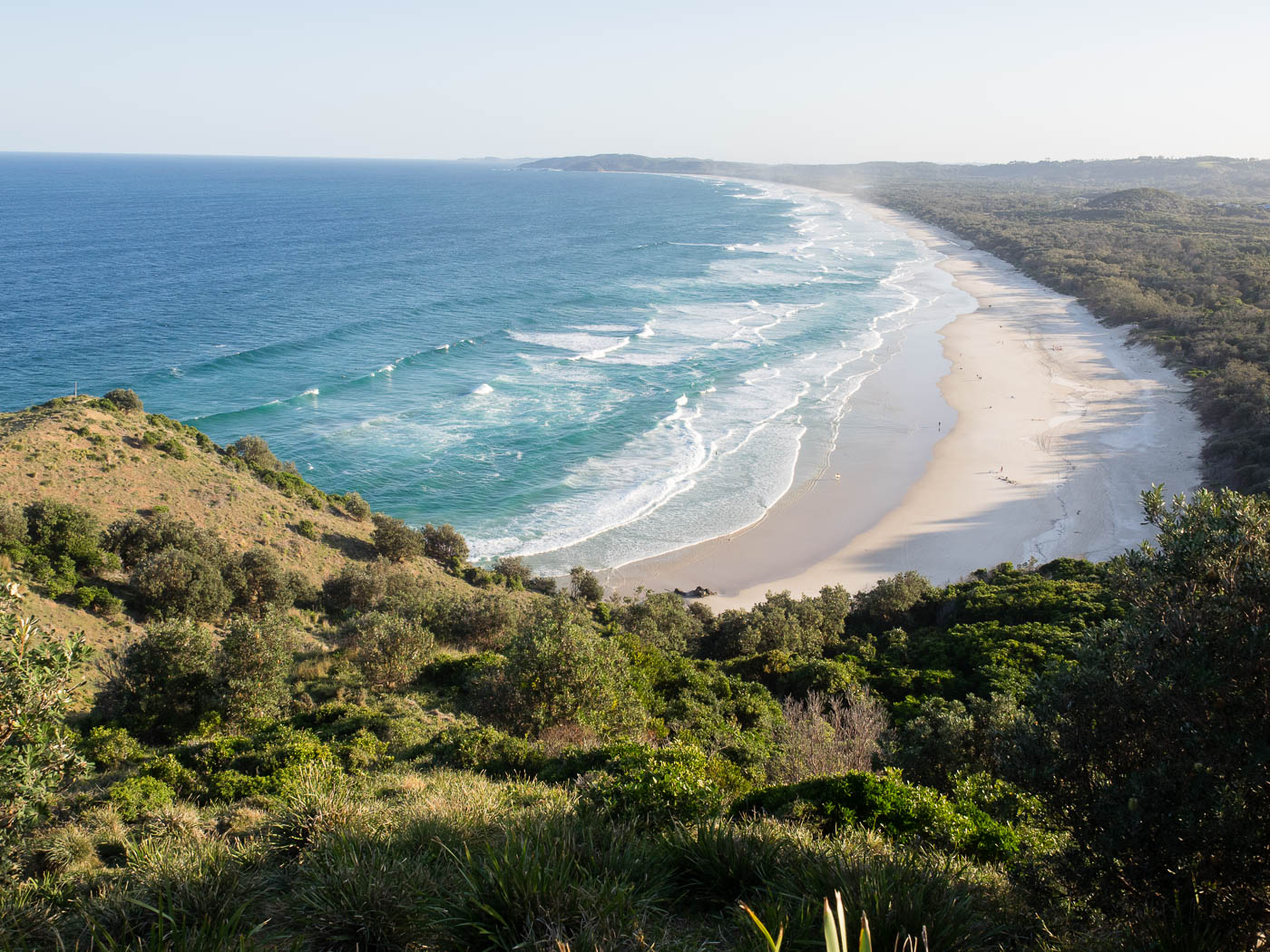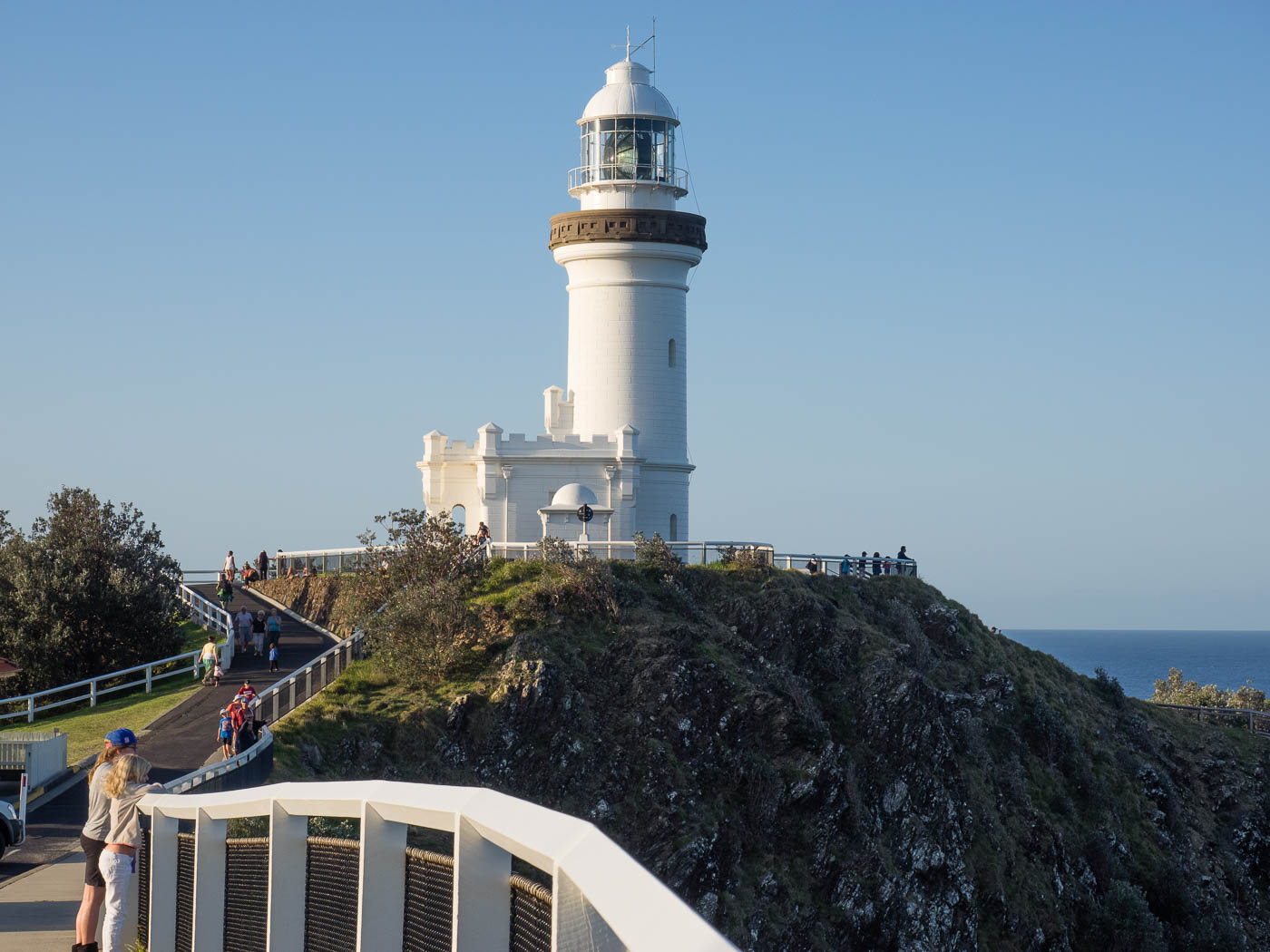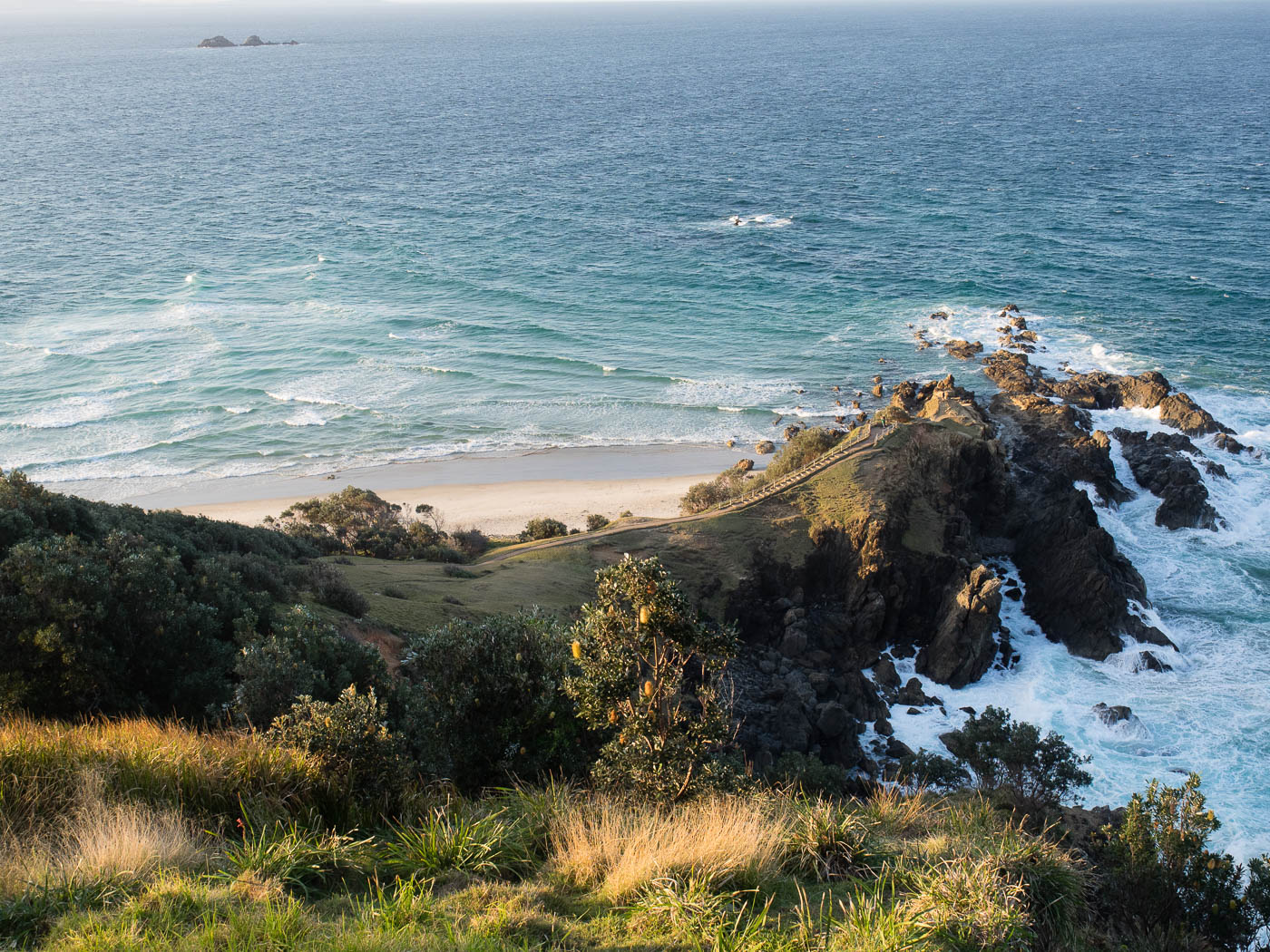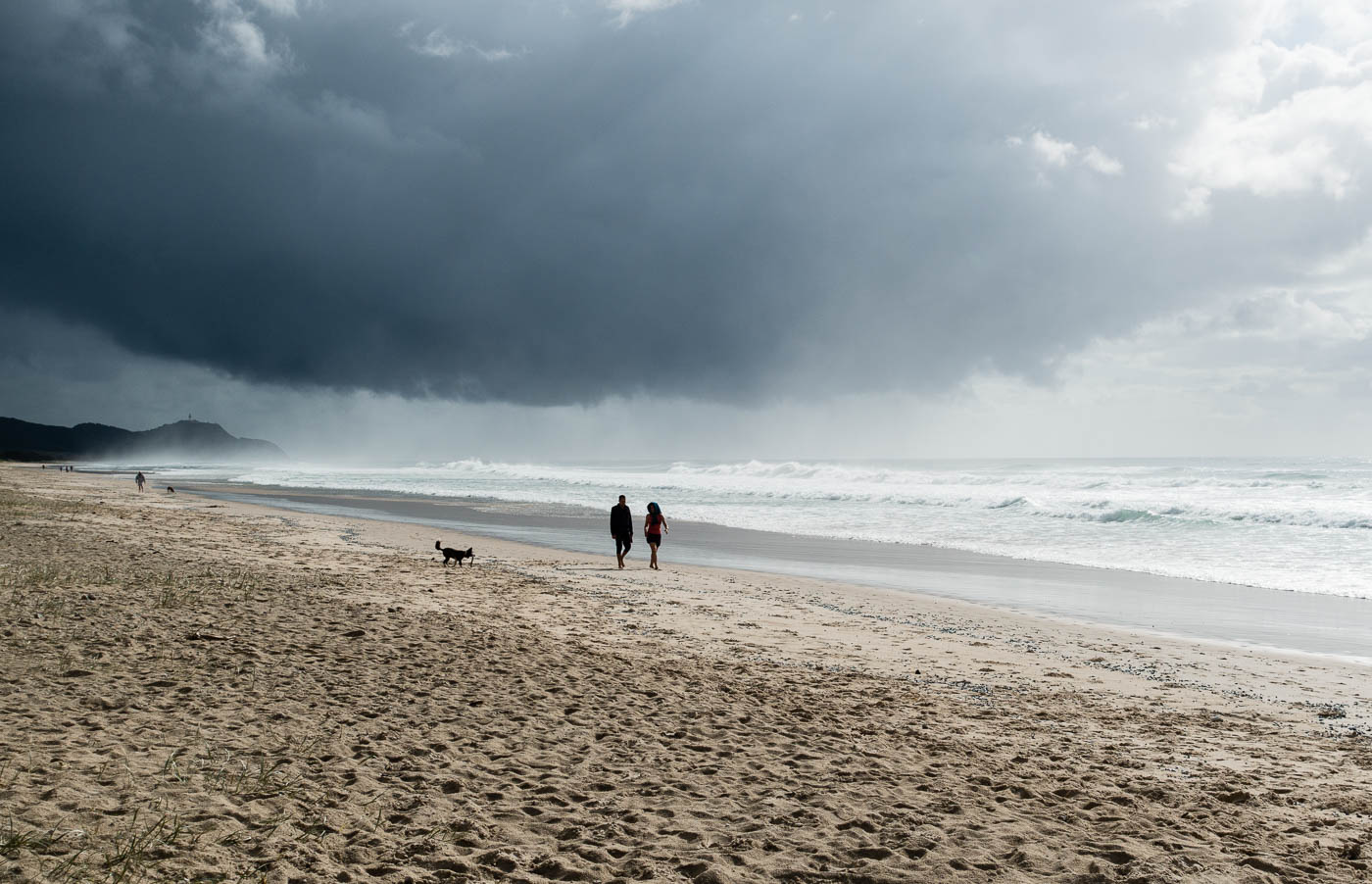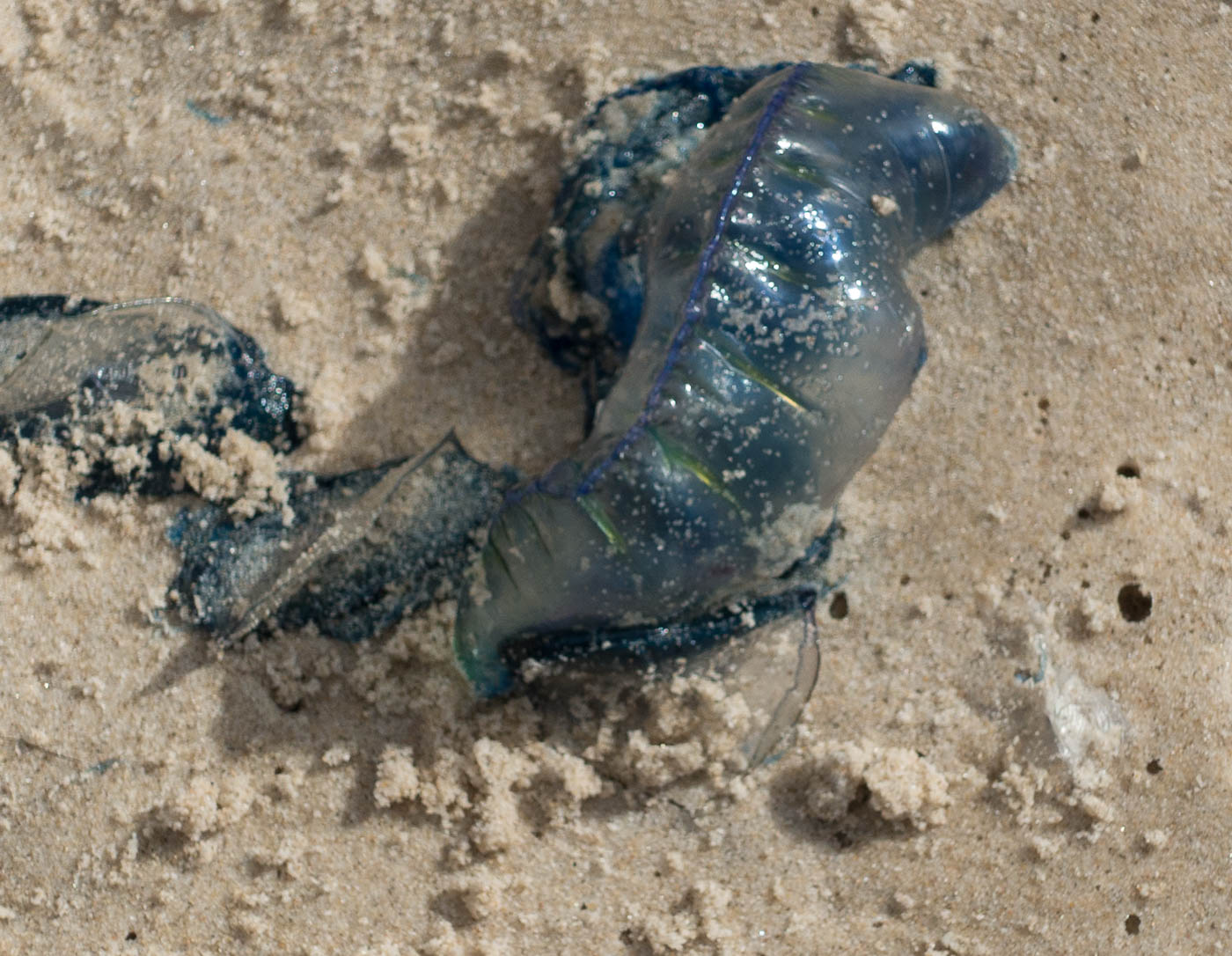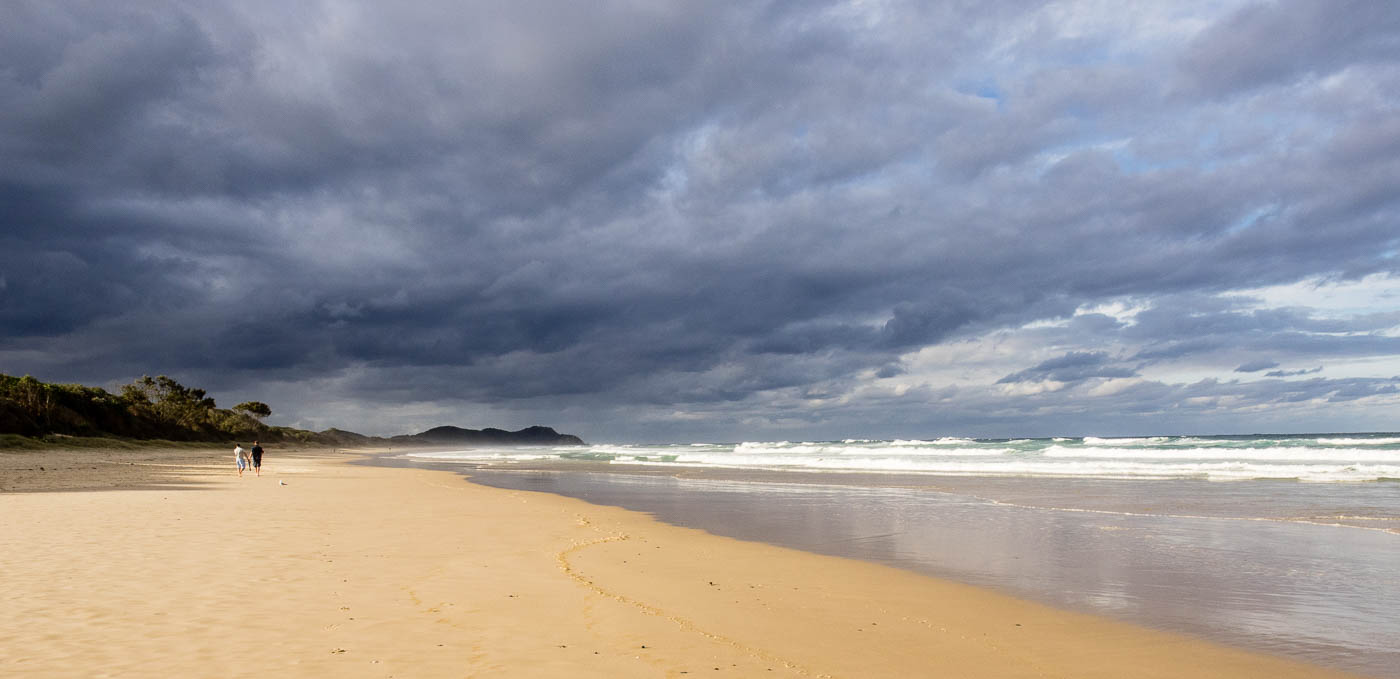I’ve just spent a couple of weeks in China, mostly exploring sanitized tourist locations, although there were occasional glimpses of raw police state reality peeking through for those willing to see it.
First, of course, there was the delight of experiencing the wonderful history of such things as the Great Wall and Terracotta warriors, sights not to be missed if you do travel to mainland China.
Then there was the smog, the slums, the all-pervasive superstition, the grinding poverty, made all the more poignant by an accompanying avarice, the lashings of conspicuous state-sponsored irony with no outlet for mockery – mass murderer Mao’s grinning visage decorating the Gate of Heavenly Peace in Tiananmen square, for example.
All of what follows is anecdotal and my personal experience so, although I think it accurately represents what is going on, others may differ.
When we arrived, I was surprised by the fact that the motorcycles and scooters were all electric: there were no gasoline powered motorbikes. The reason, I was told, is that the government is eliminating pollution by banning gas powered motorbikes. The batteries in these green machines are charged with electricity produced from smog spewing coal-fired generating stations. And the roads are clogged with cars – gasoline powered cars – if you can see them through the smog, that is.
The good news is Chinese citizens are now allowed to purchase their very own condominiums, costing, in the city, around $50,000 per square metre. The only problem is the land the condominium sits on is leased from the government and, in 70 years, will be reclaimed, along with the condominium, by the government. The ultimate inheritance tax.
I saw some of the grinding poverty I mentioned above, but not, I suspect, the worst of it. The Chinese middle class (and you thought communism was classless – remember, some animals are more equal than others) live in what we would regard as slums. Multiple families crammed into a unit, communal toilets, minimal privacy, dirt, the pervasive smell of urine, noisy, damp and cold – but each entitled to a green electric scooter.
One person I talked to mentioned that he was shocked that Europeans and North Americans take delight in ridiculing their governments; “we trust our government”, he declared proudly. I assume this was for the benefit of a hidden microphone. Another person – a mother – told a story of a school class where the children were expected to take school trips, something for which the teachers were paid extra. A mother whose children took frequent trips because she was a travel agent declined the offer and was told by the teacher – whose income would be reduced by the absence of the child – that the child would “be treated meanly” if she did not come on the trip.
The omnipresent superstition was both irritating and oppressive. Although Christianity is growing in strength, Buddhism is the still prevailing religion. I visited a number of Buddhist temples and was greeted with the sight of people bowing down before idols. I had a cursory acquaintance with Buddhist beliefs before I arrived in China but, after being accosted by the image of literal idol worship, I decided to look into it a little further. One of the convincing things about Christianity is that once you accept a few basic tenets, the whole edifice hangs together logically. Not so for Buddhism: it is utterly incoherent The goal is to divest oneself of desire thereby removing suffering, reach nirvana, cancelling the cycle of rebirth – Buddhists believe in reincarnation (since the population is increasing, where do all the new people come from?) – and enter a state of non self-awareness: become nothing. No transcendent God, no transcendence at all, no Creator, no gift of salvation, no explanation of why the universe exists or why we are here, no hope really, just ancestor worship, a desire for obliteration and – Karma. Karma plays a large role in everyday life: what you do comes back to haunt you and that determines your luck. Much store is placed in the concept of luck, particularly financial luck. Rub a Buddha statue’s belly, to bring good luck and prosperity; a dragon statue typically has an open mouth to attract money, so place it in your window to become wealthy. This is a place where fortune cookies are taken seriously. Were I not a Christian, I would have come away with the impression that Buddhism makes a compelling case for atheism.
China has embraced capitalism. Or, more accurately, I think, it has adopted all the worst aspects of capitalism and purged any of its roots or benefits. I am tempted to call it capitalism lite but it is actually capitalism dark.
This photo of an advertisement in a shopping mall sums up the prevailing attitude in China, another failed utopia, whose unfortunate inhabitants pine for this for their children:
